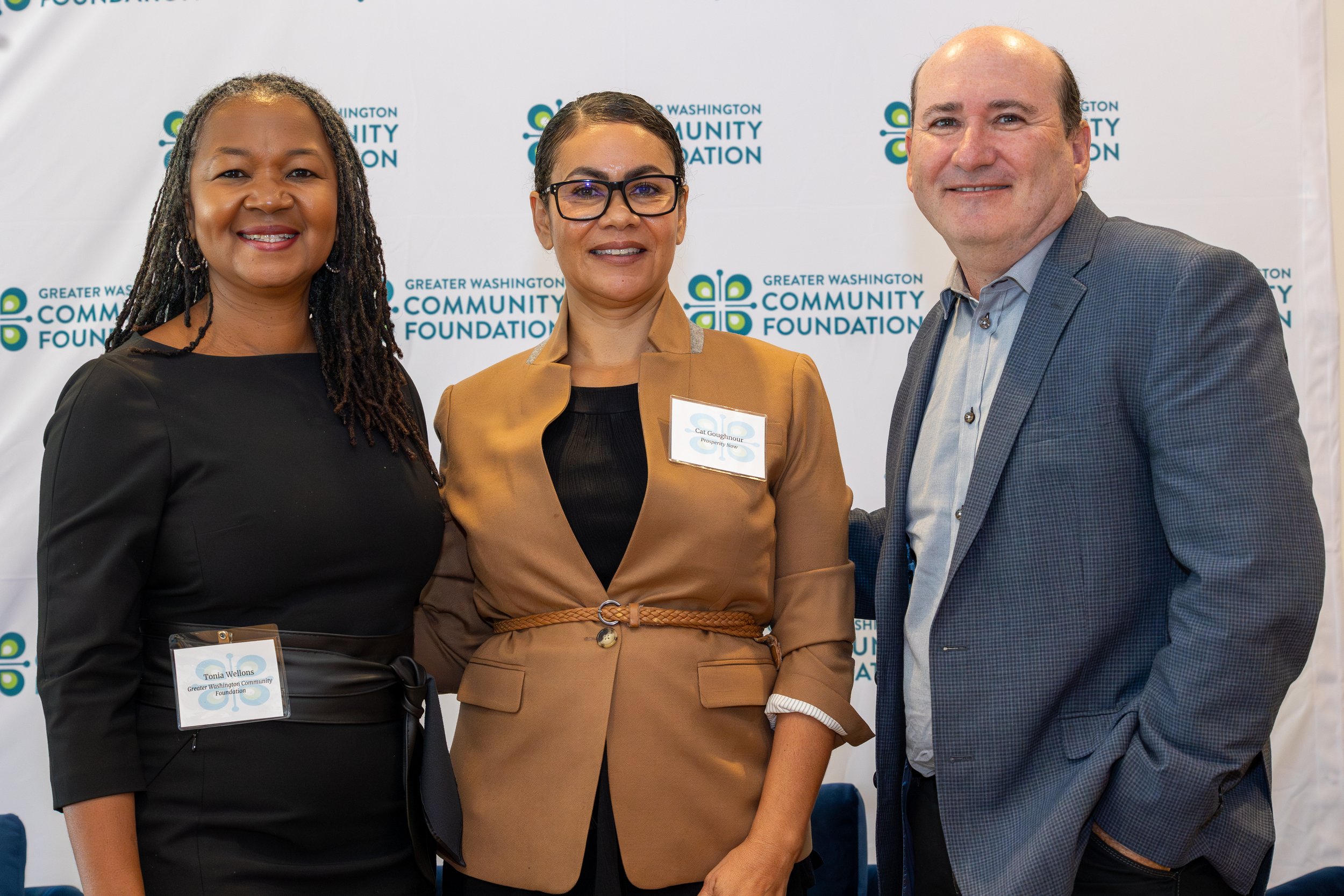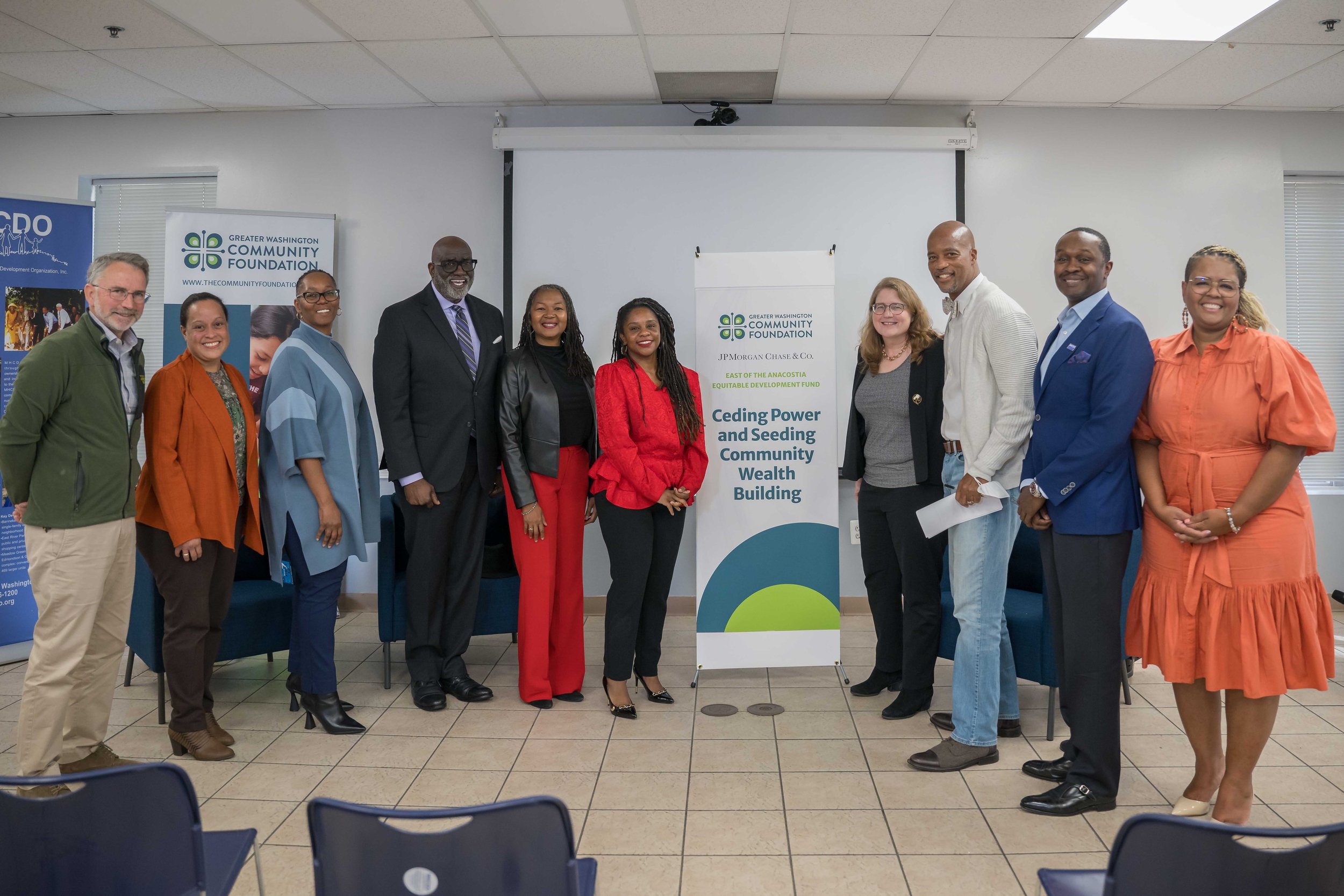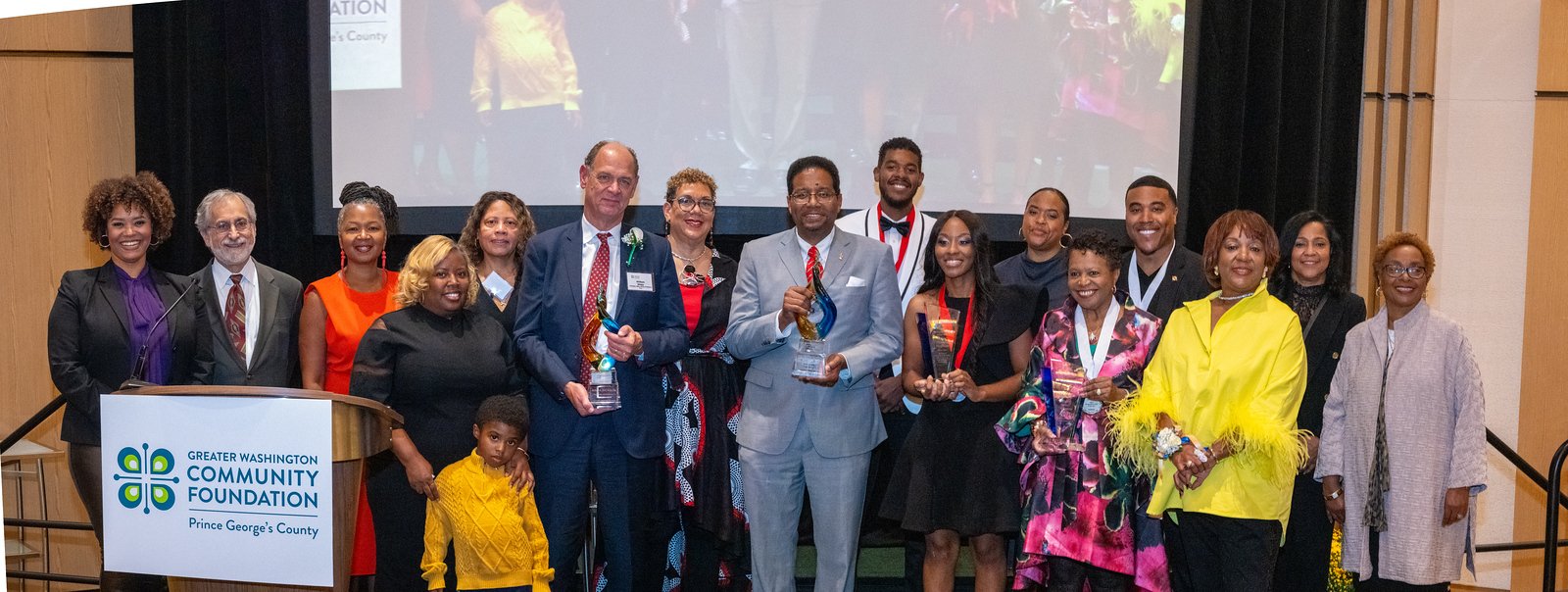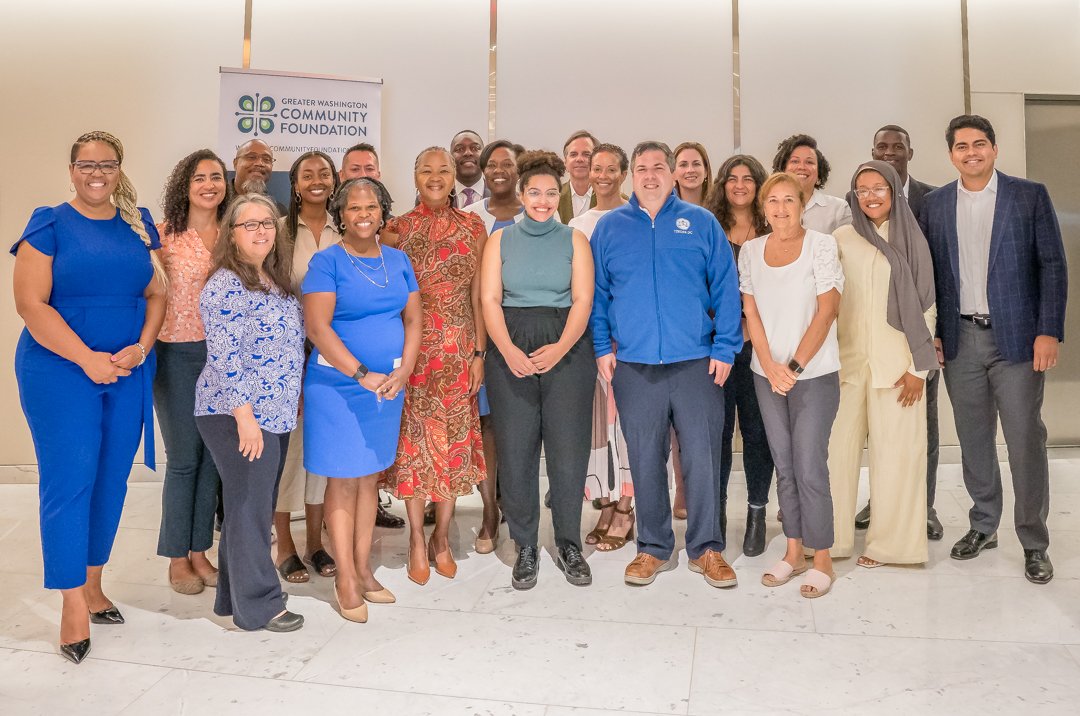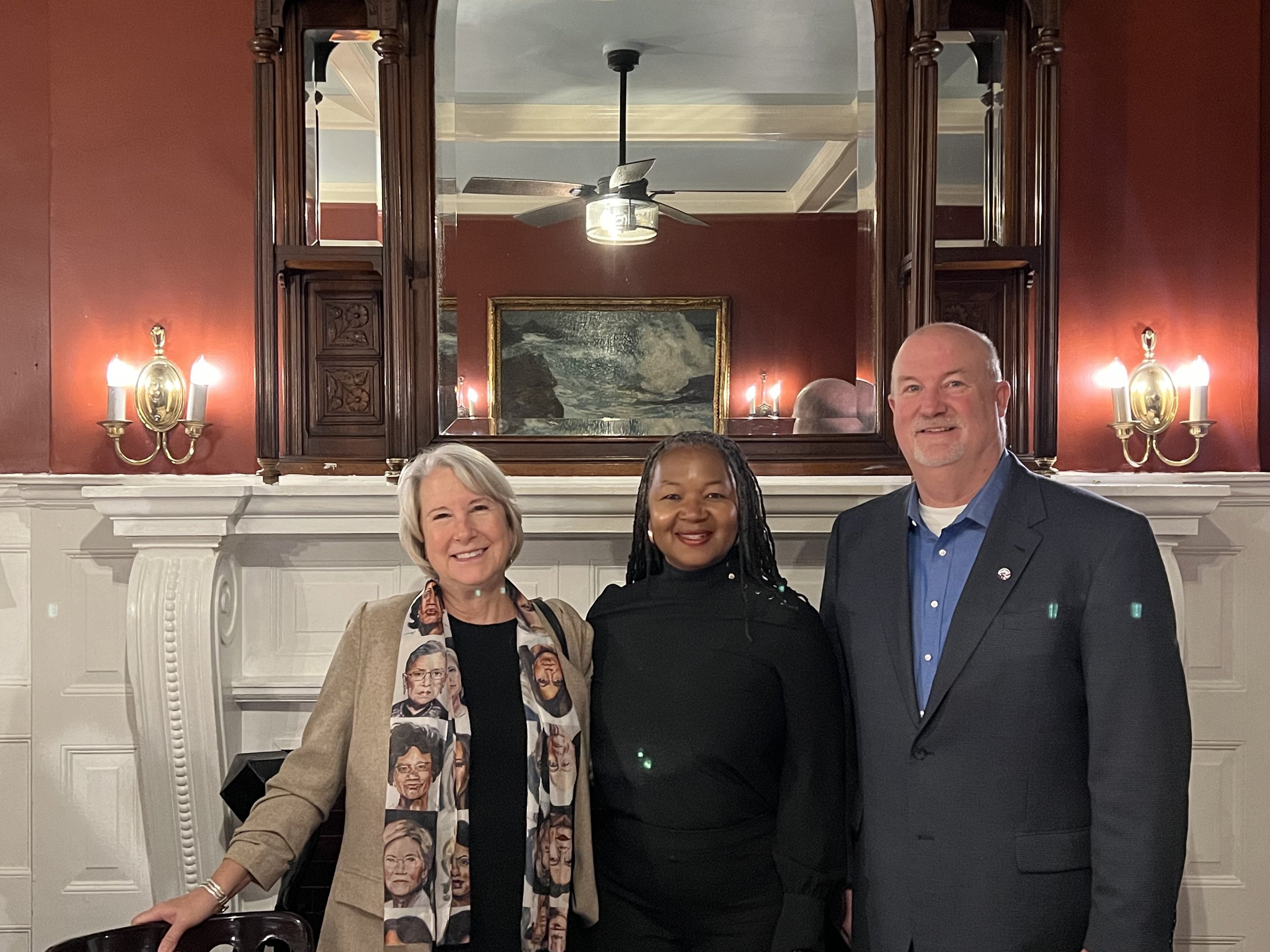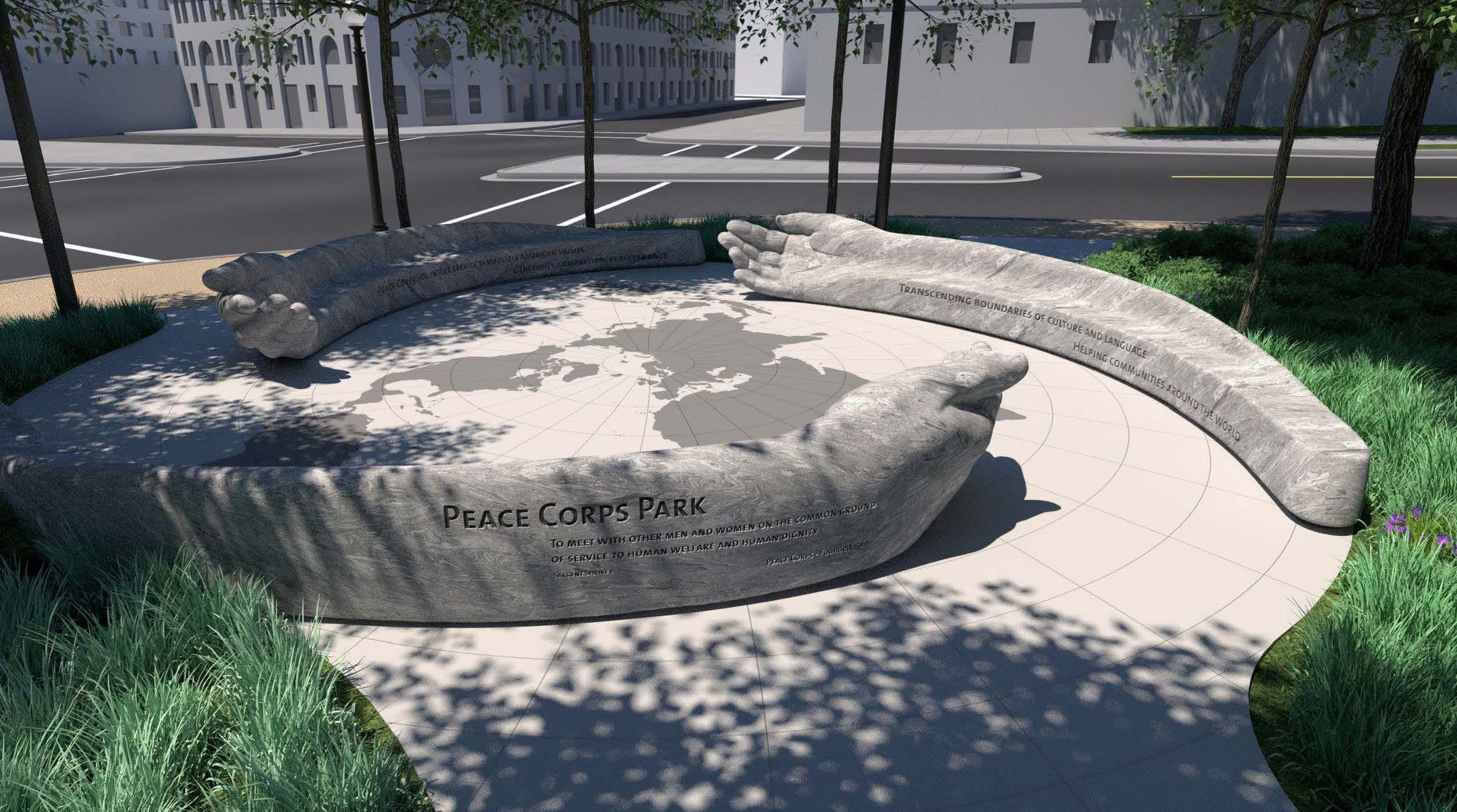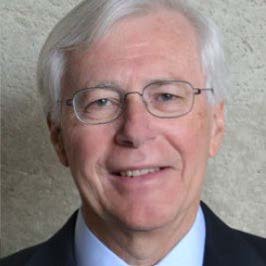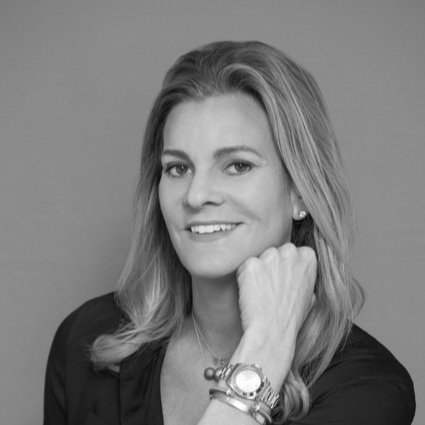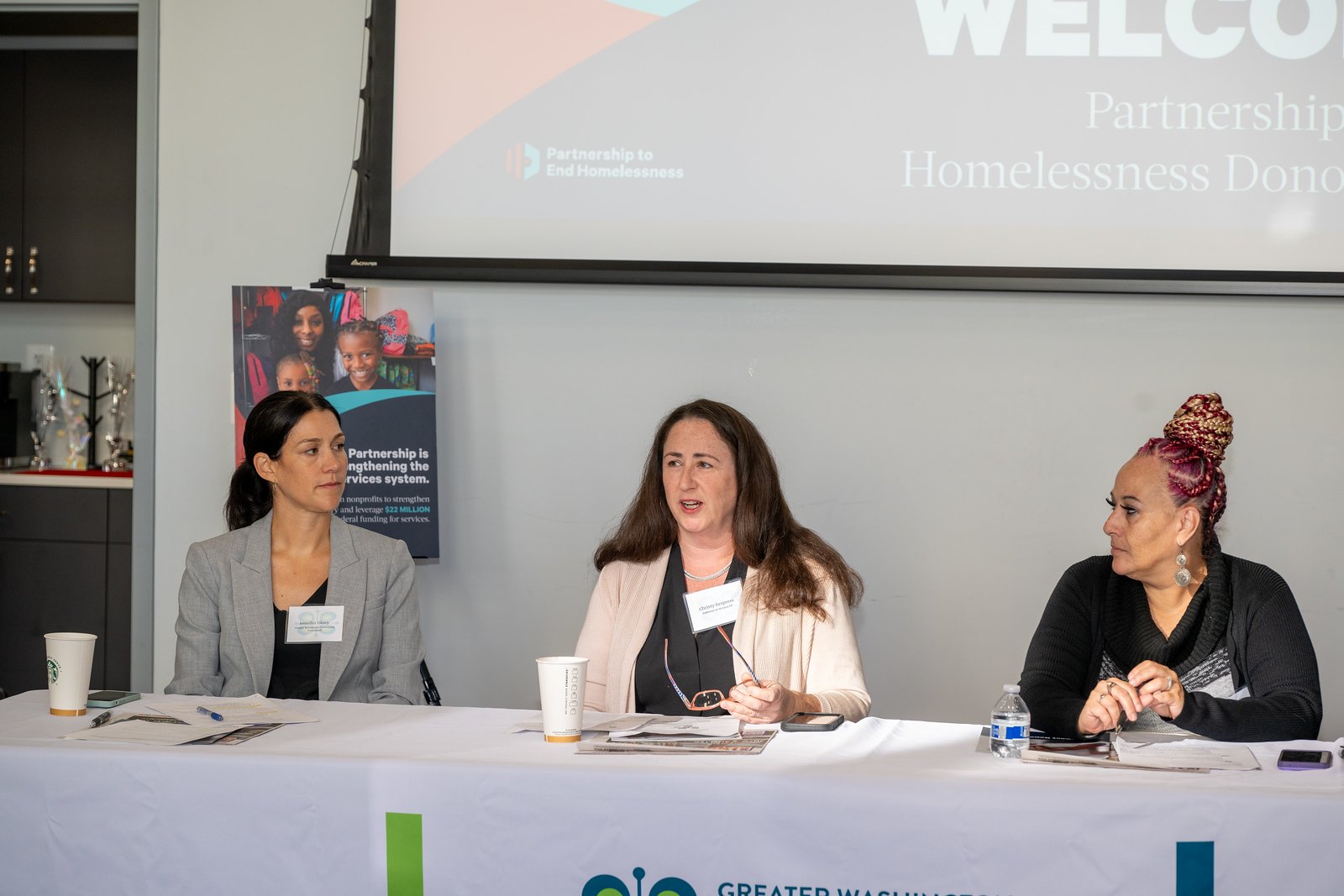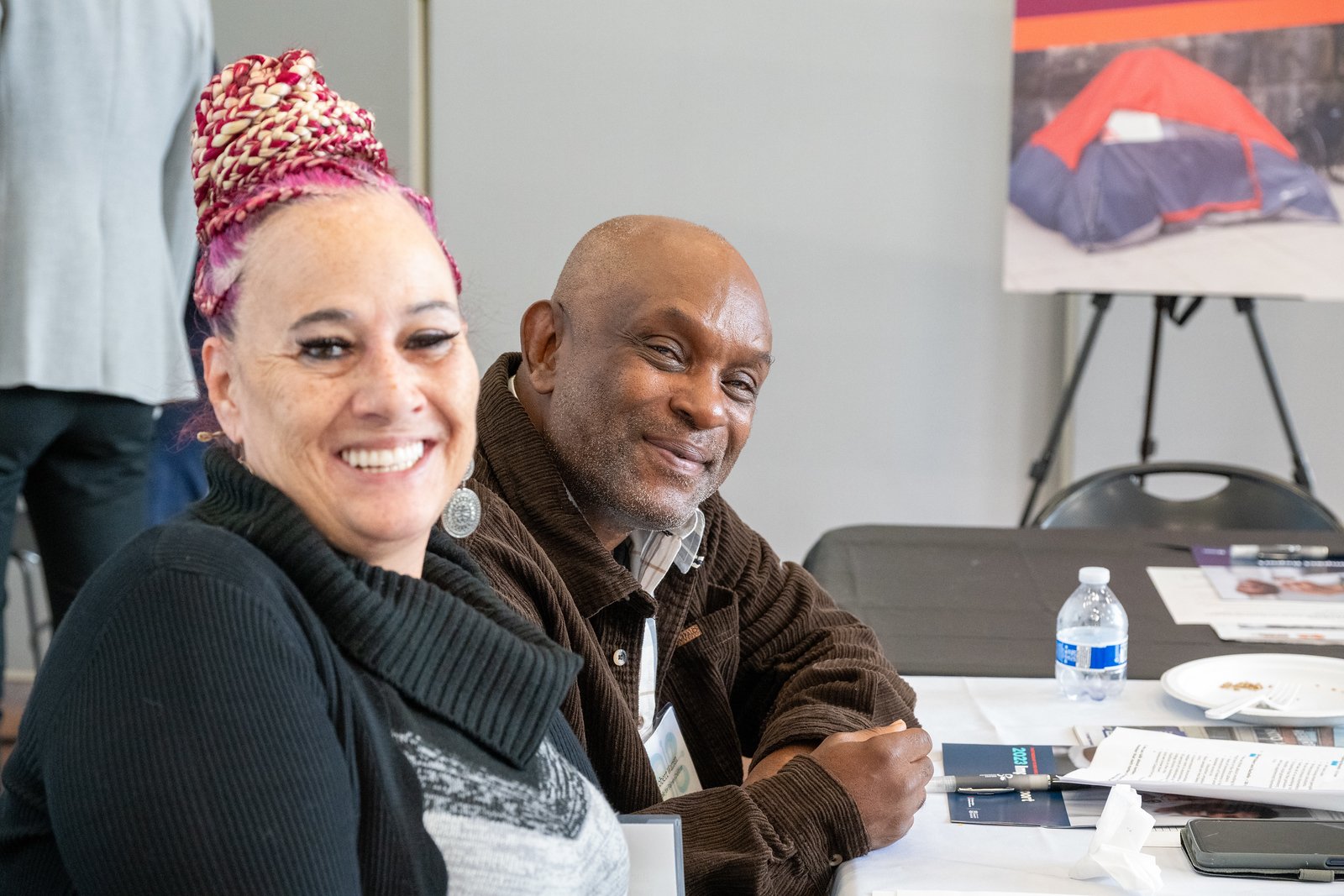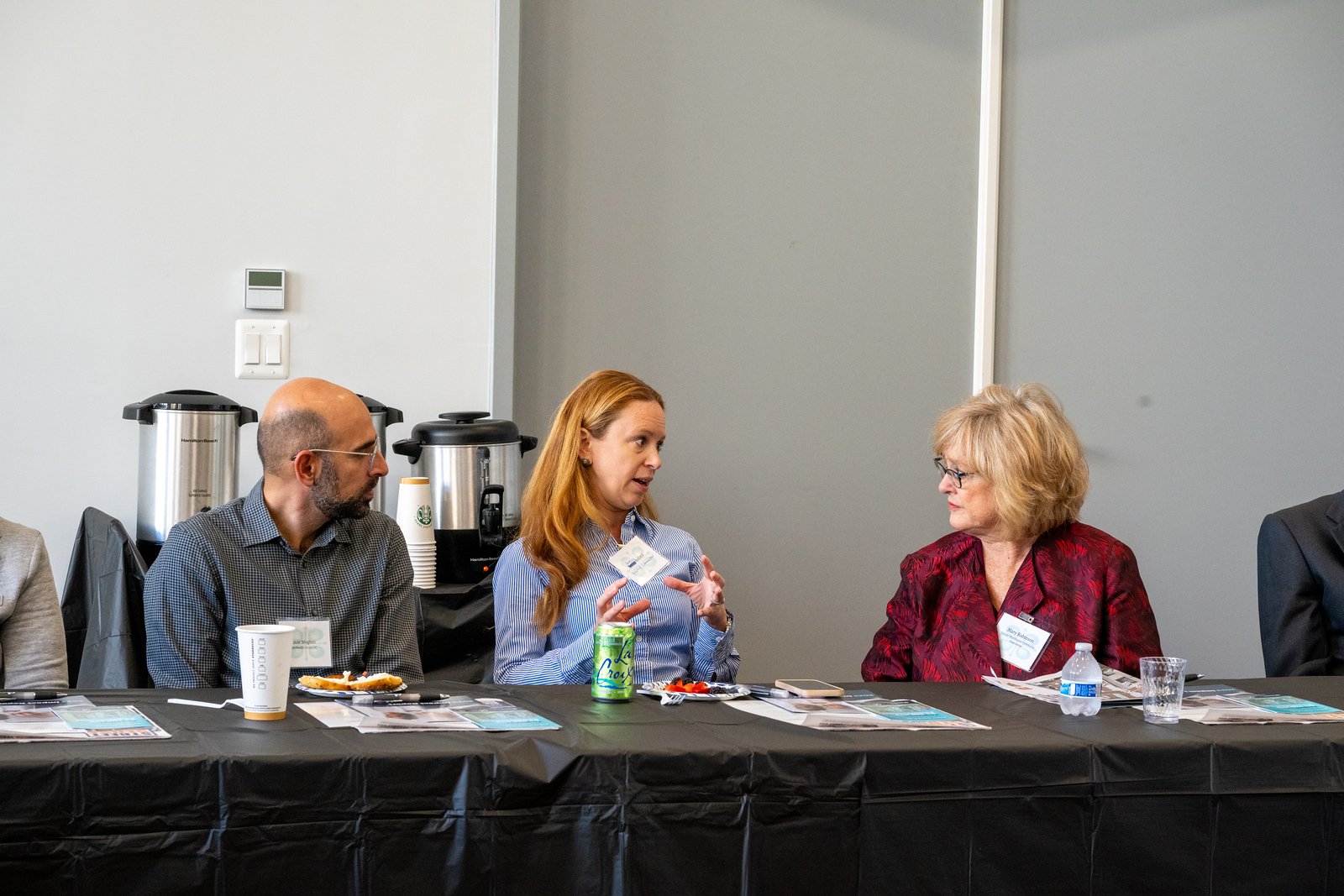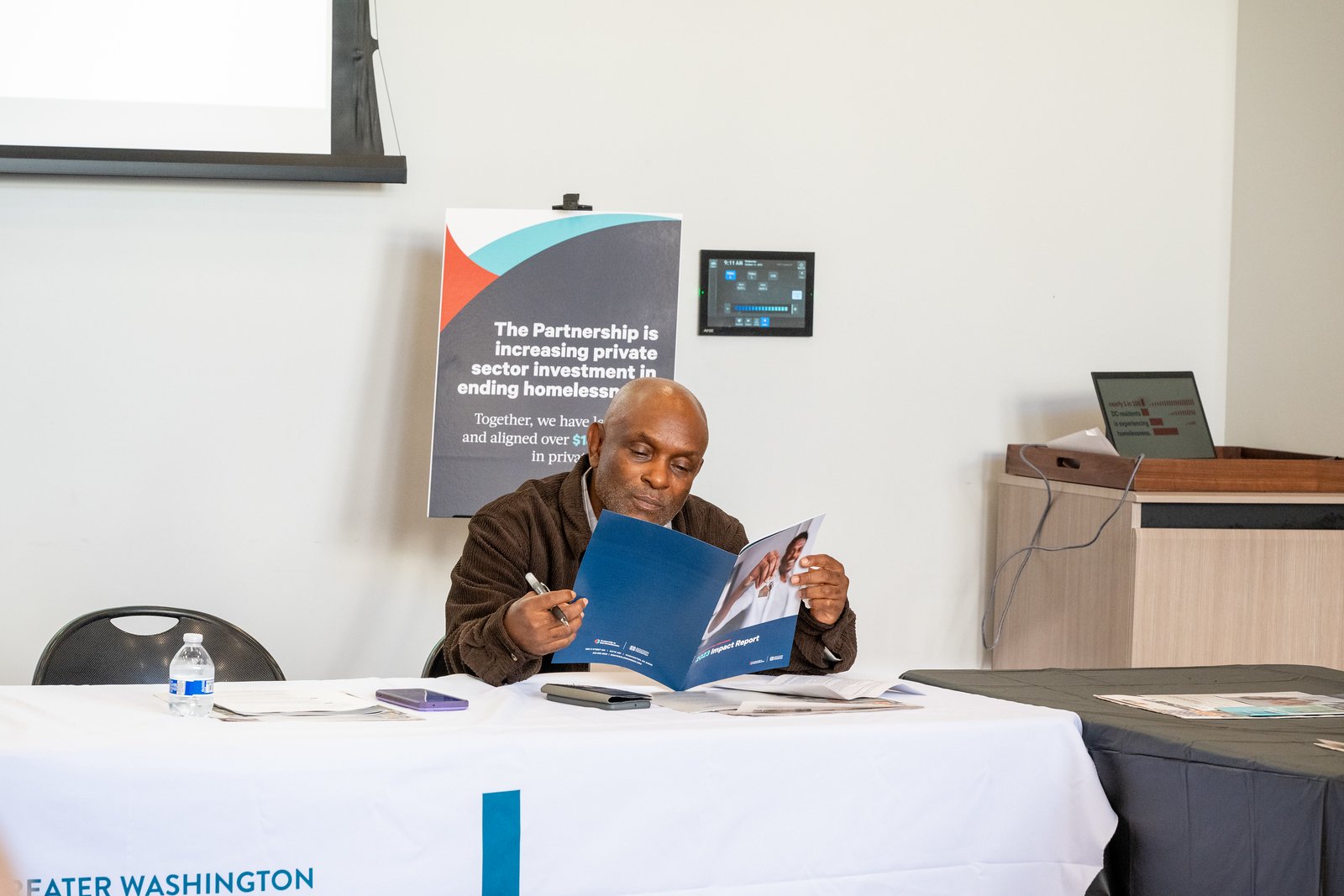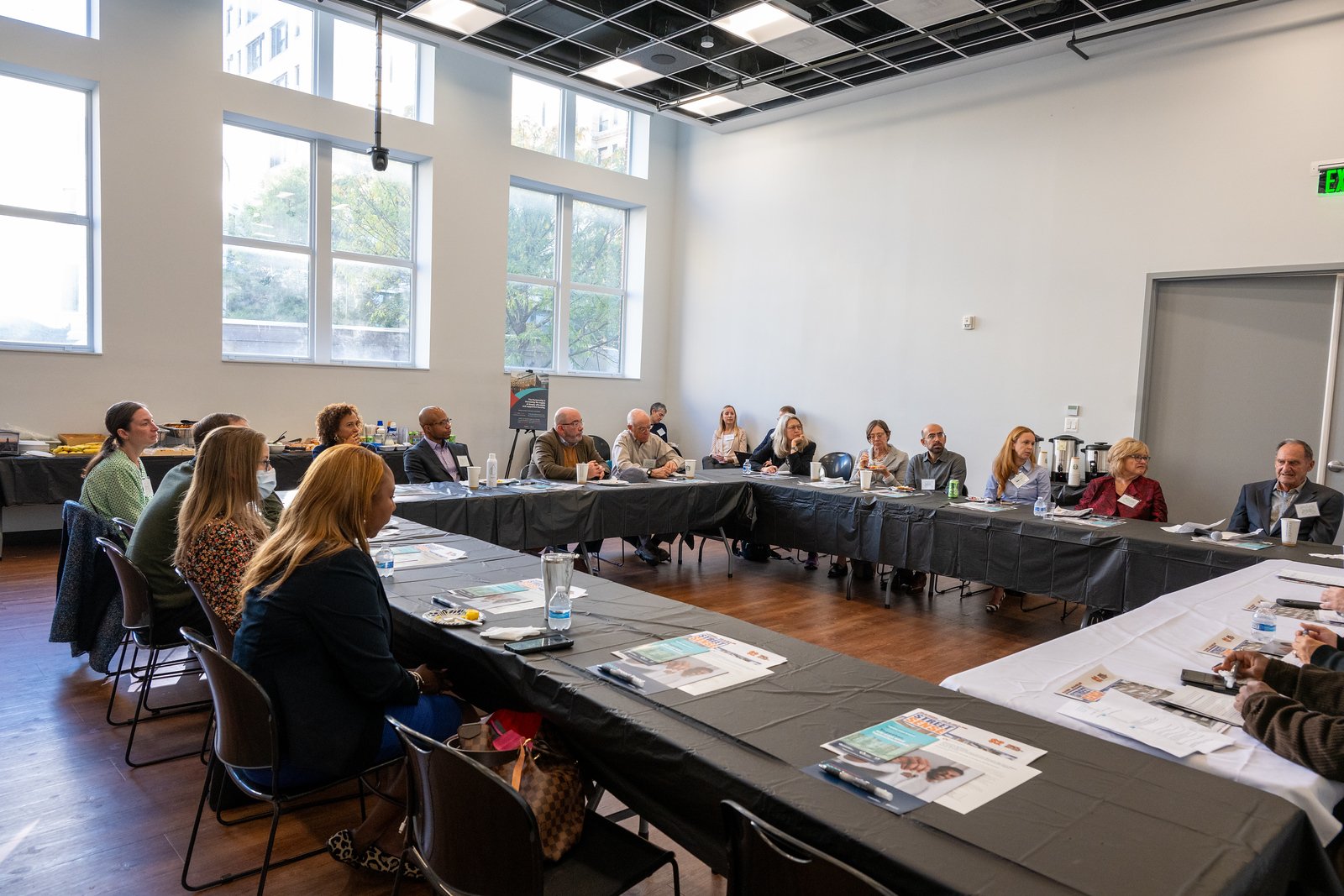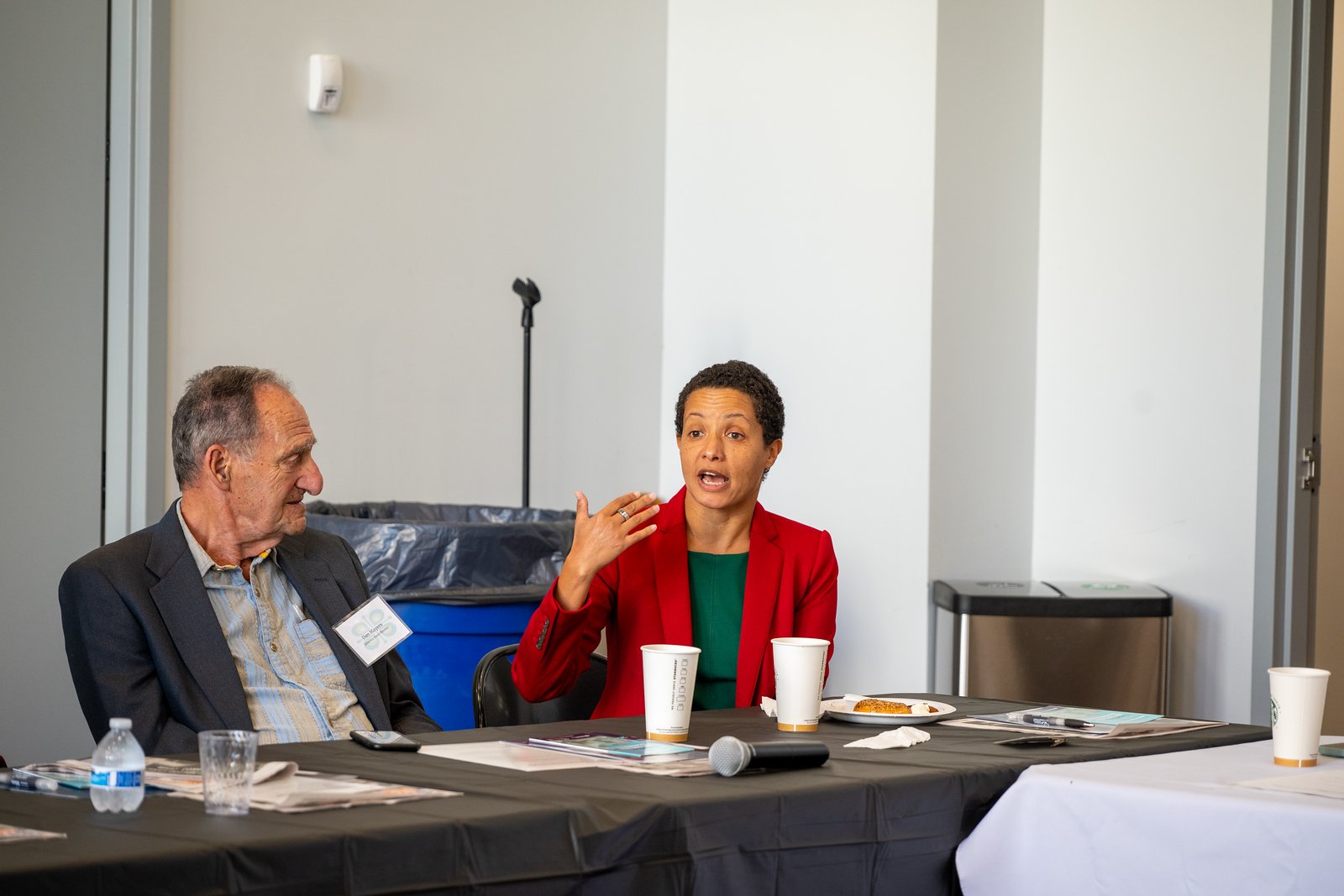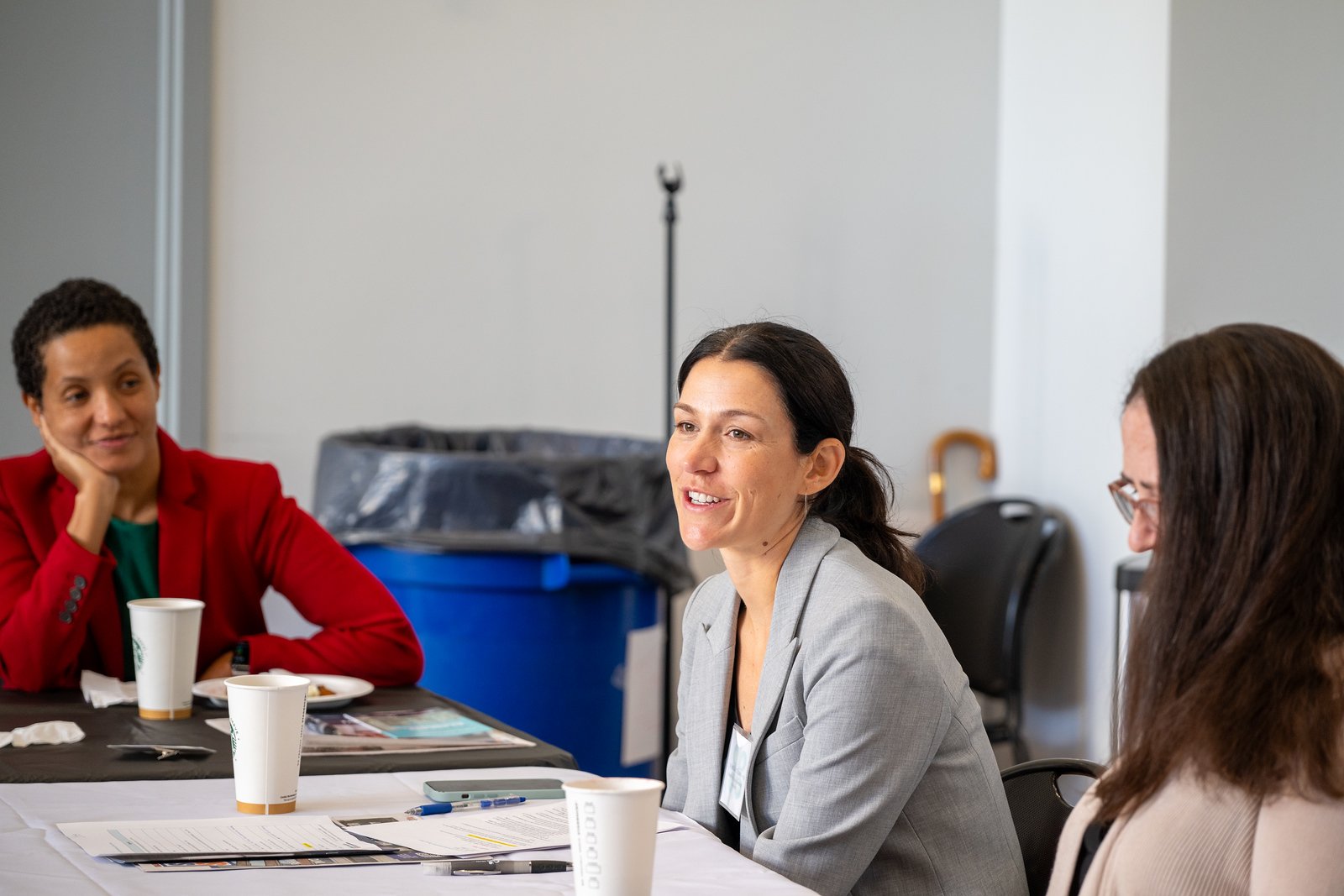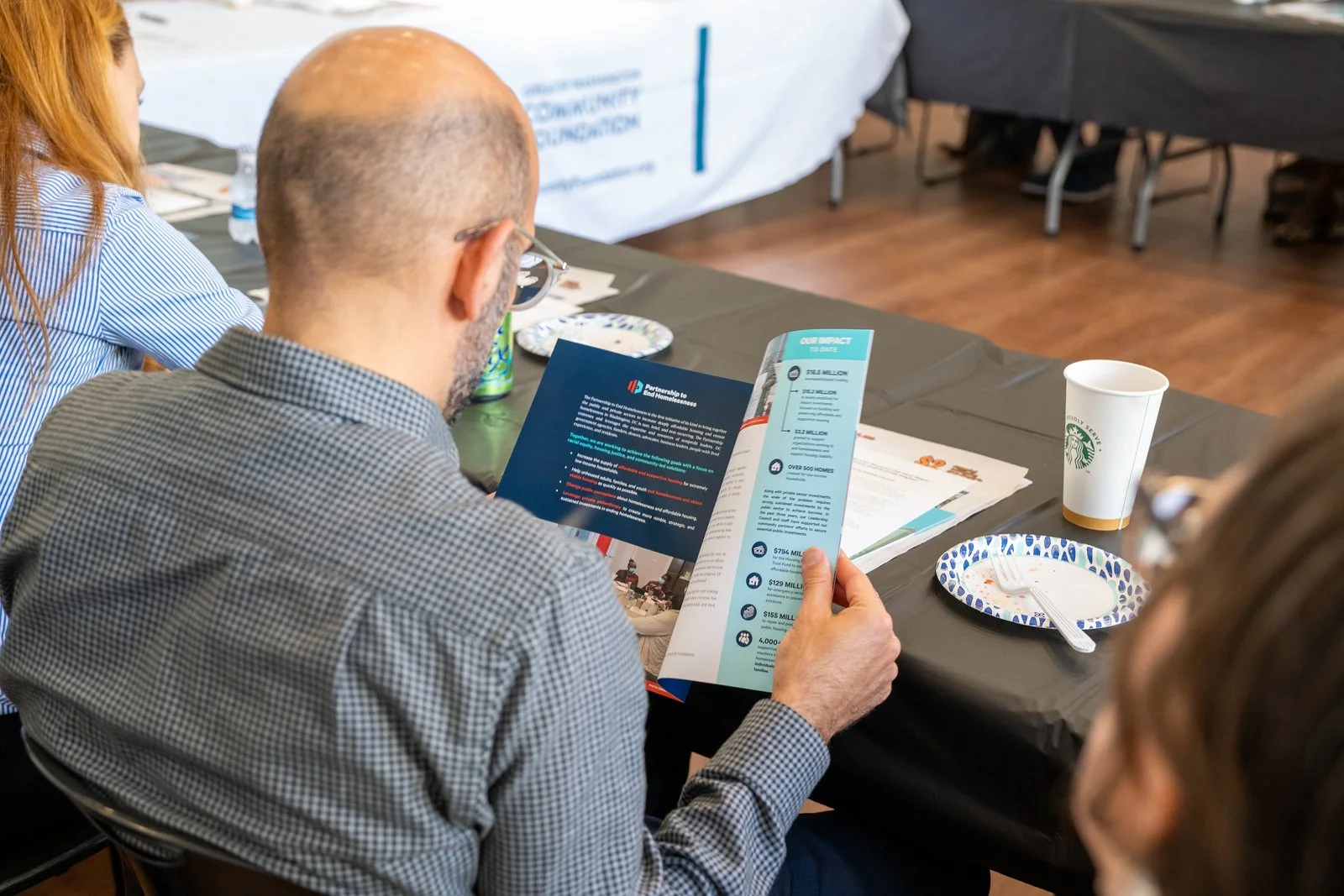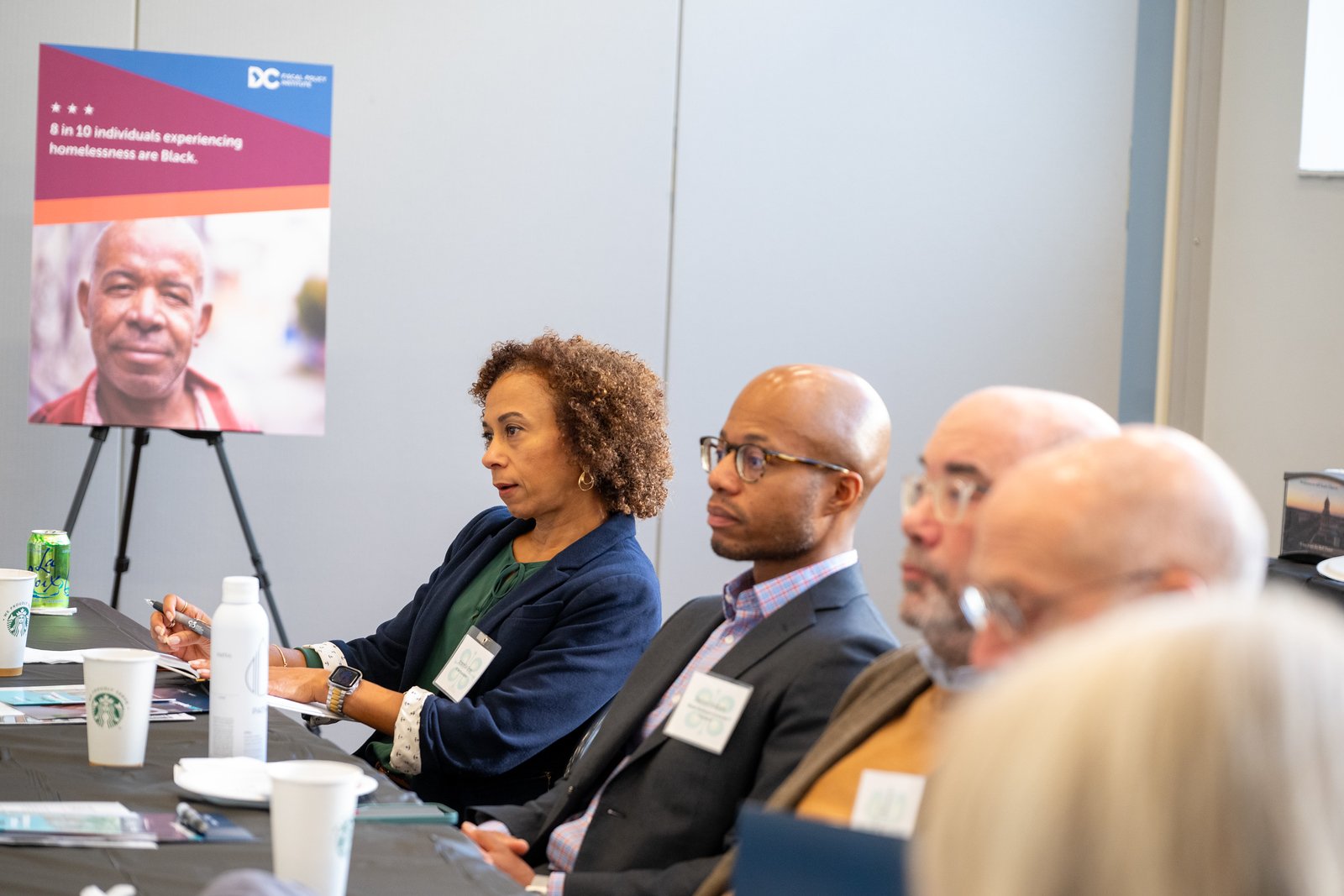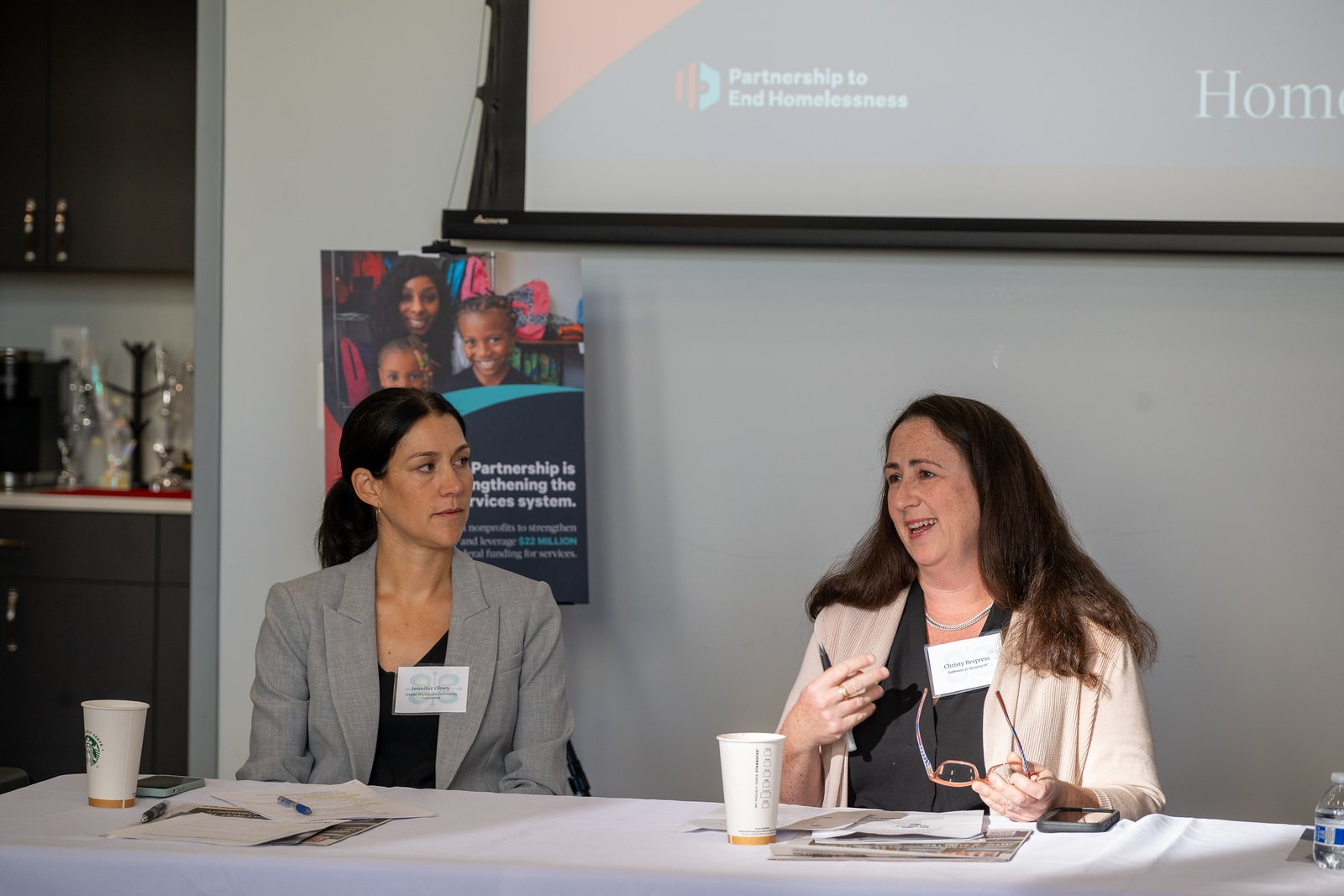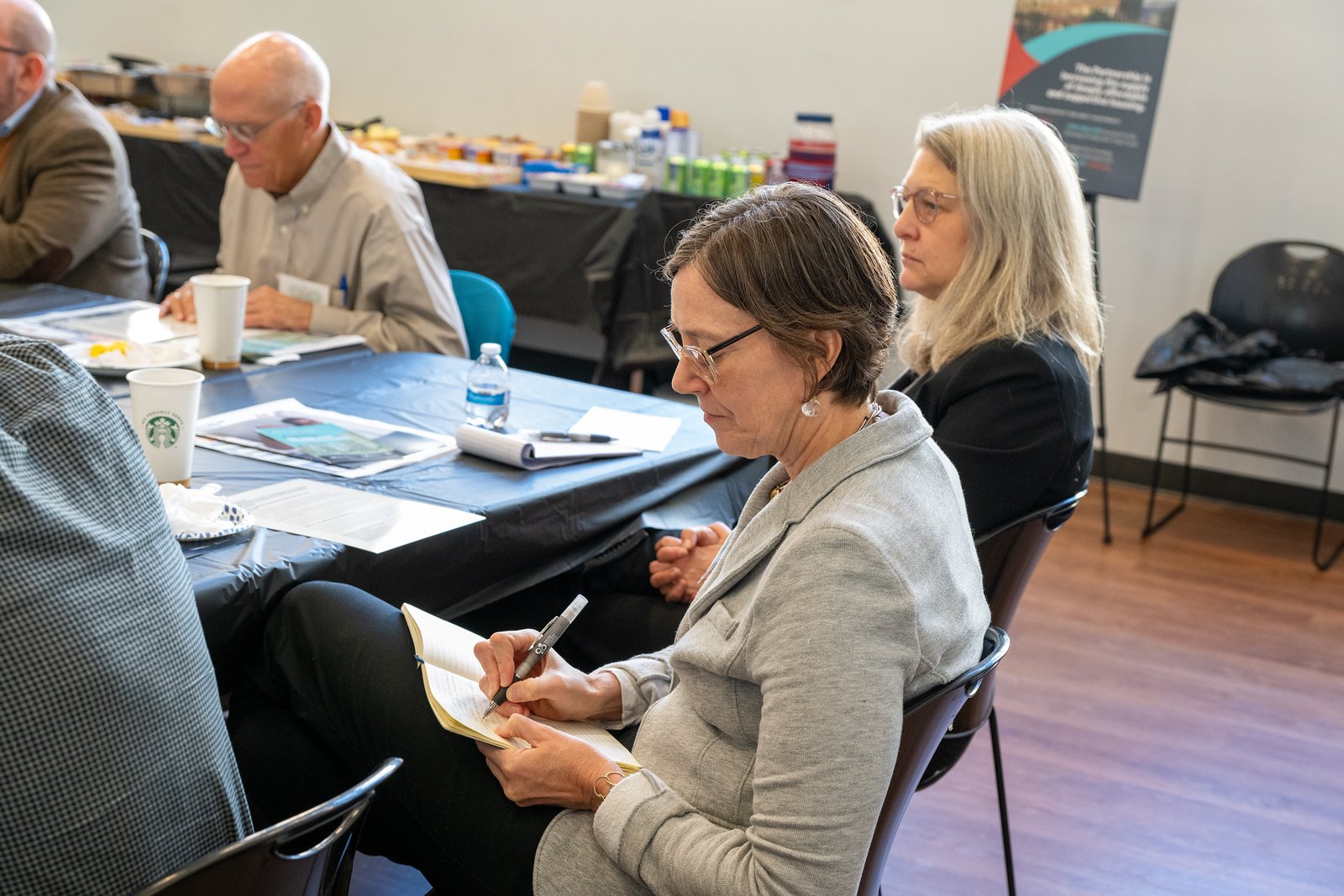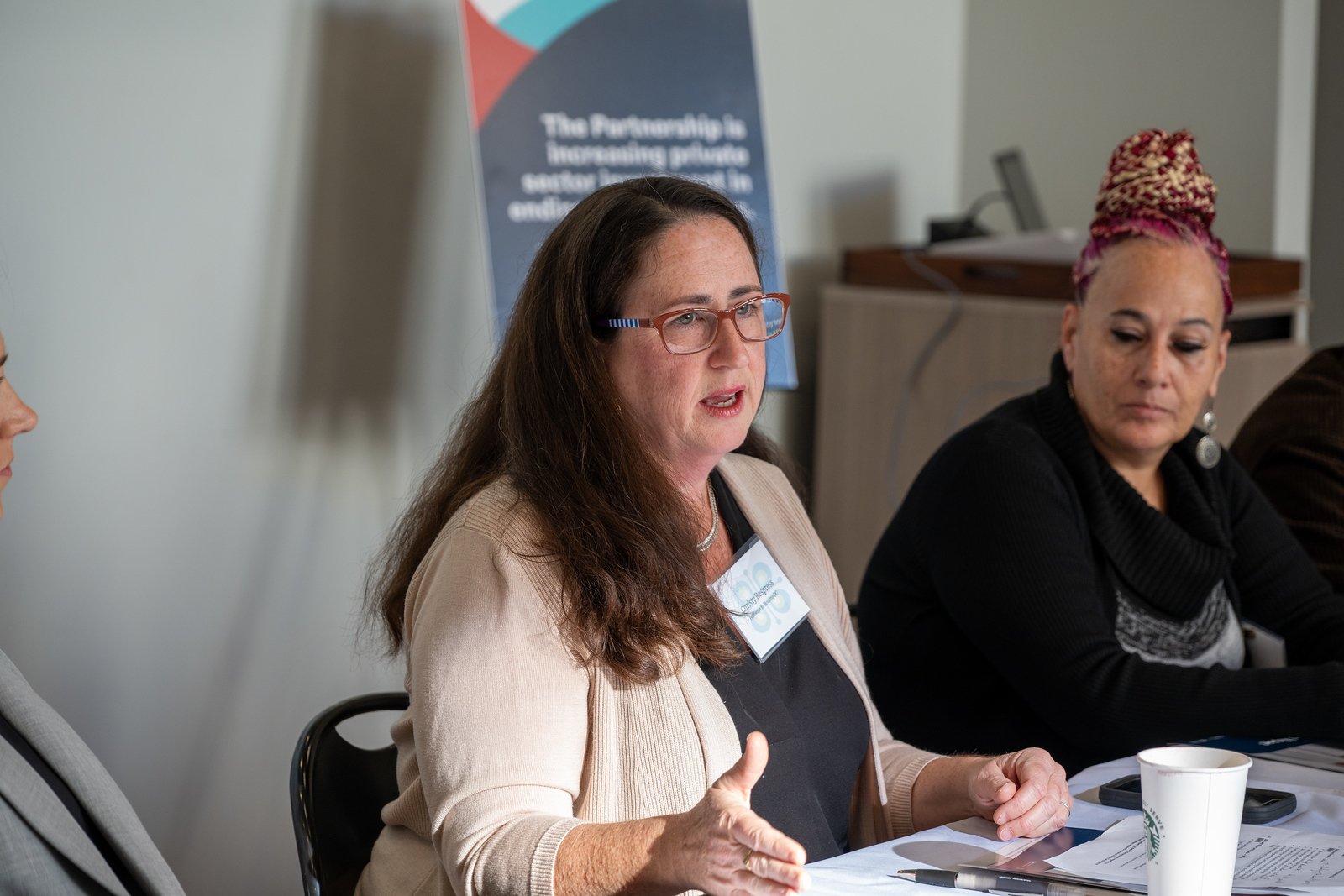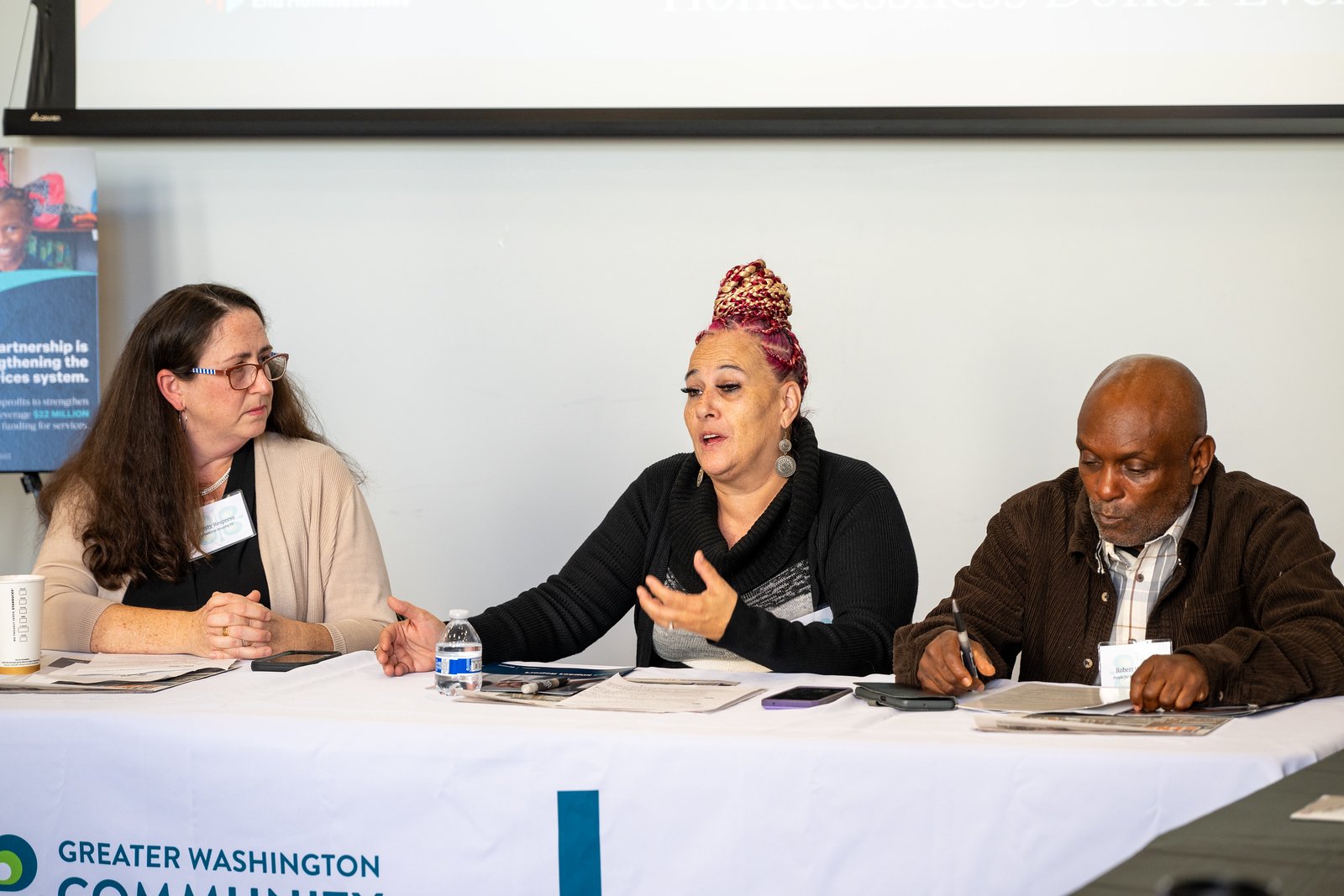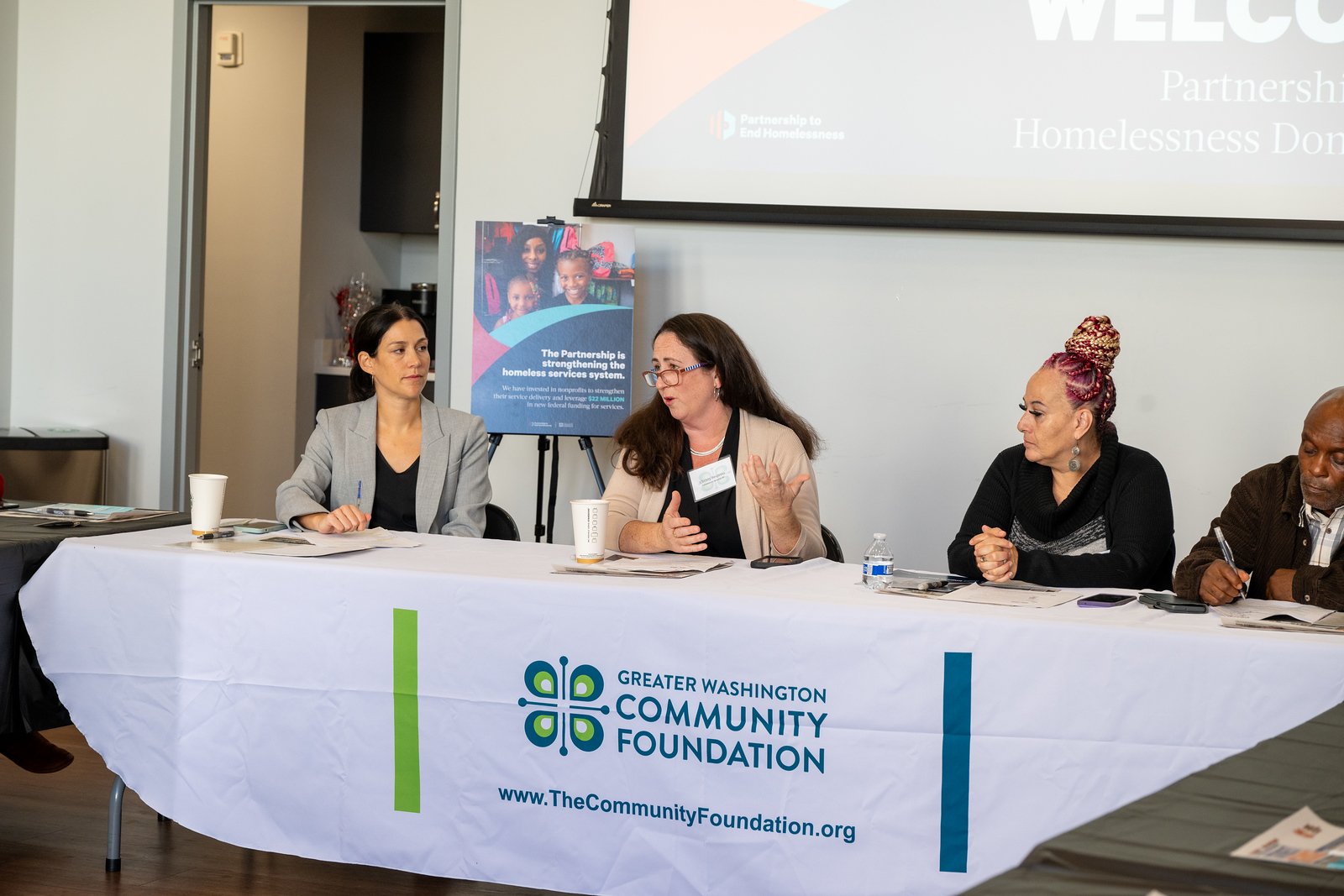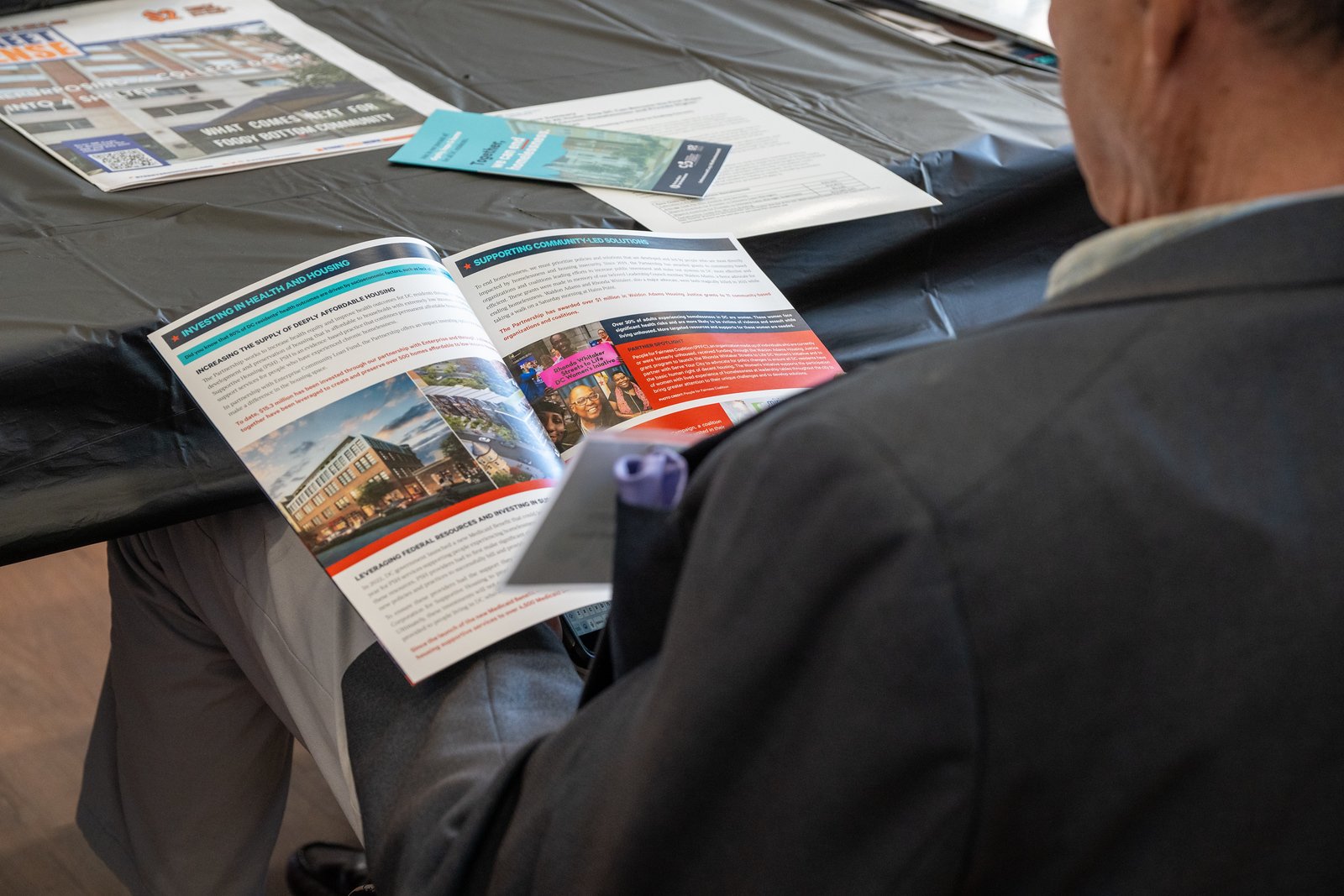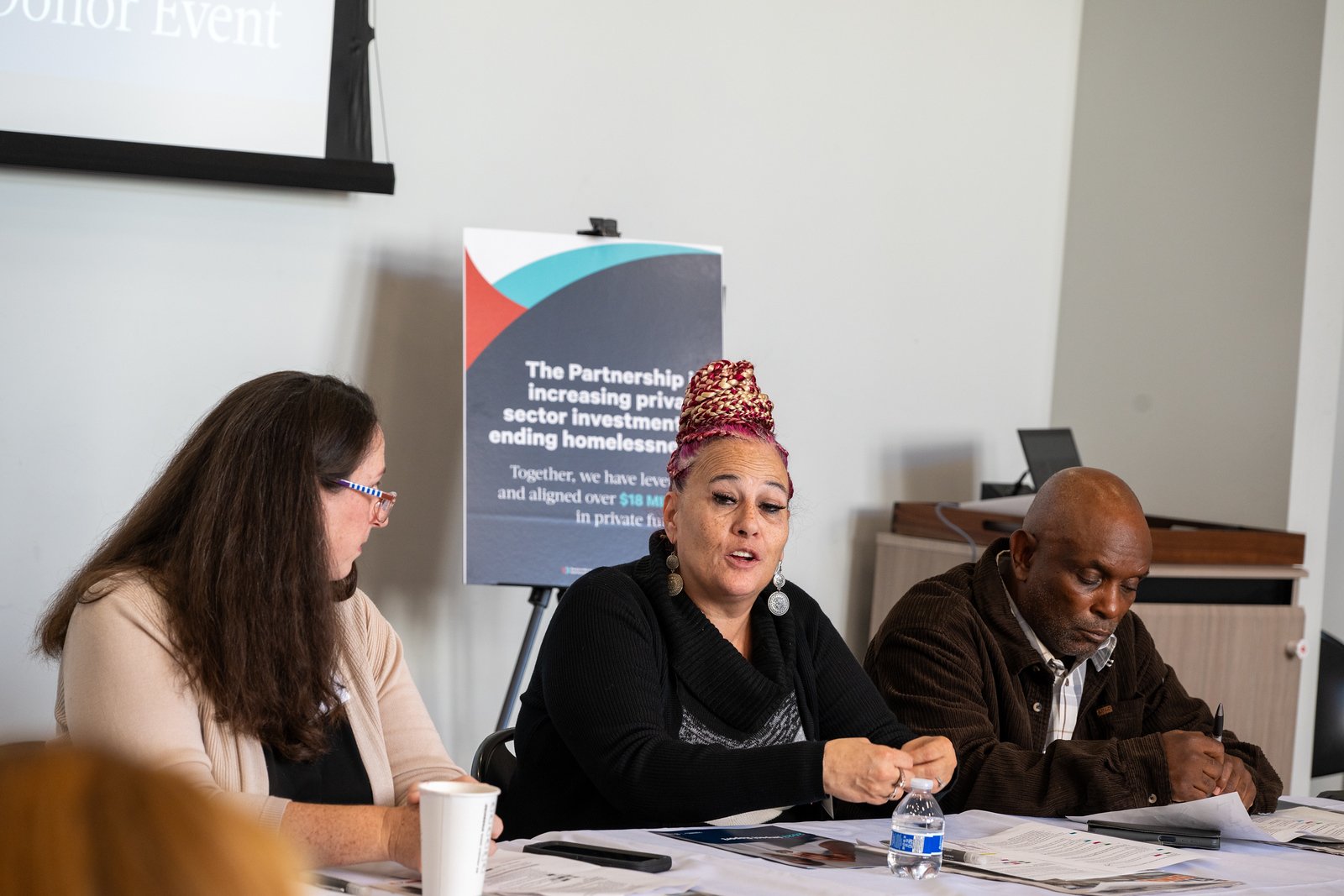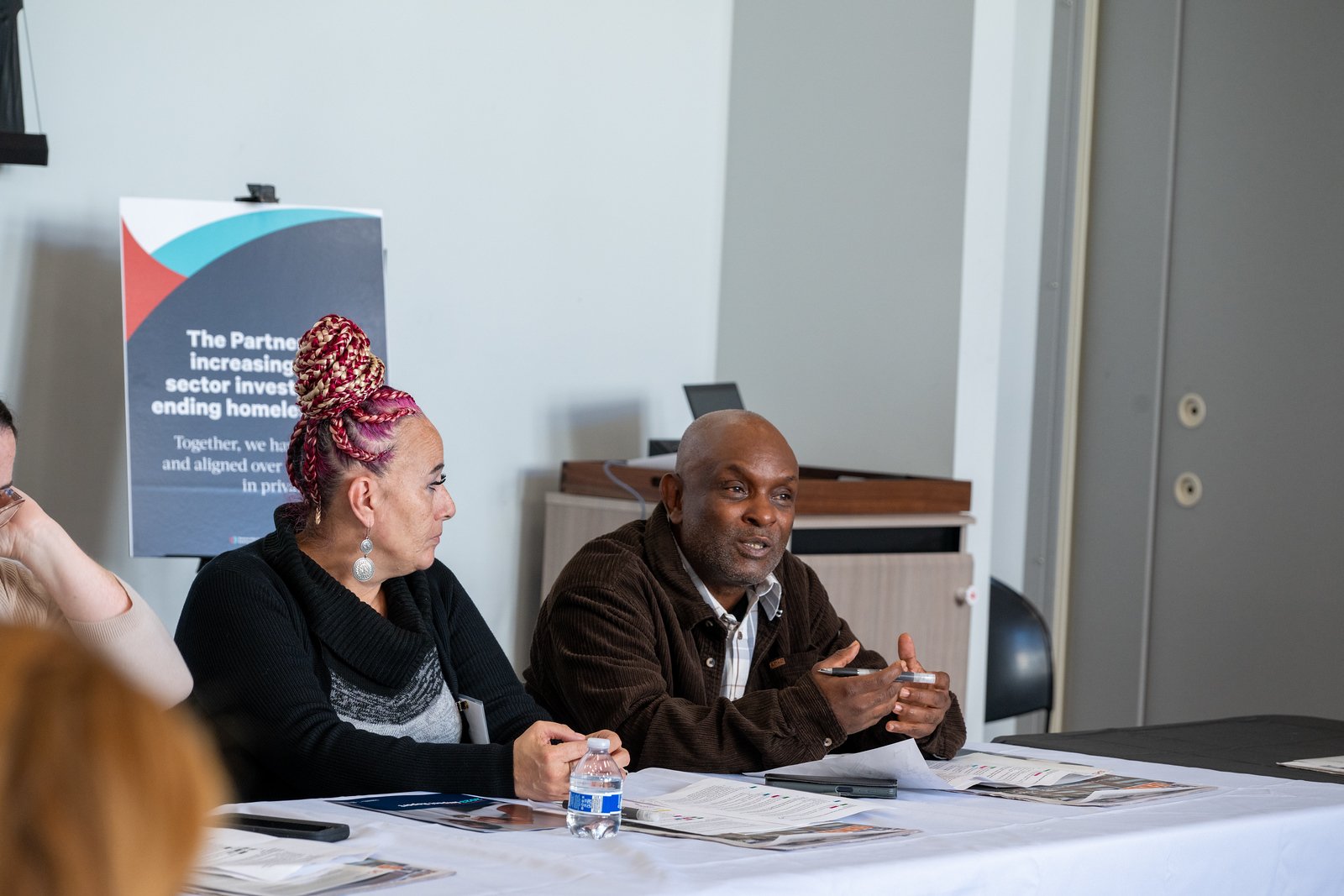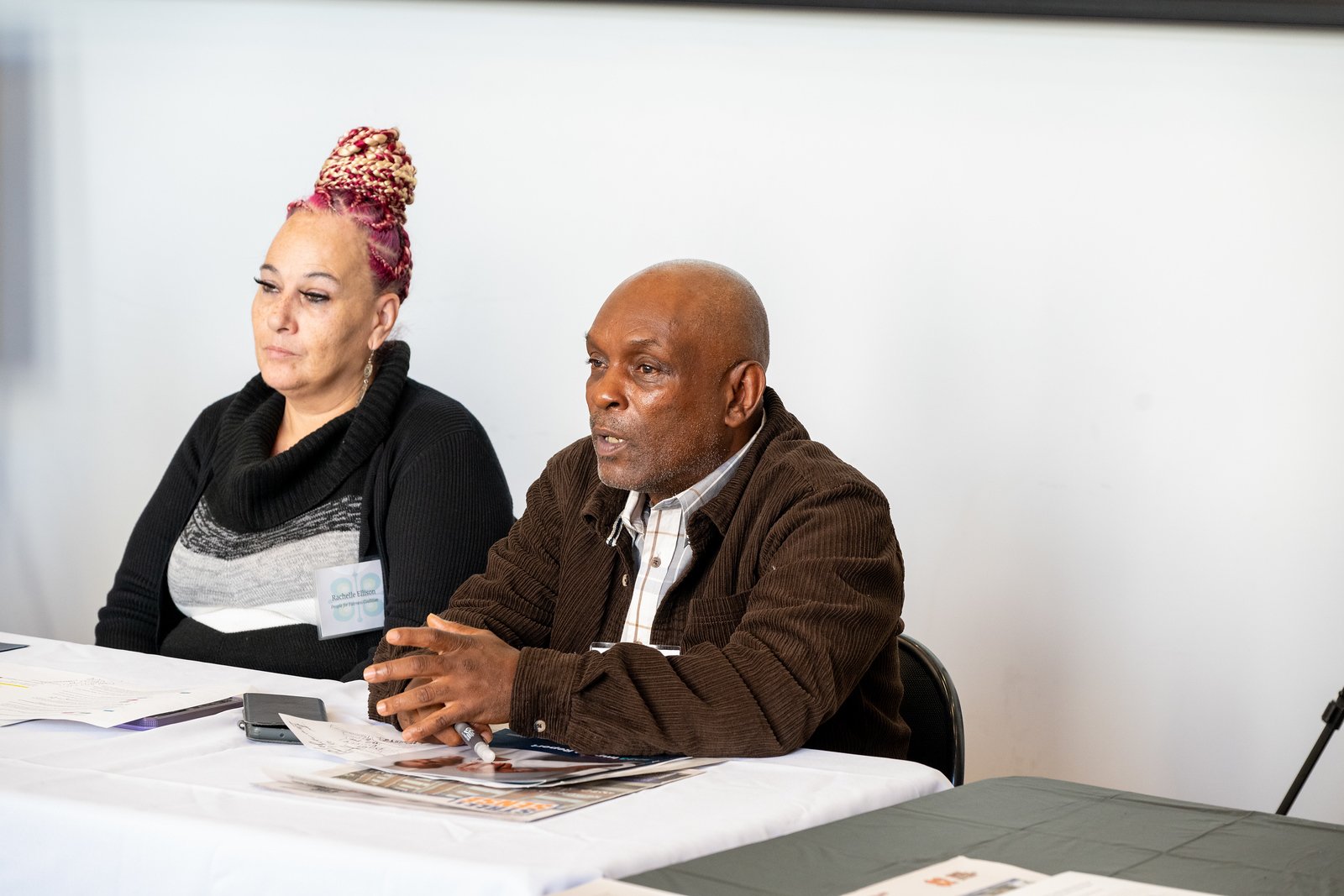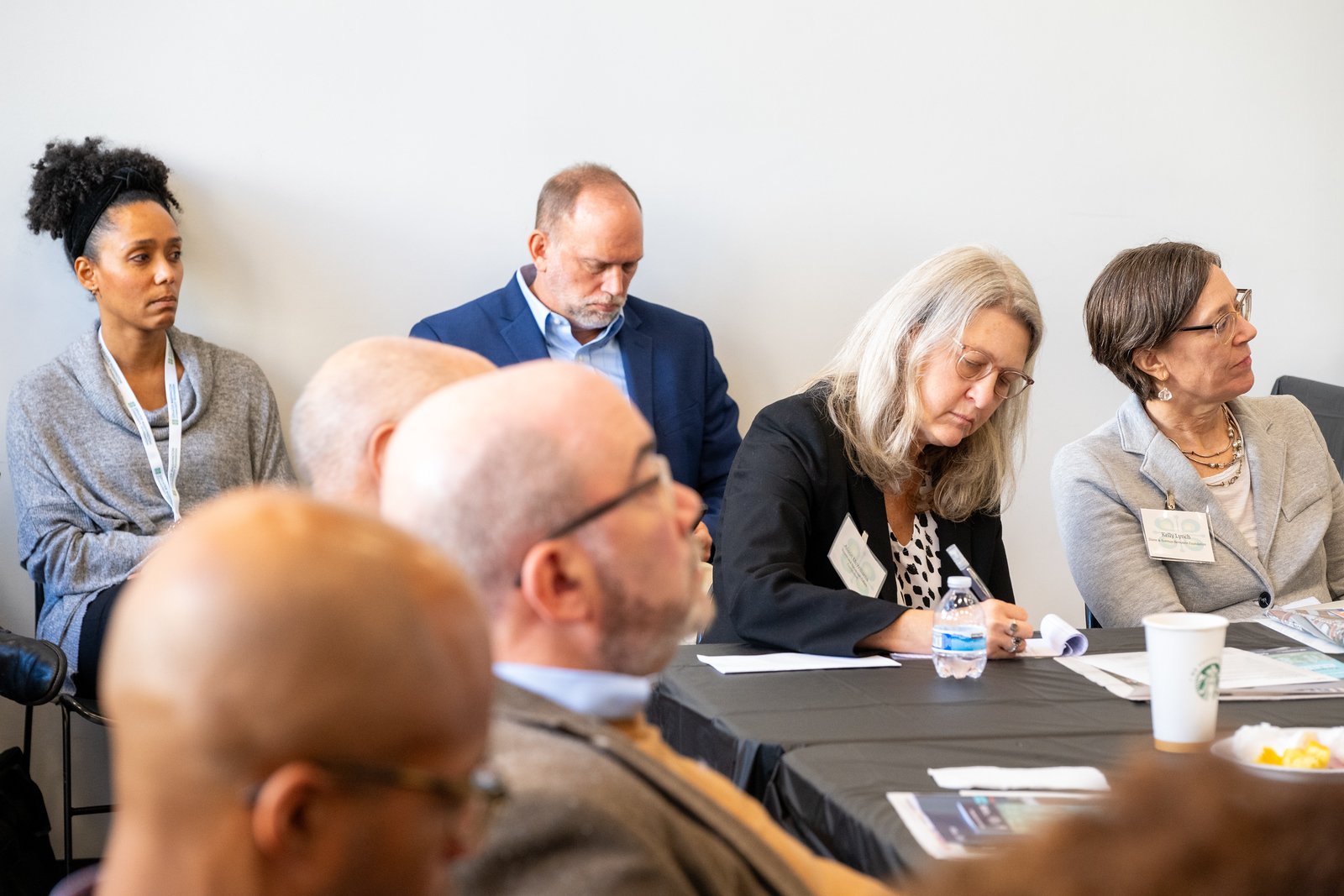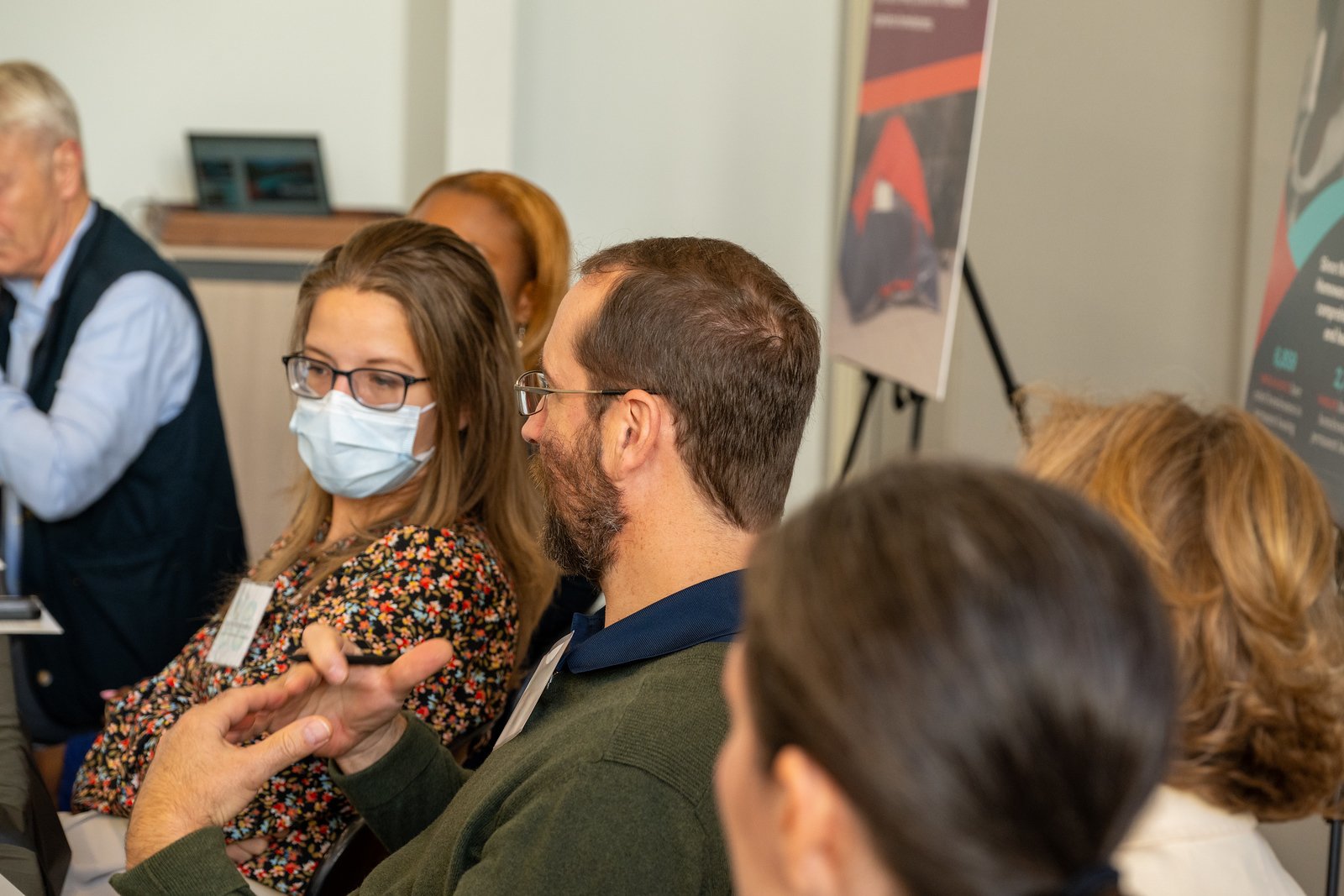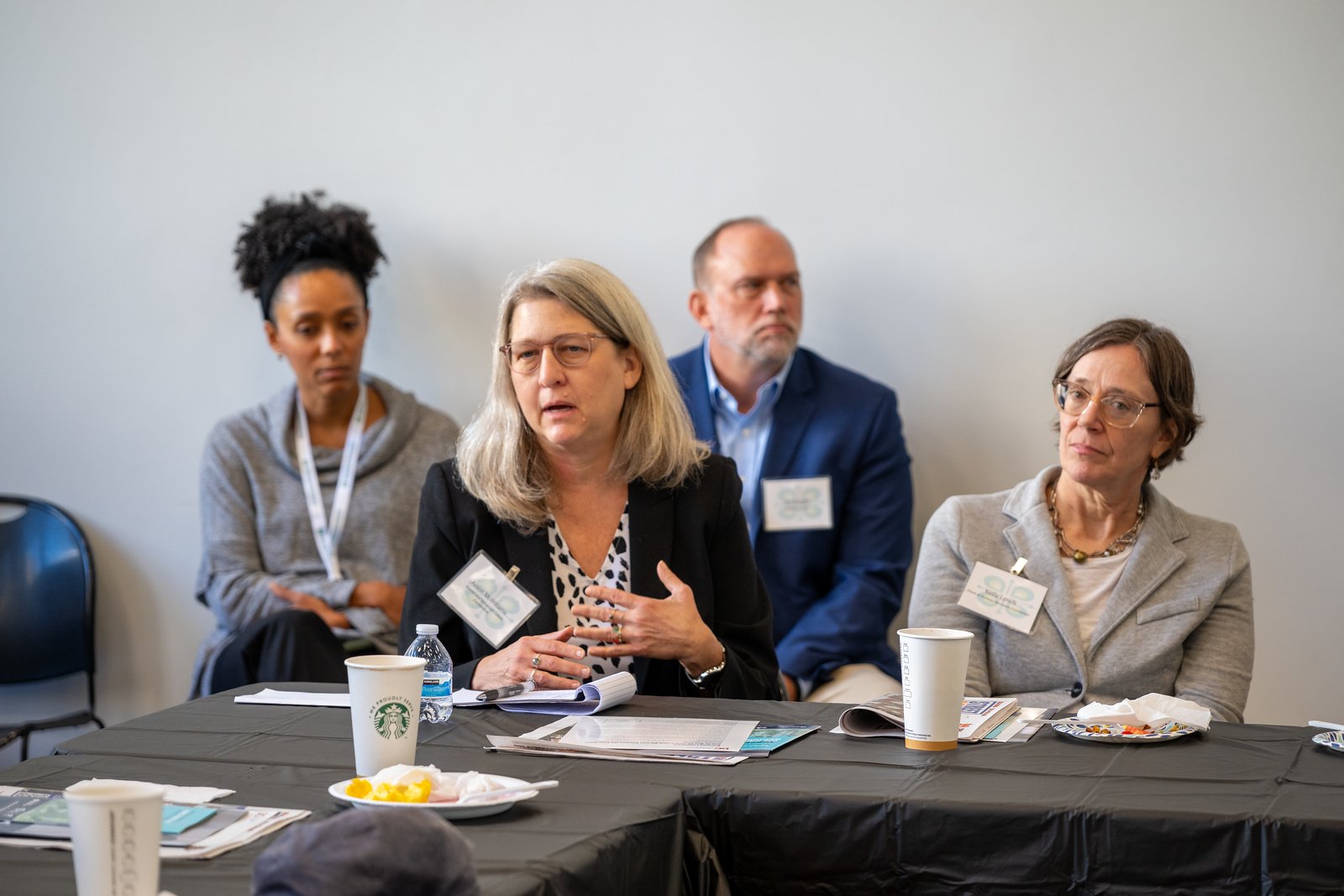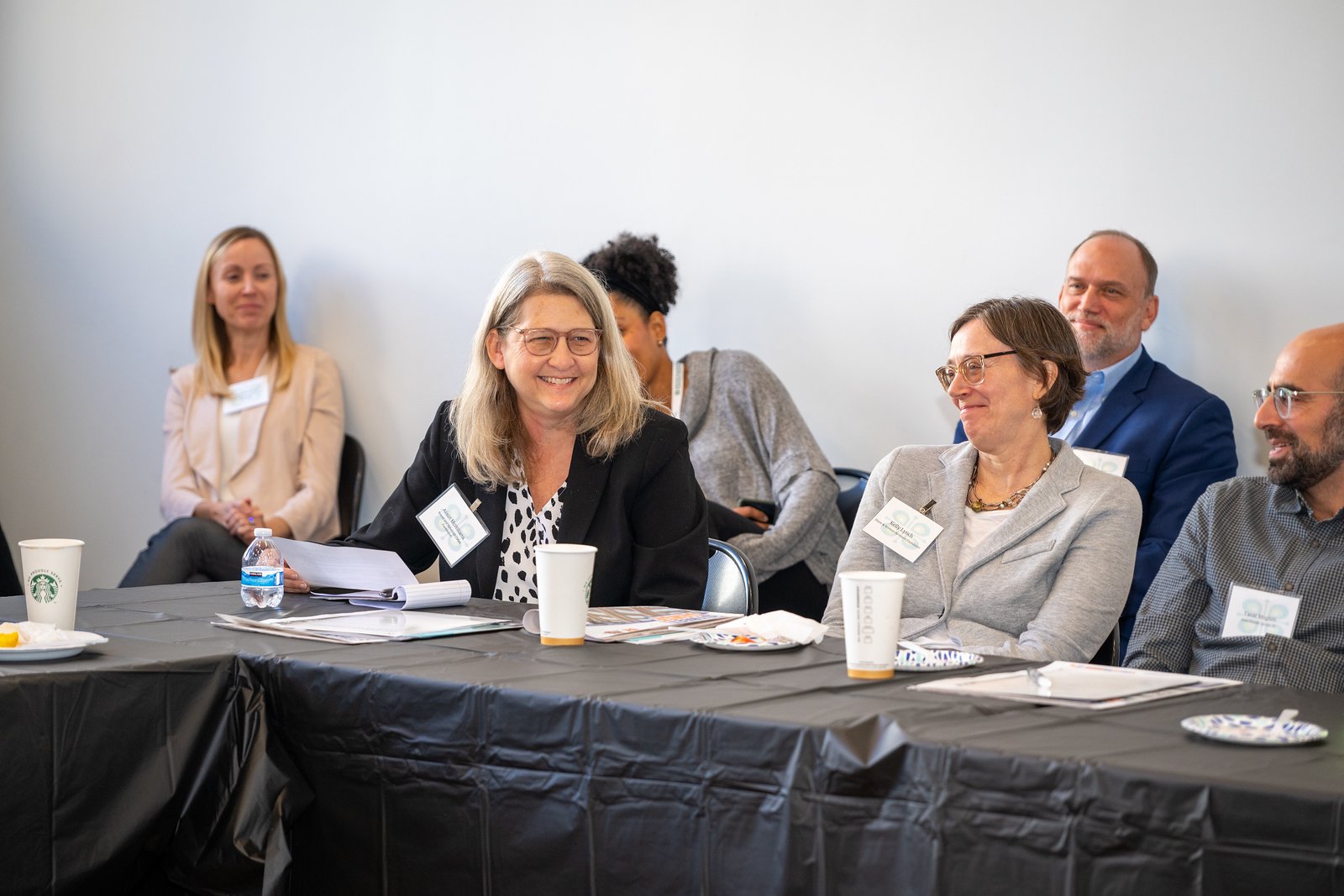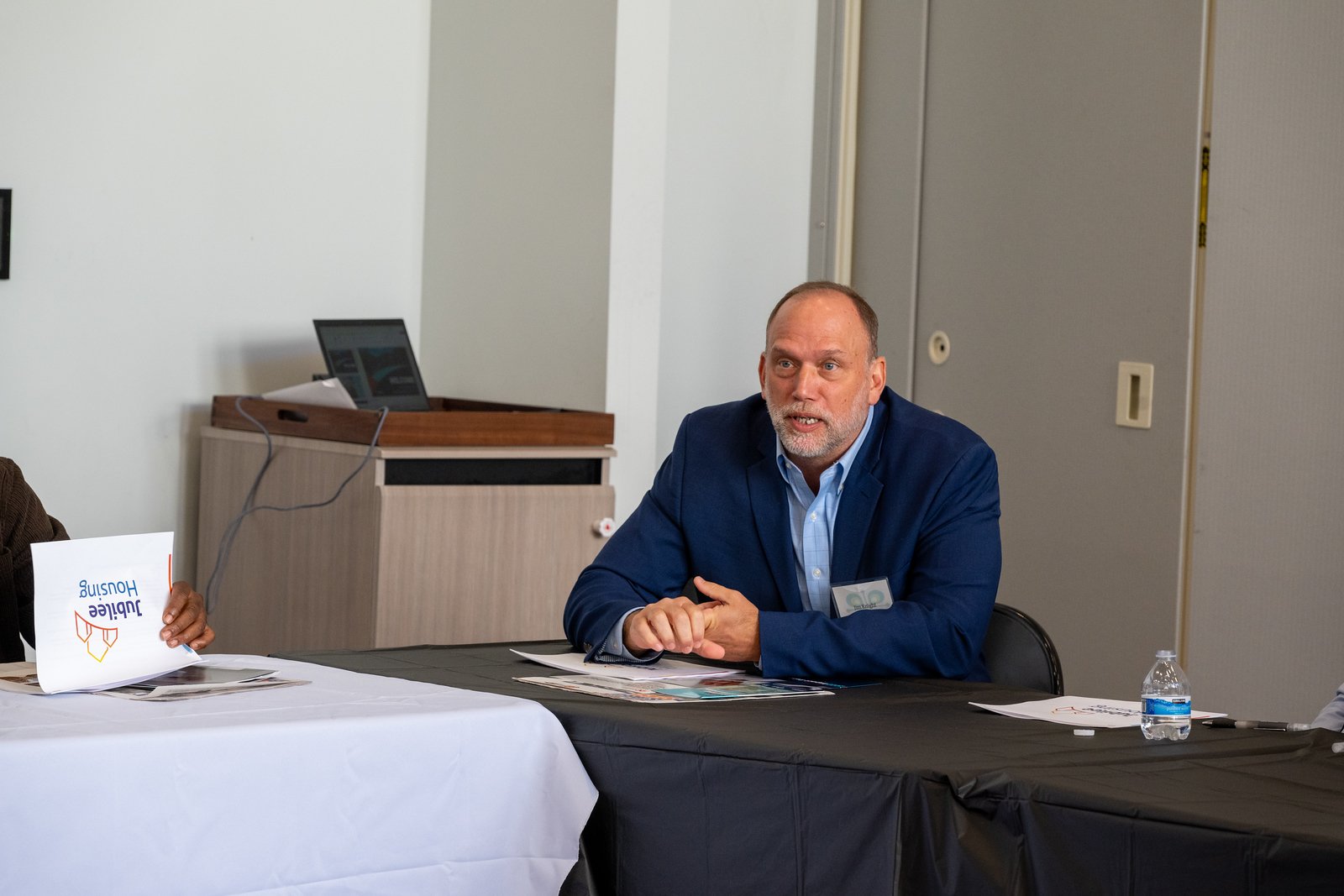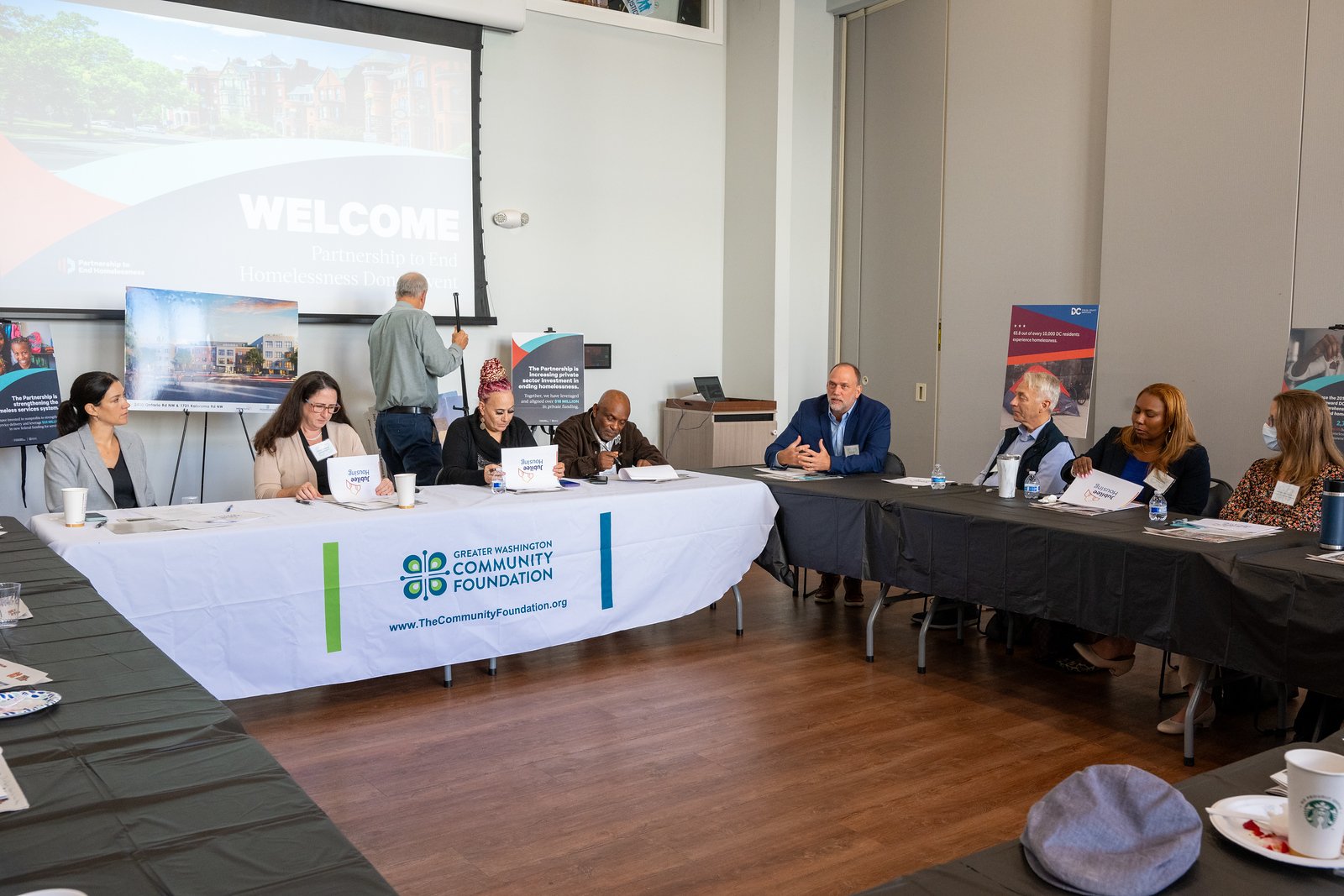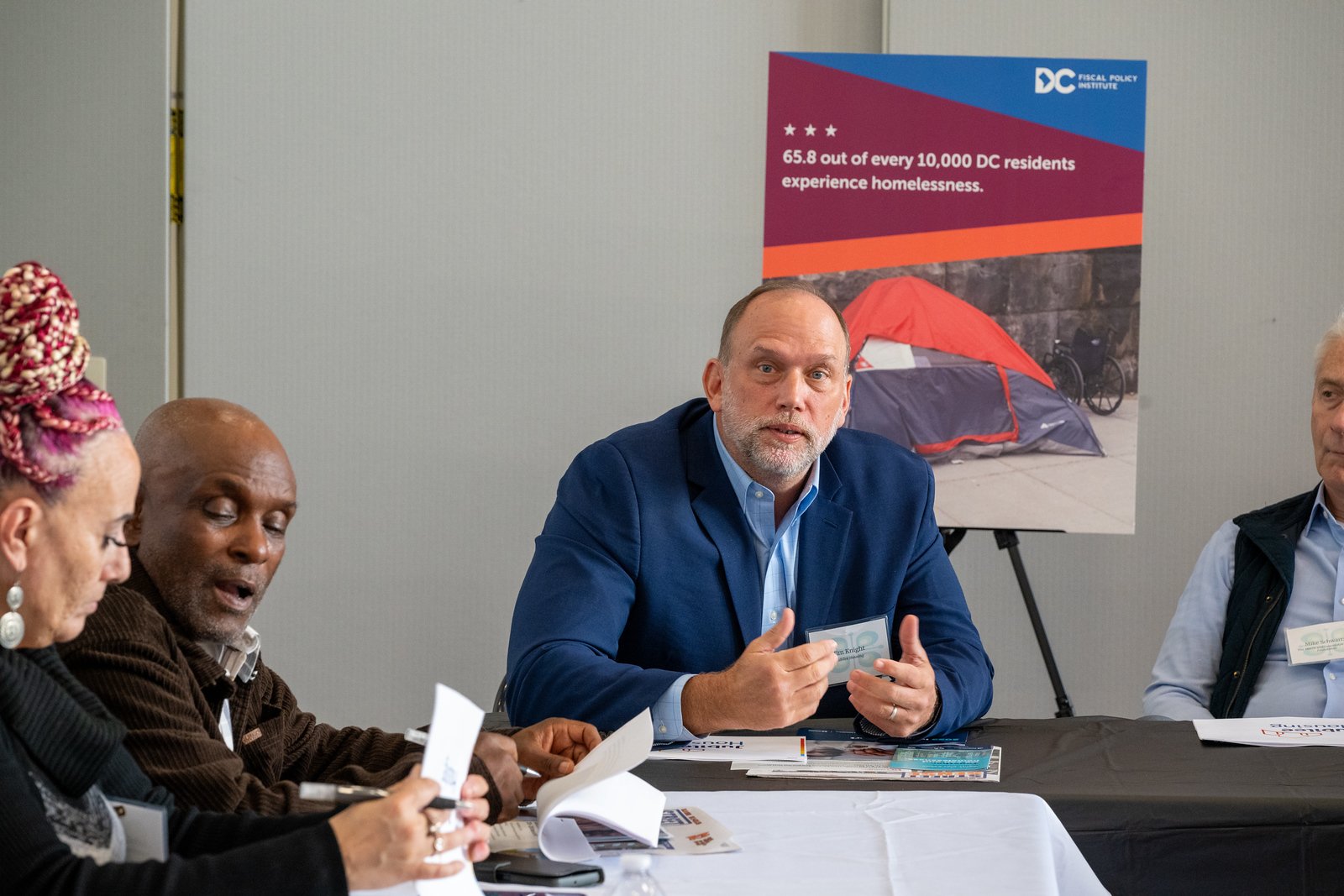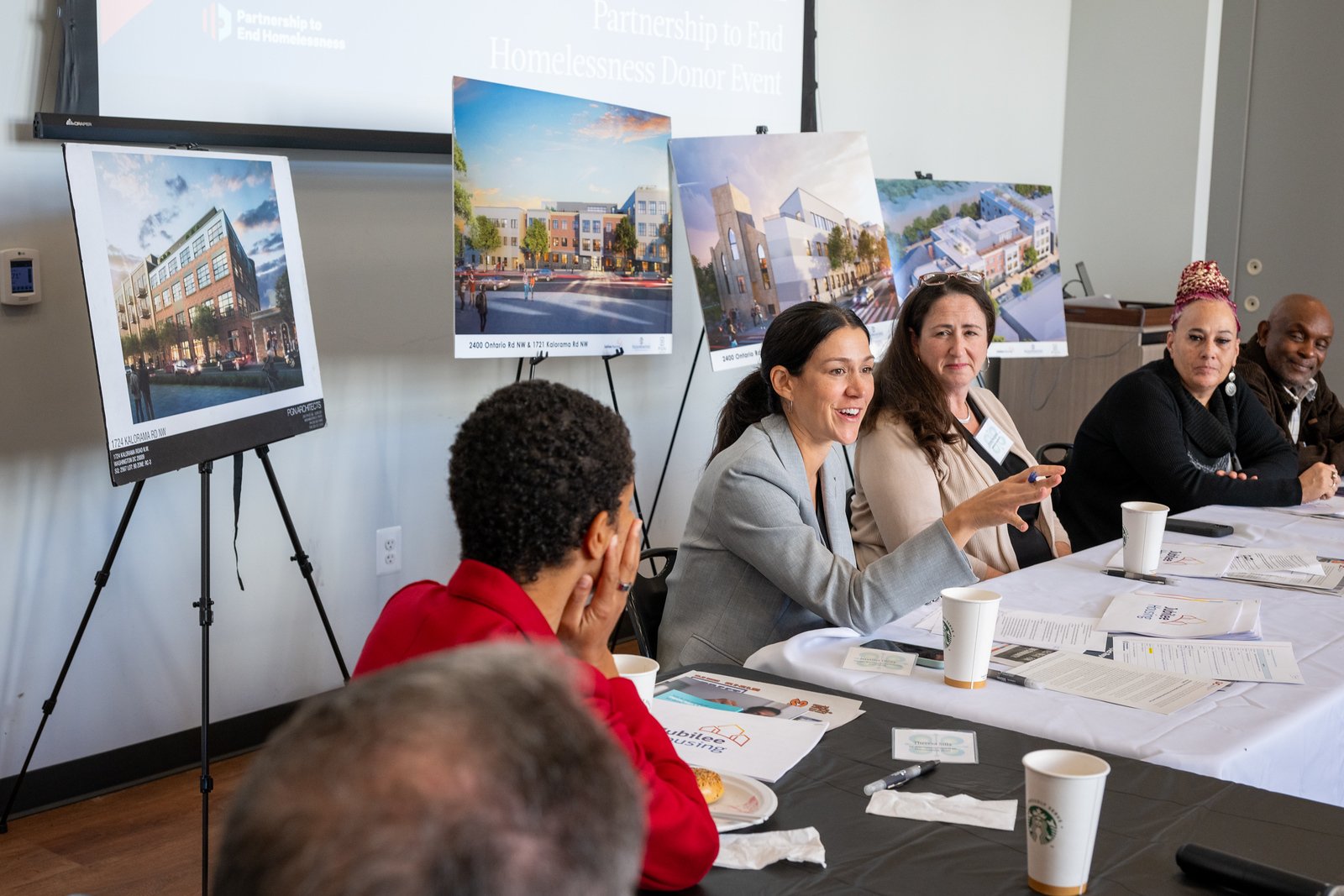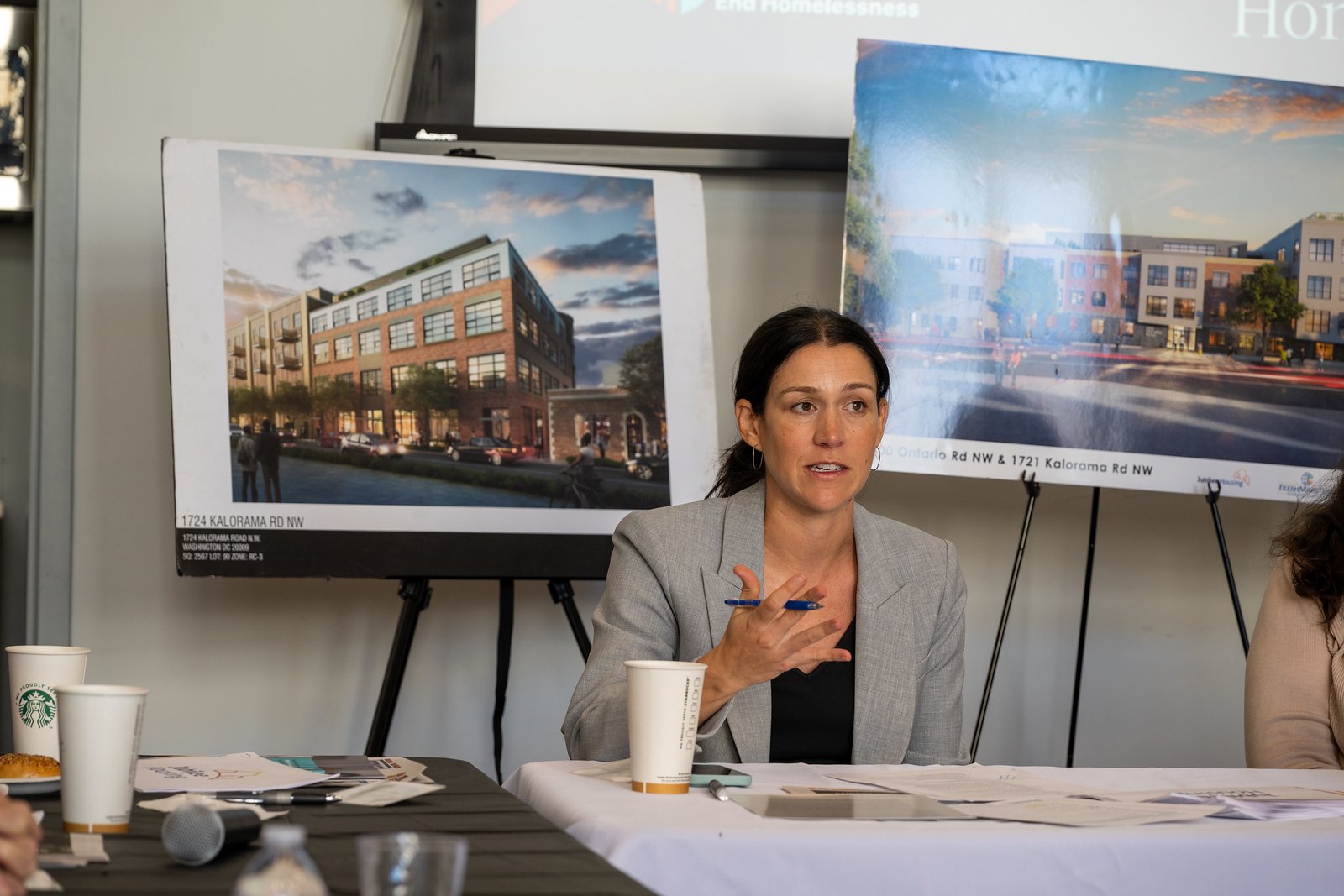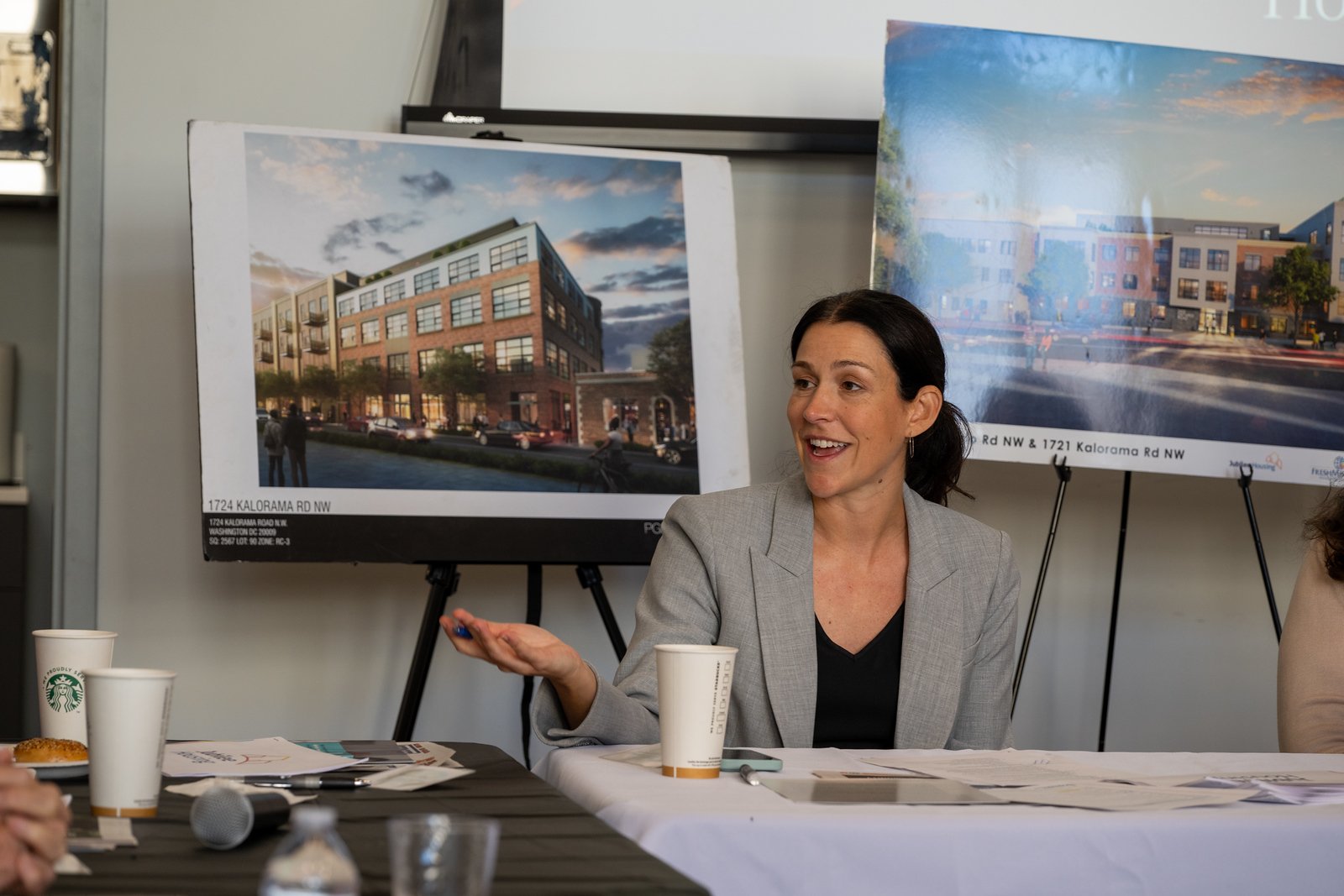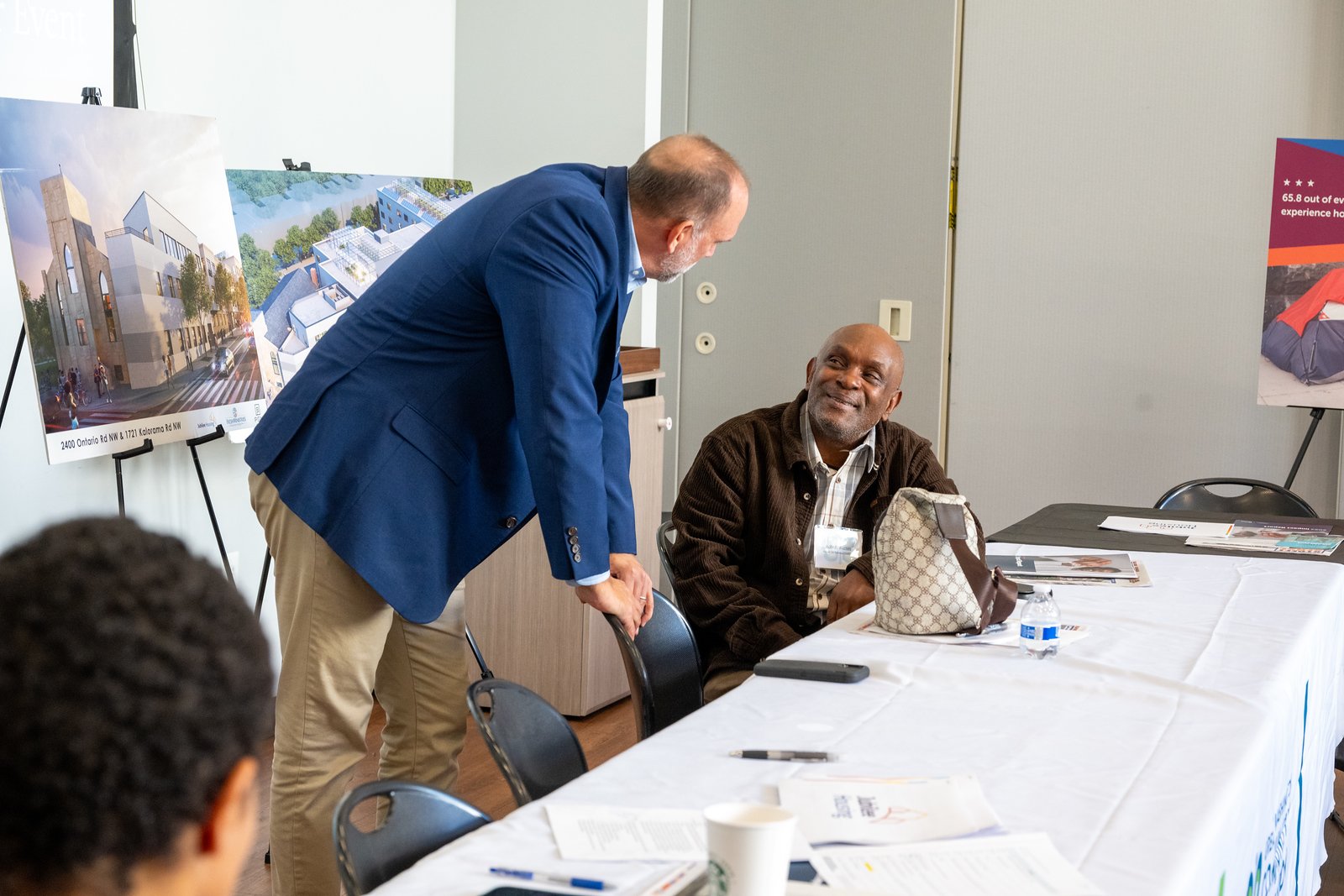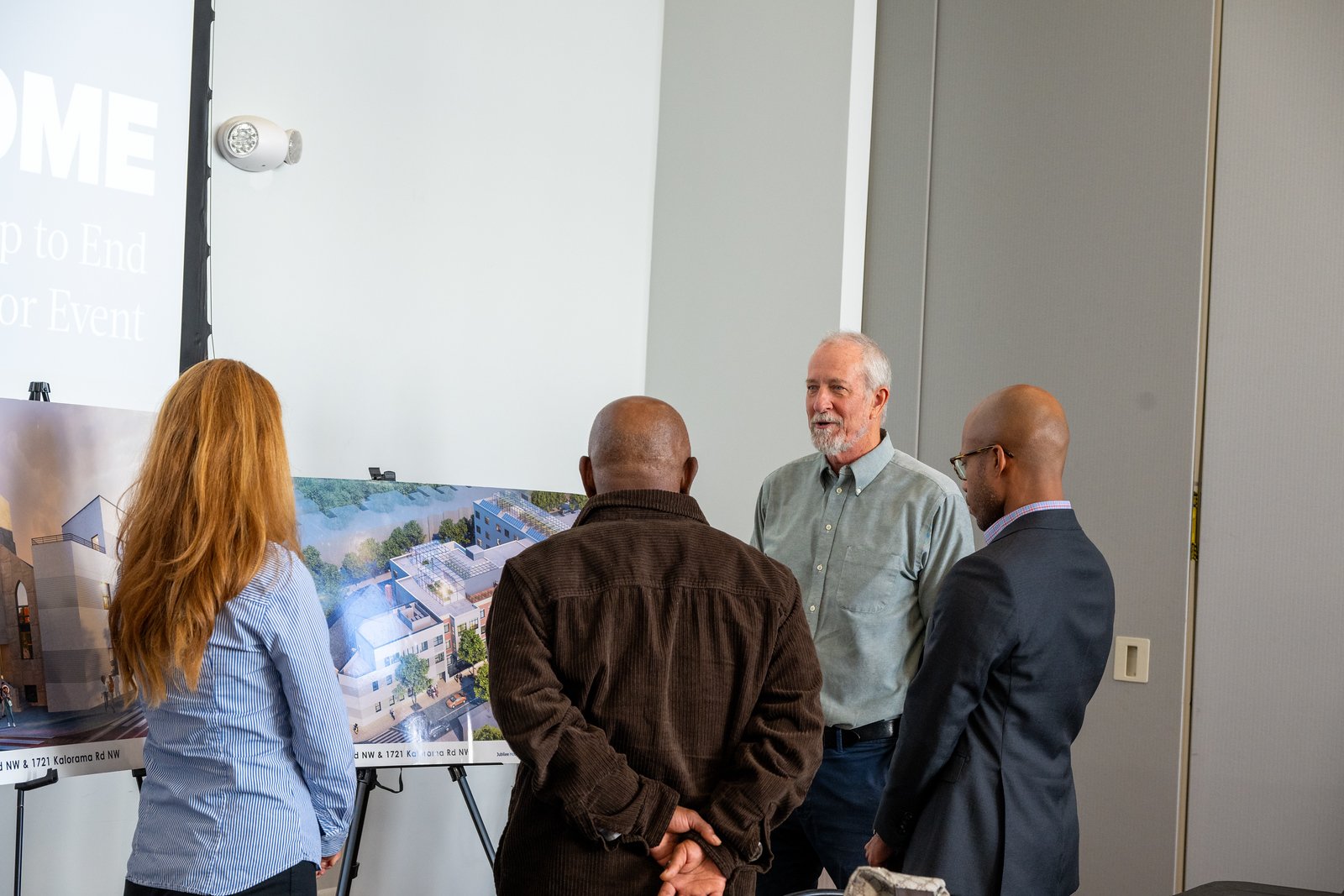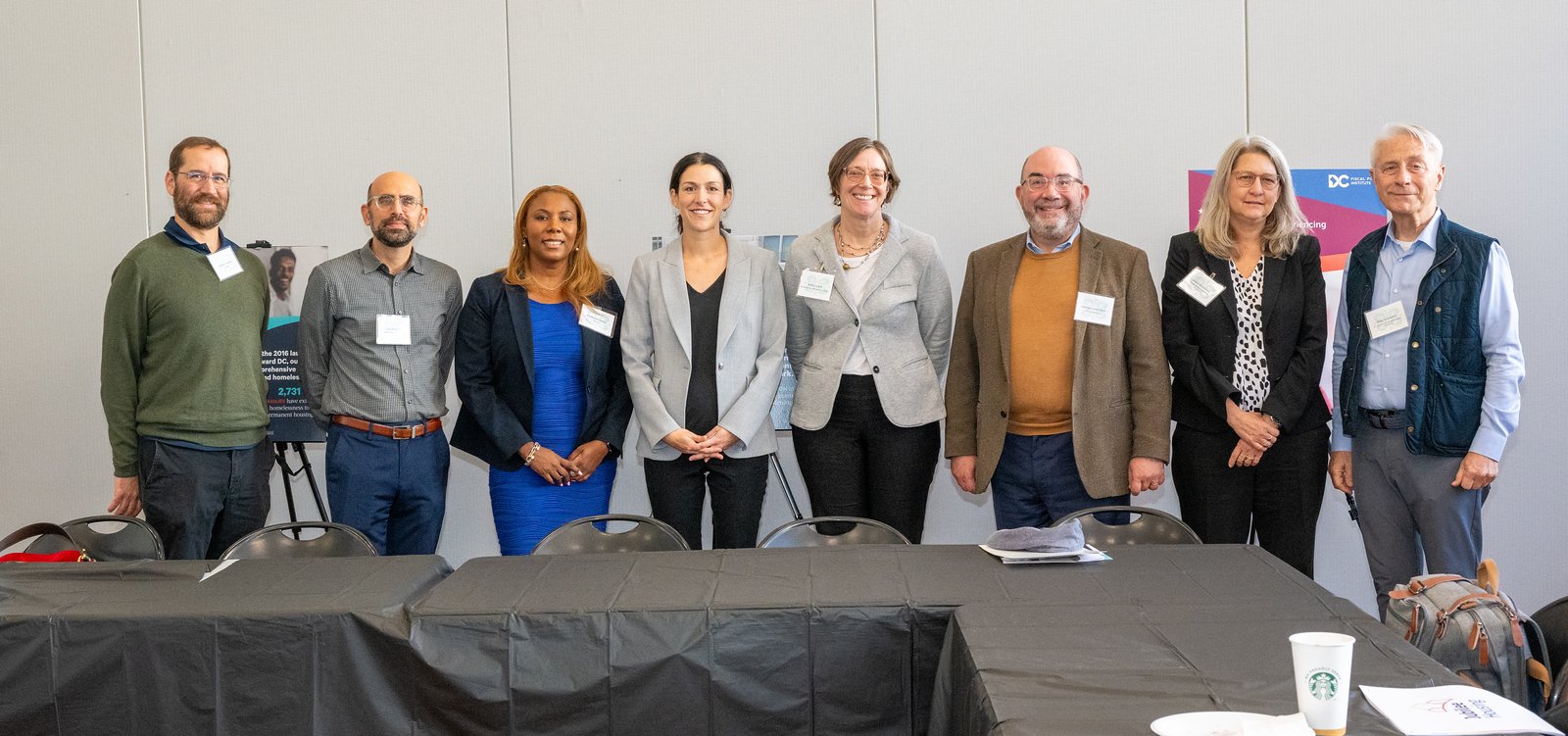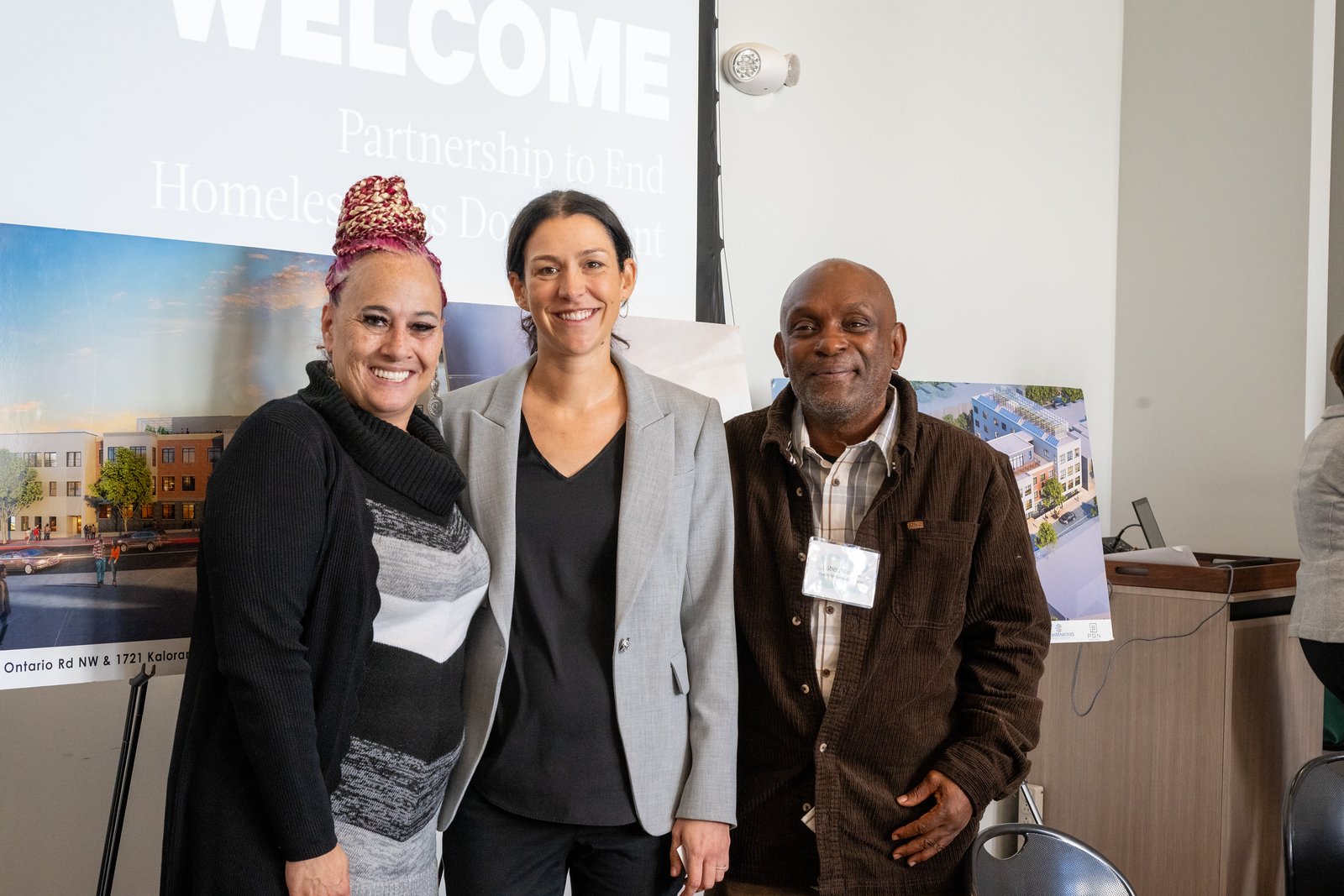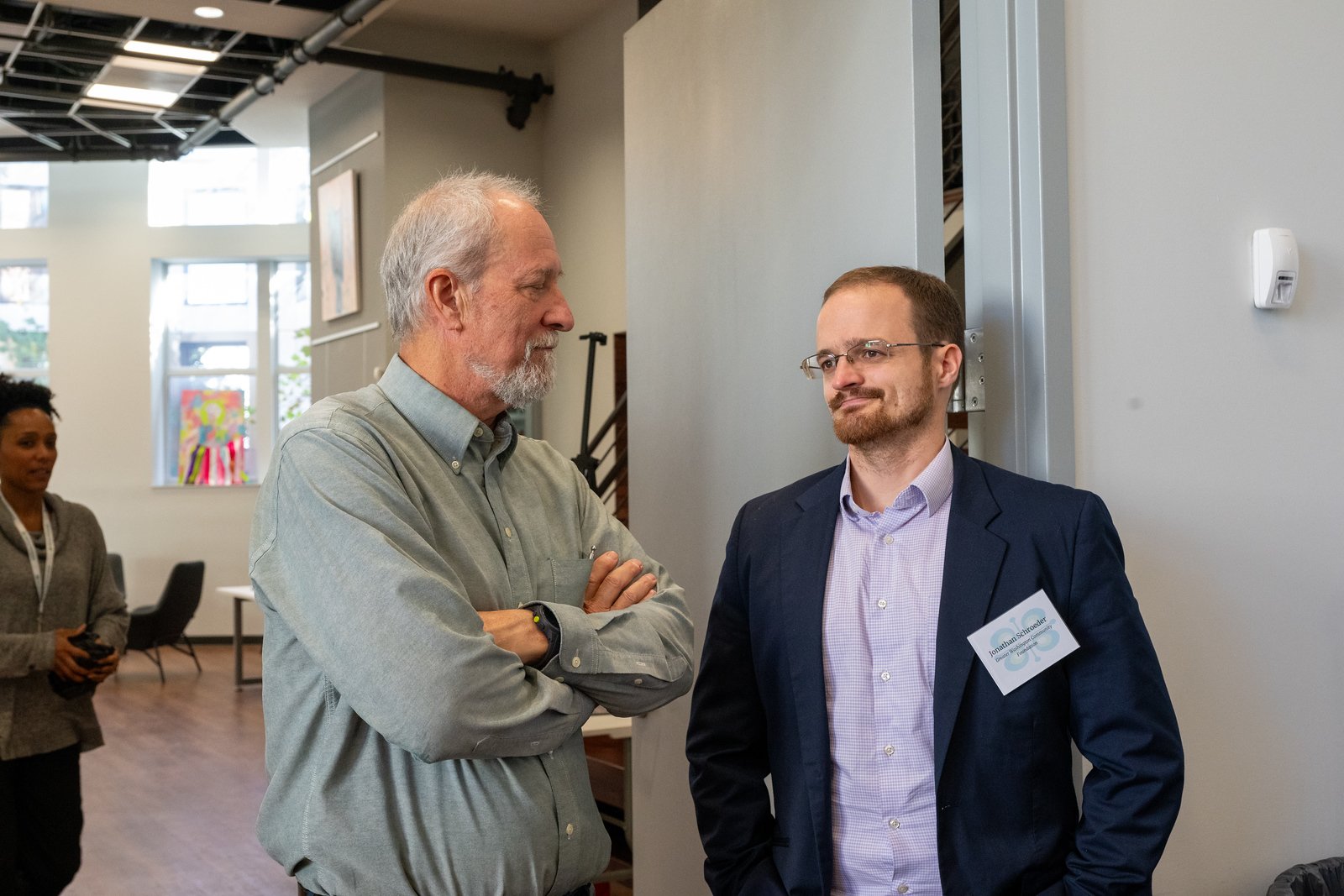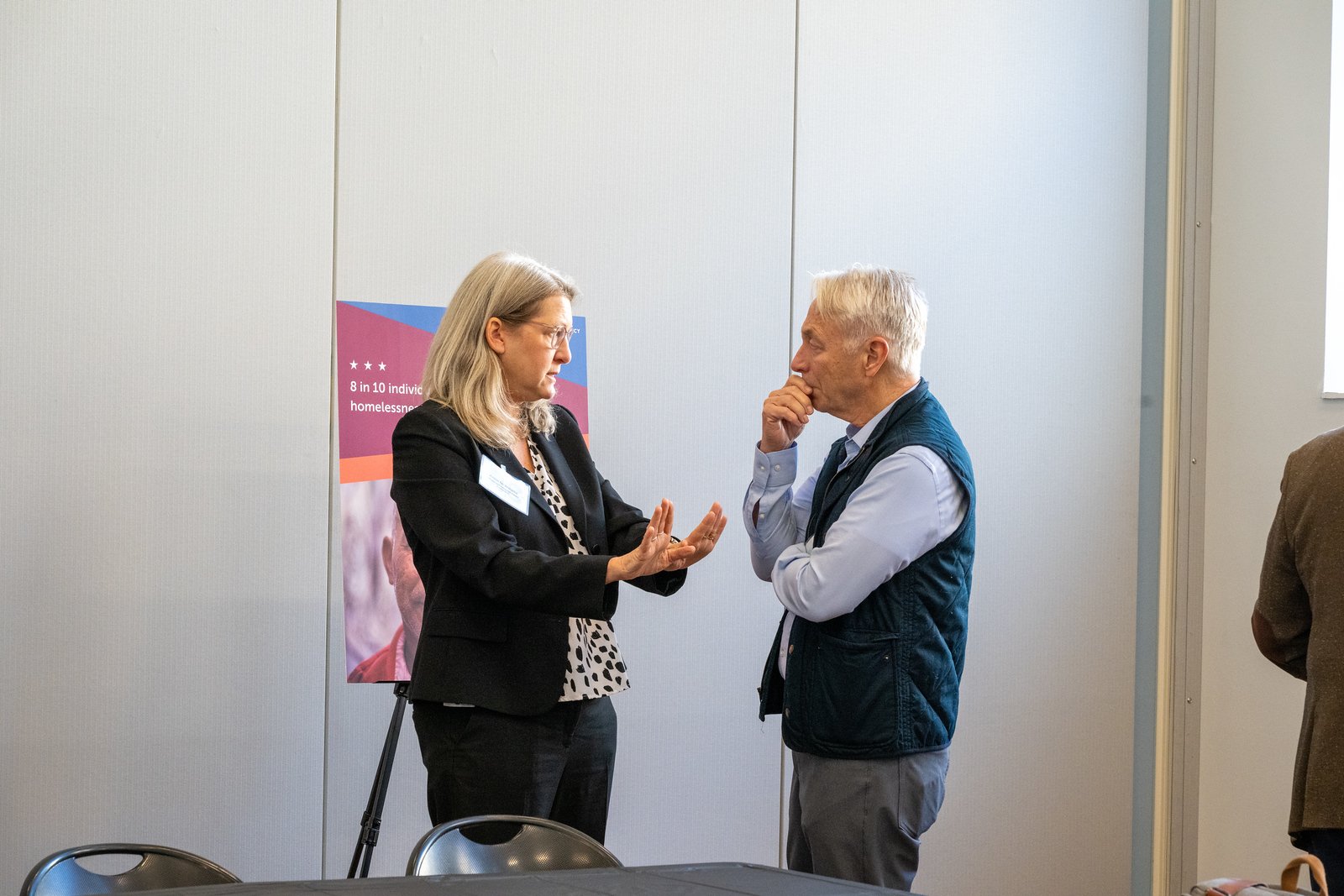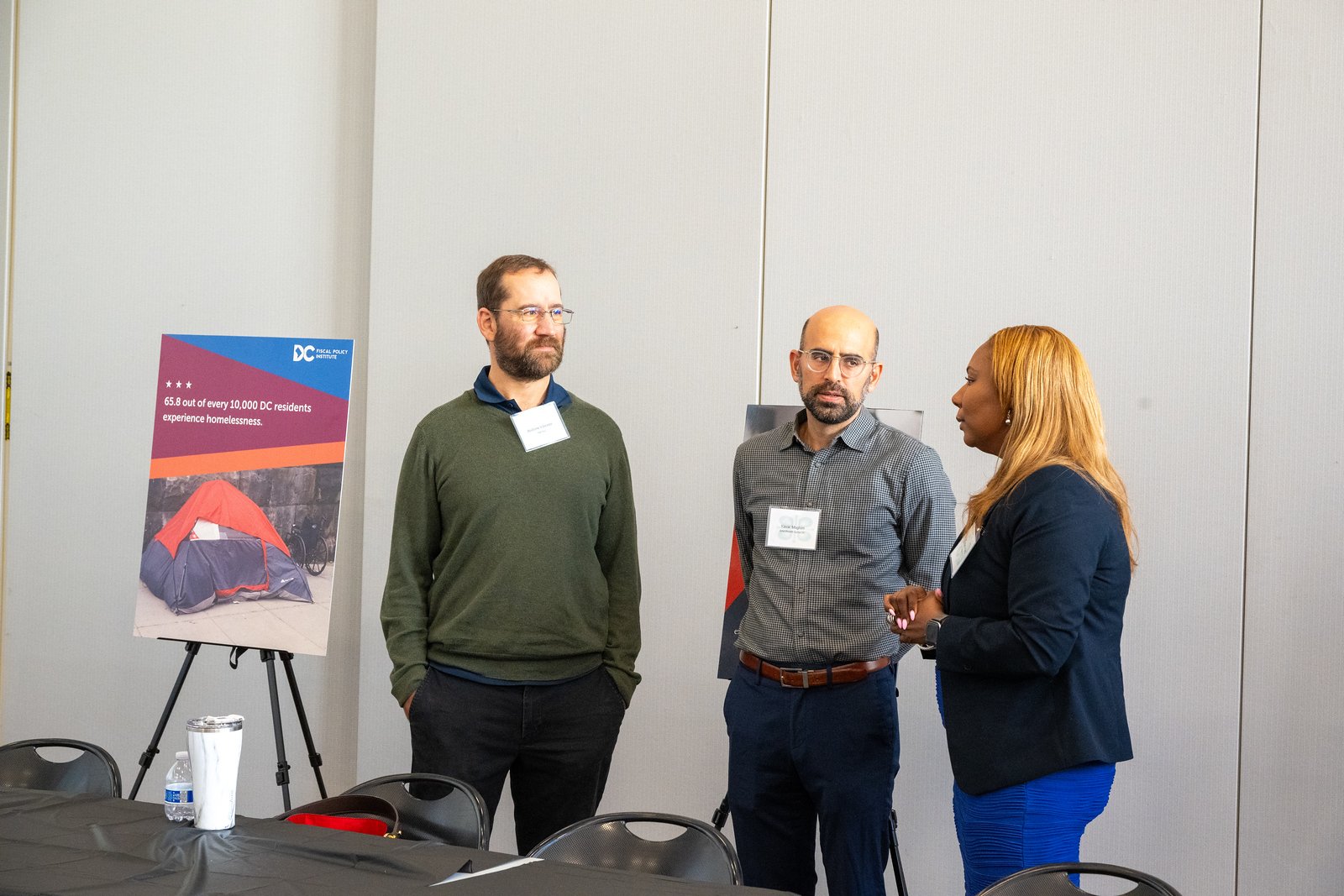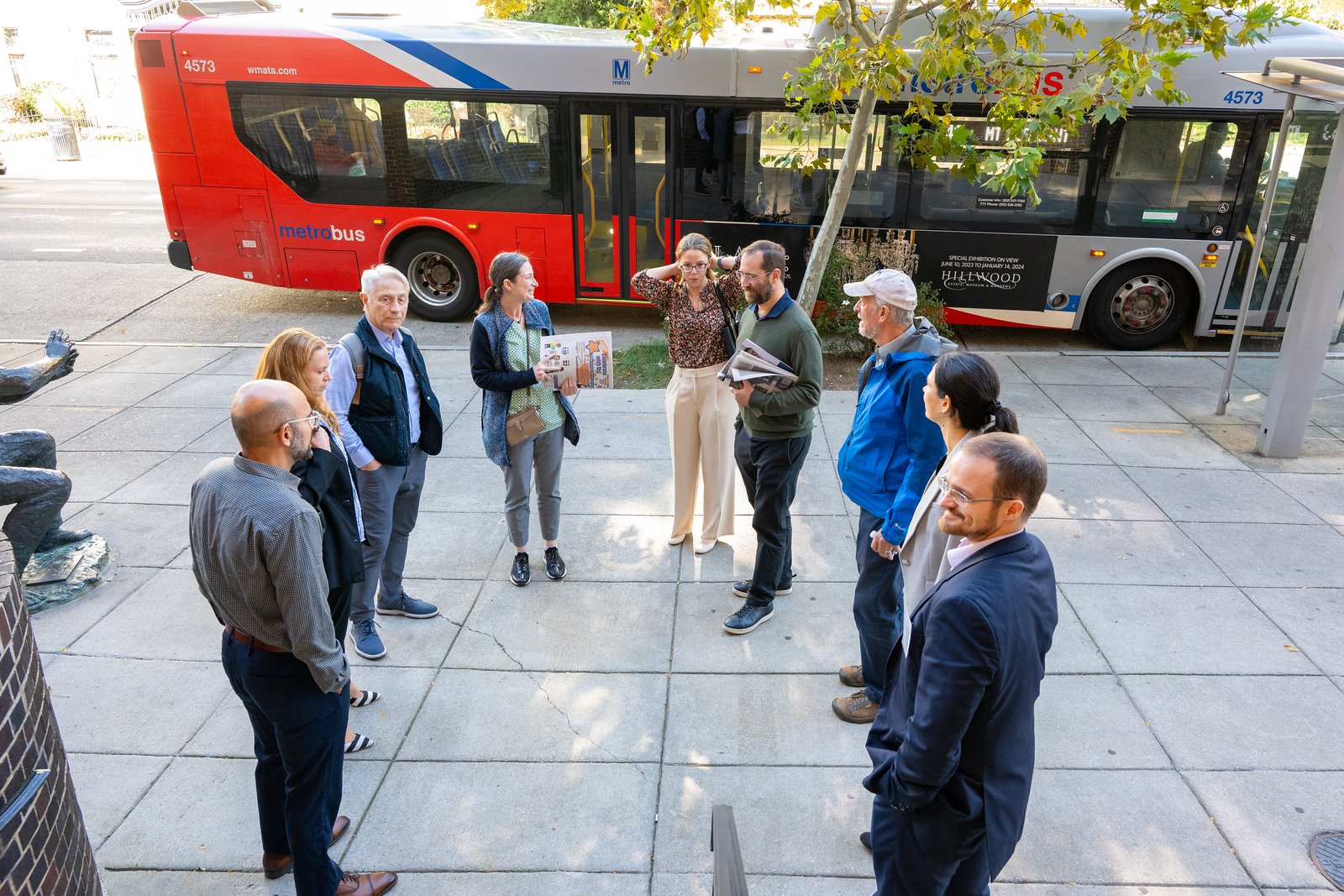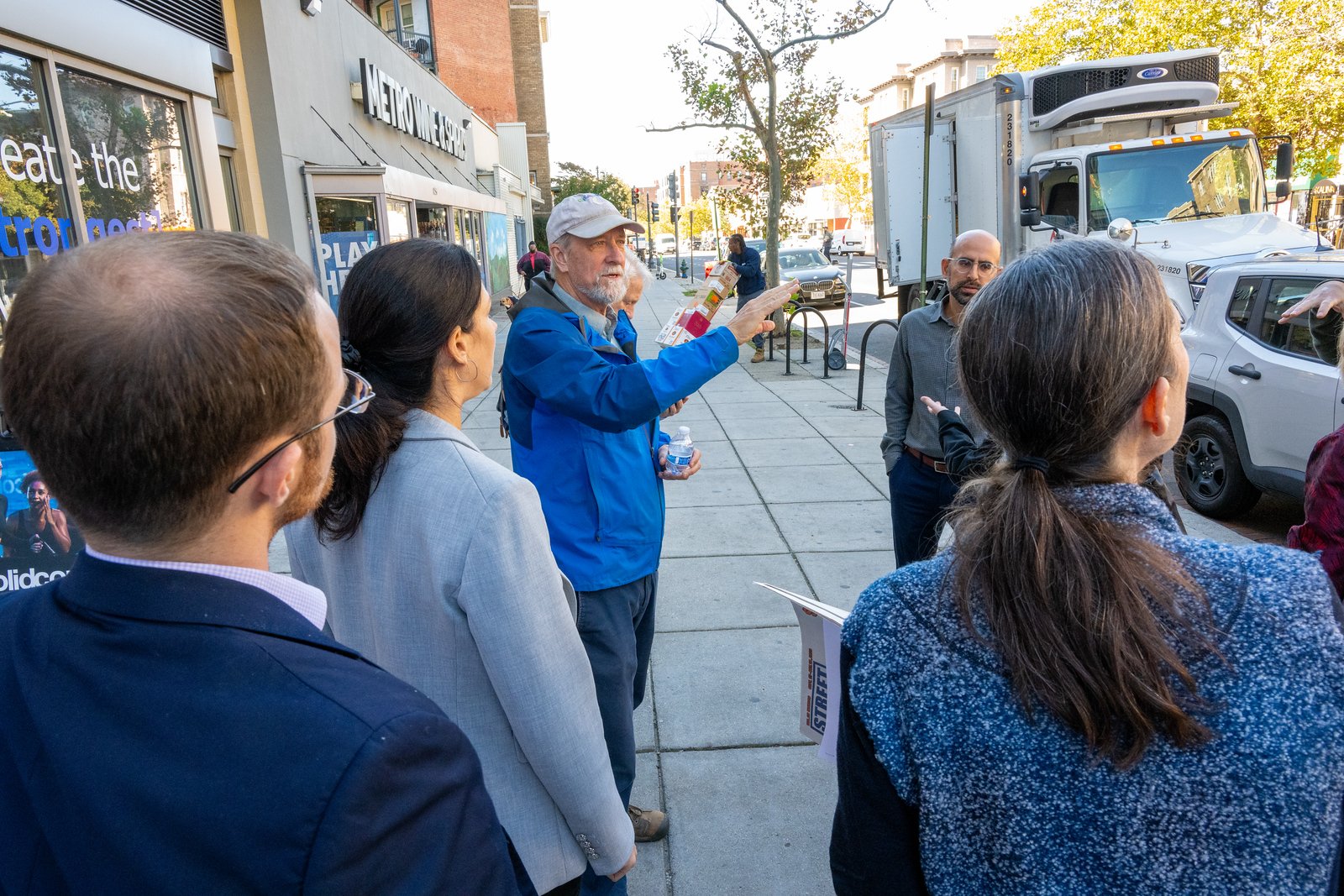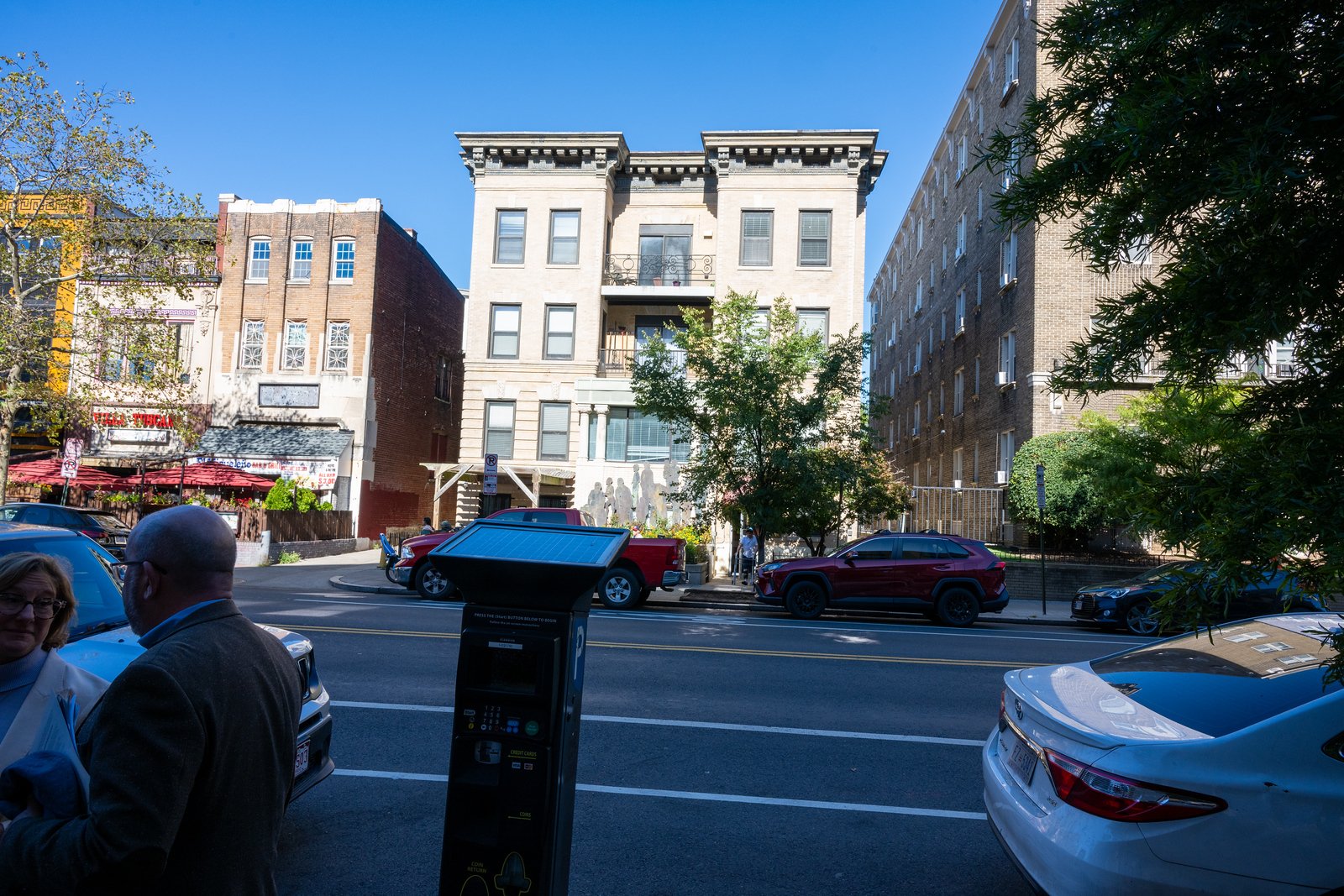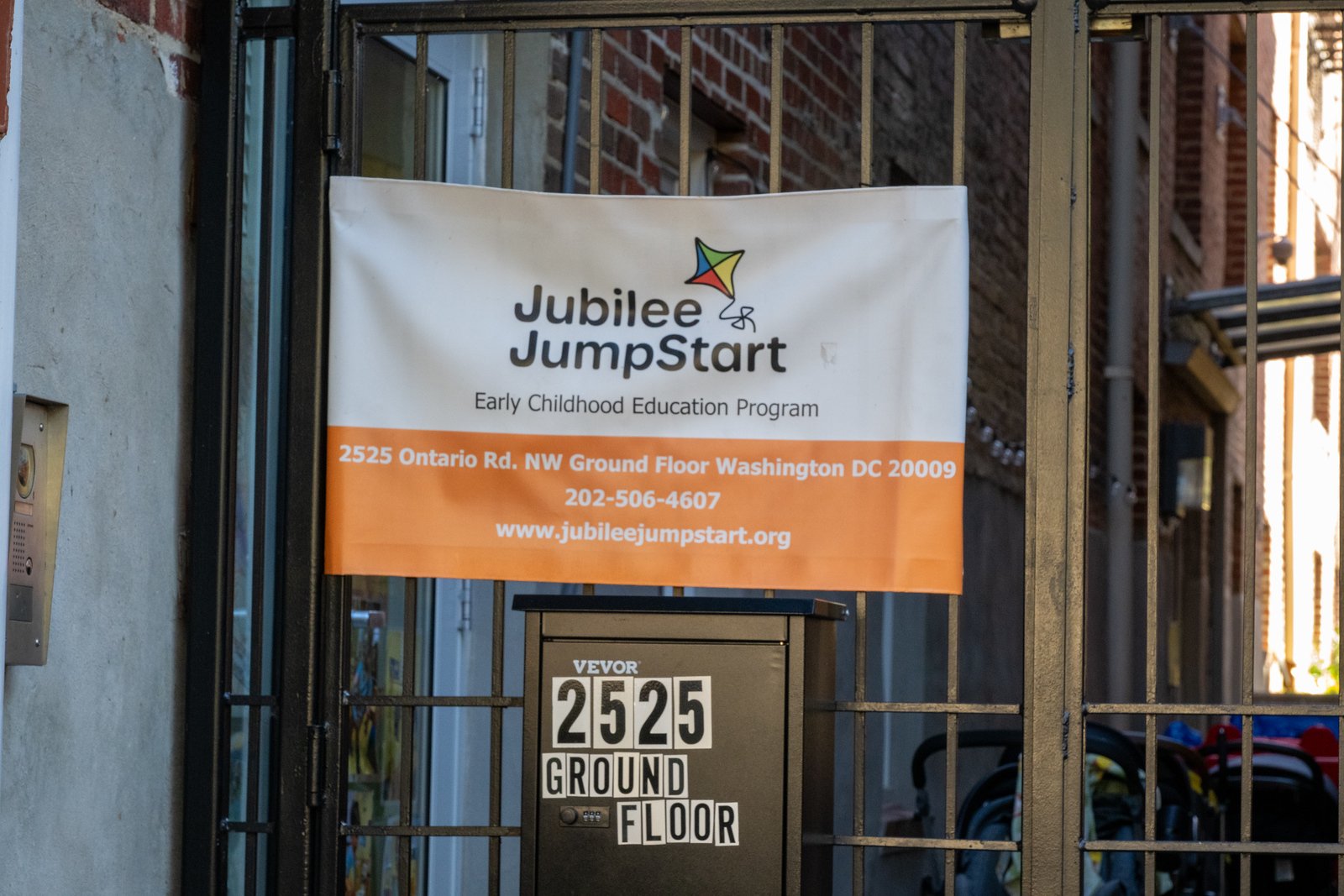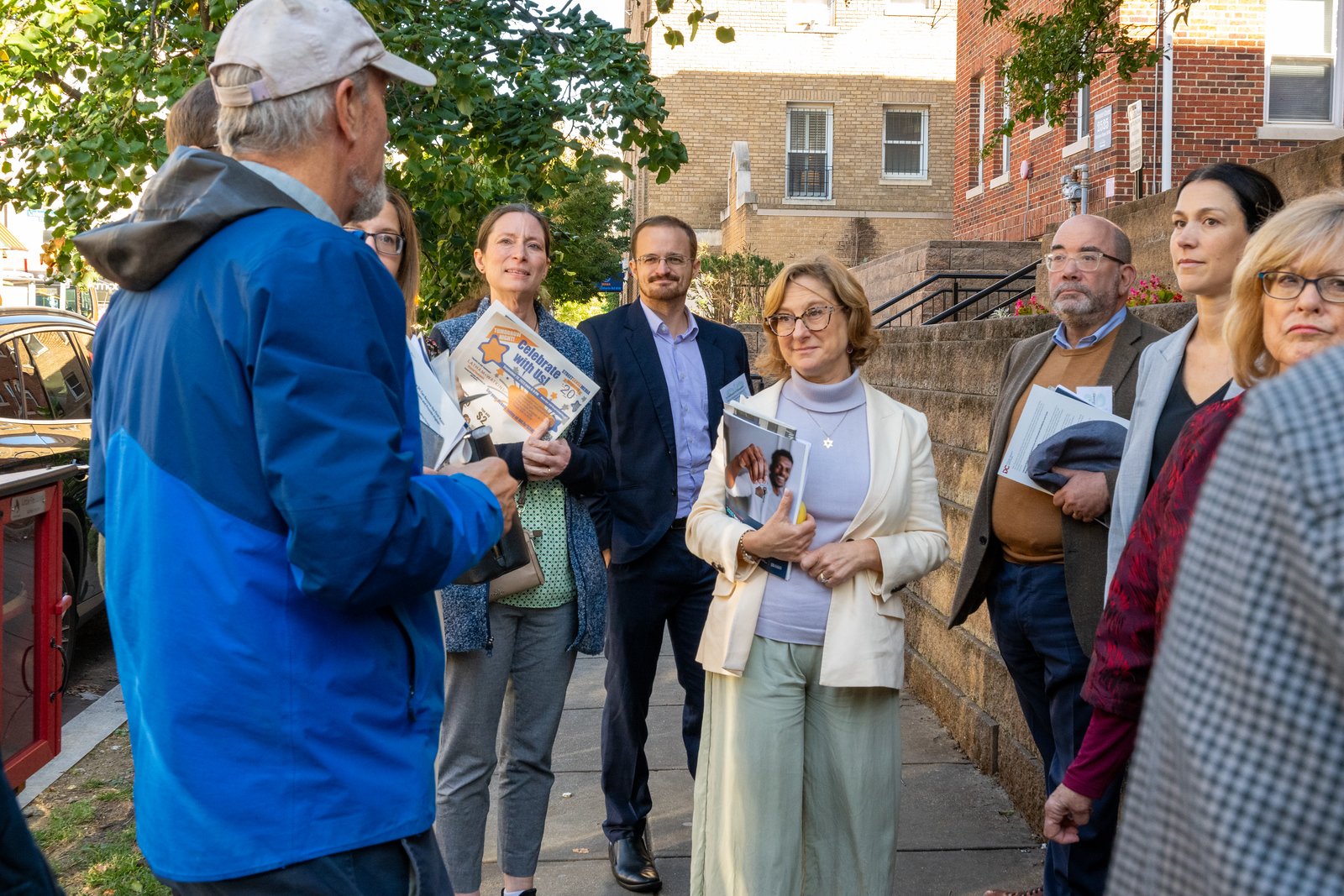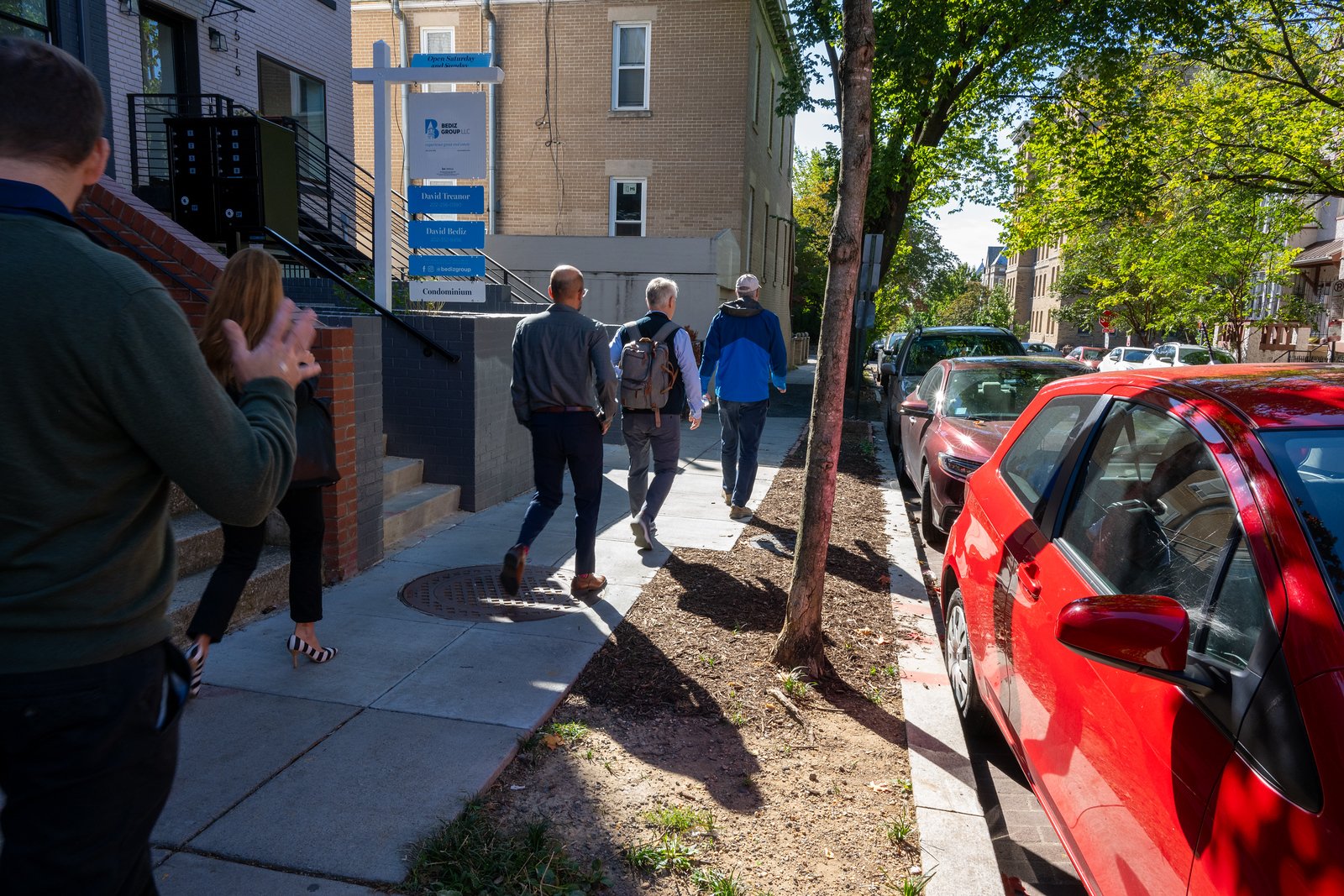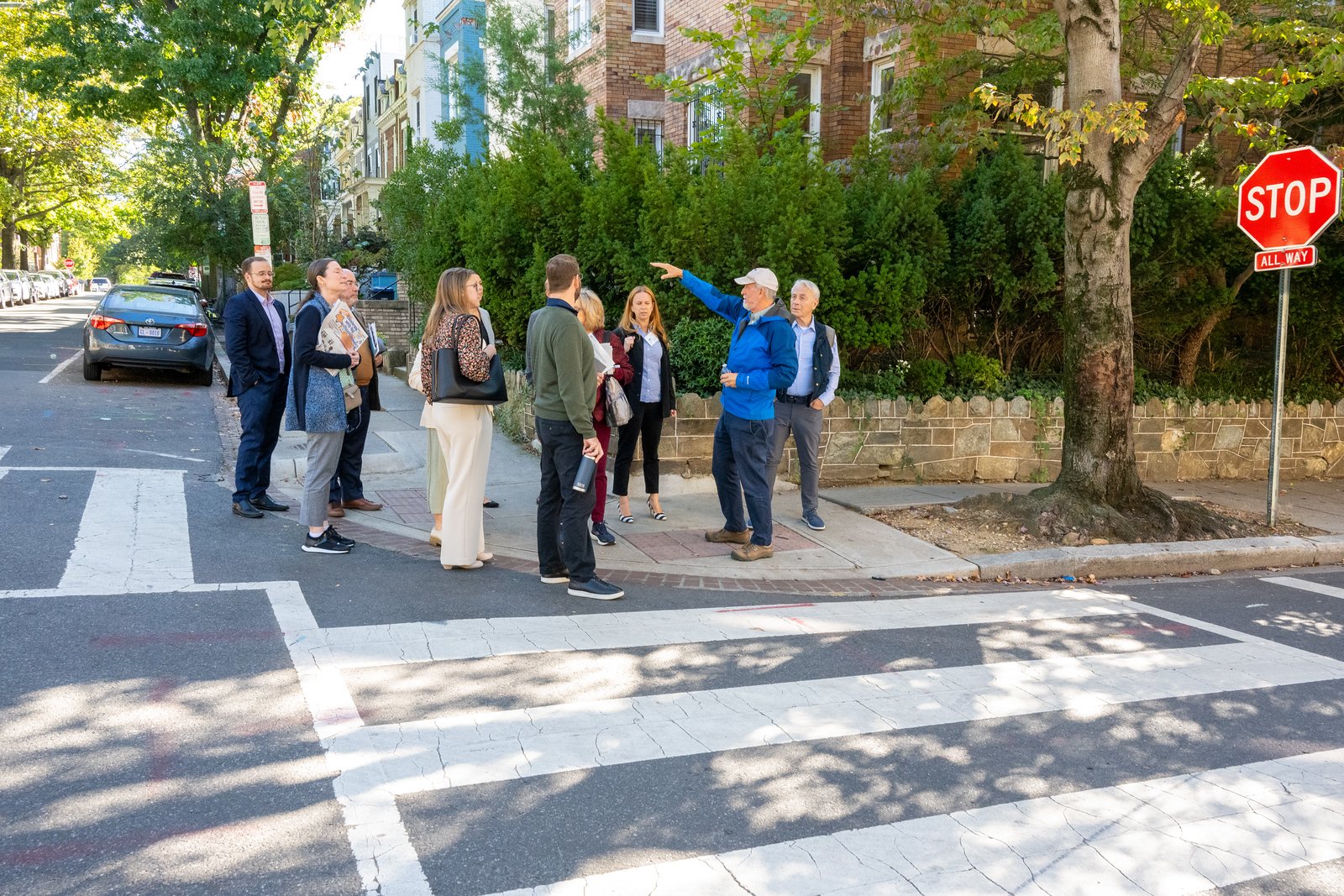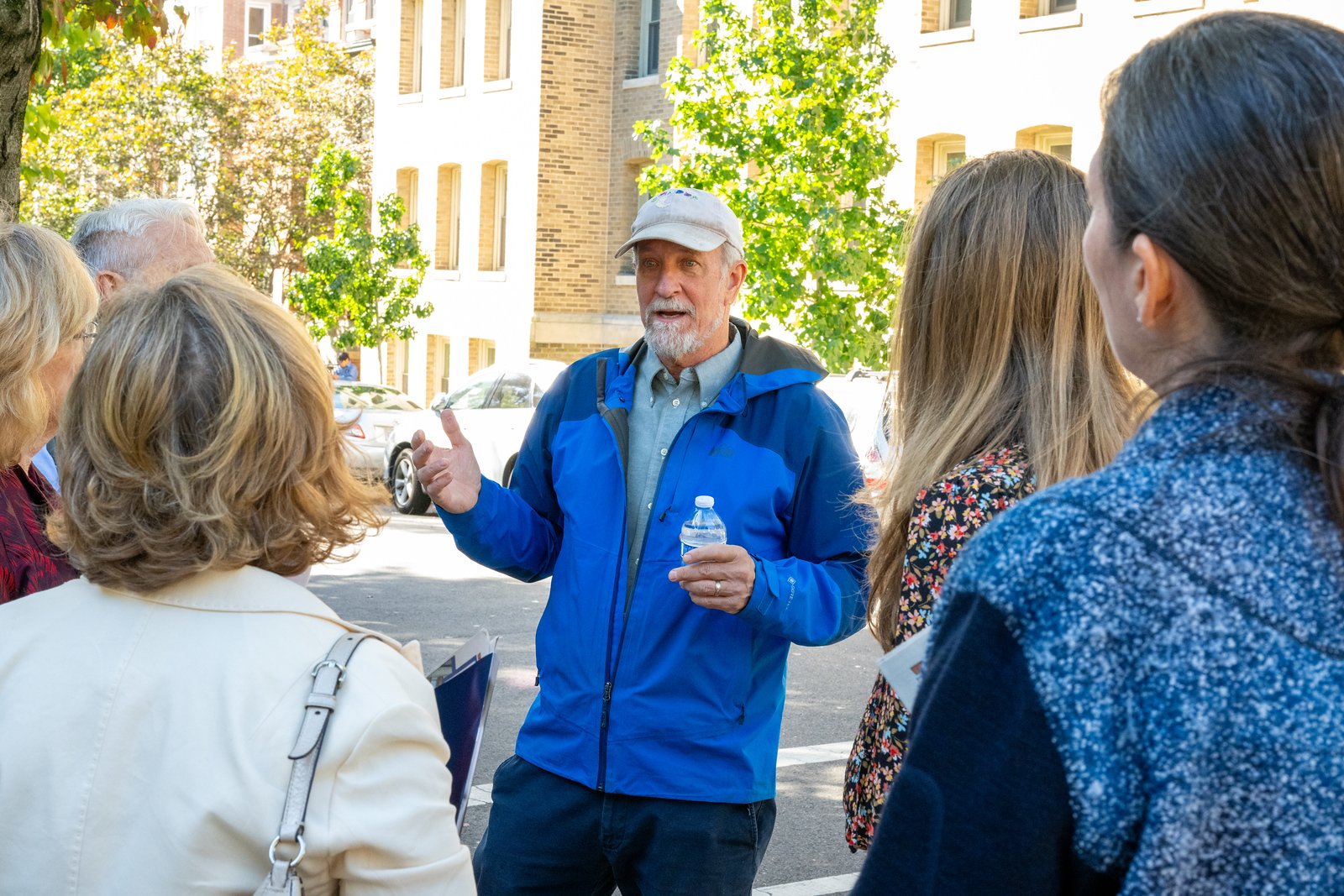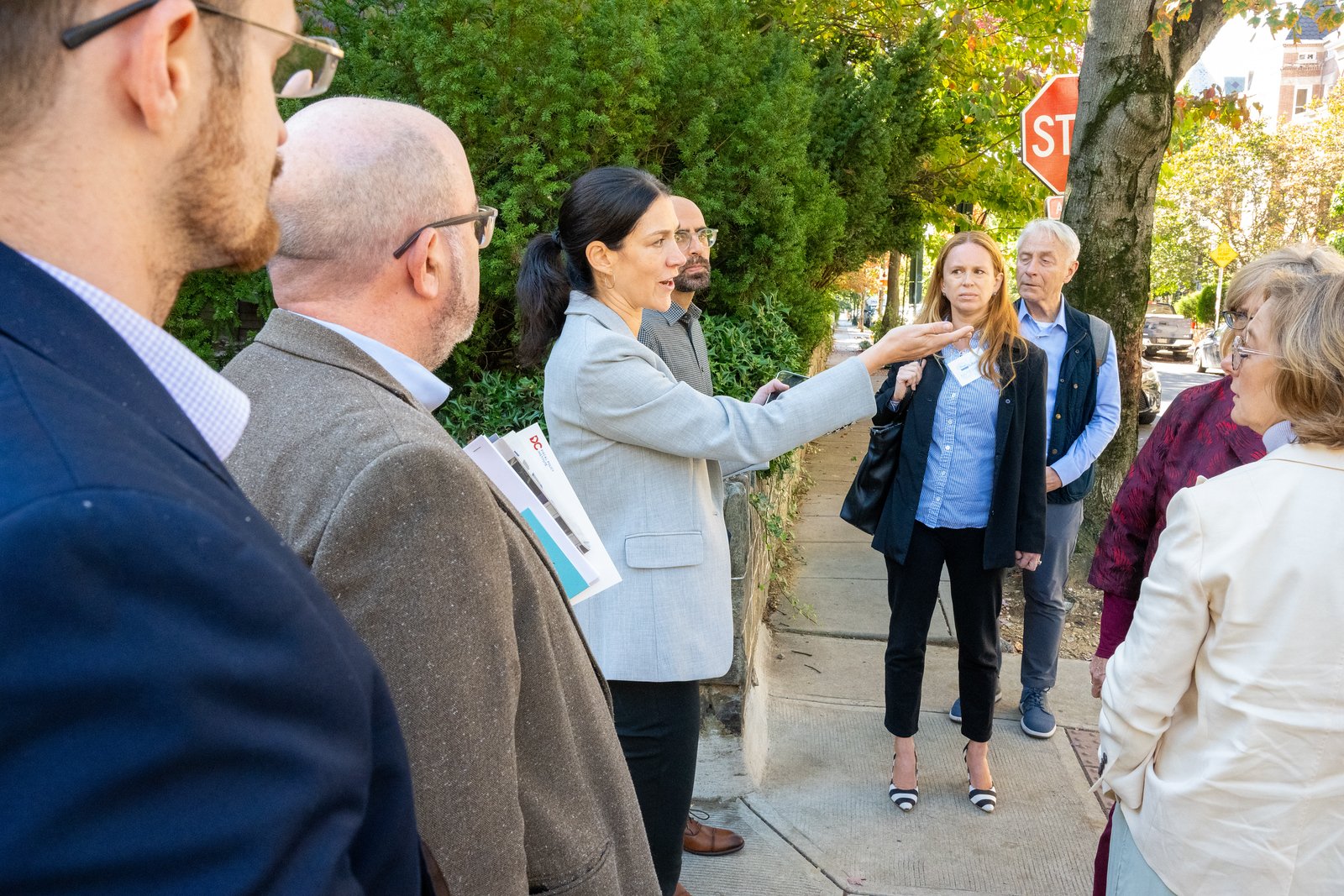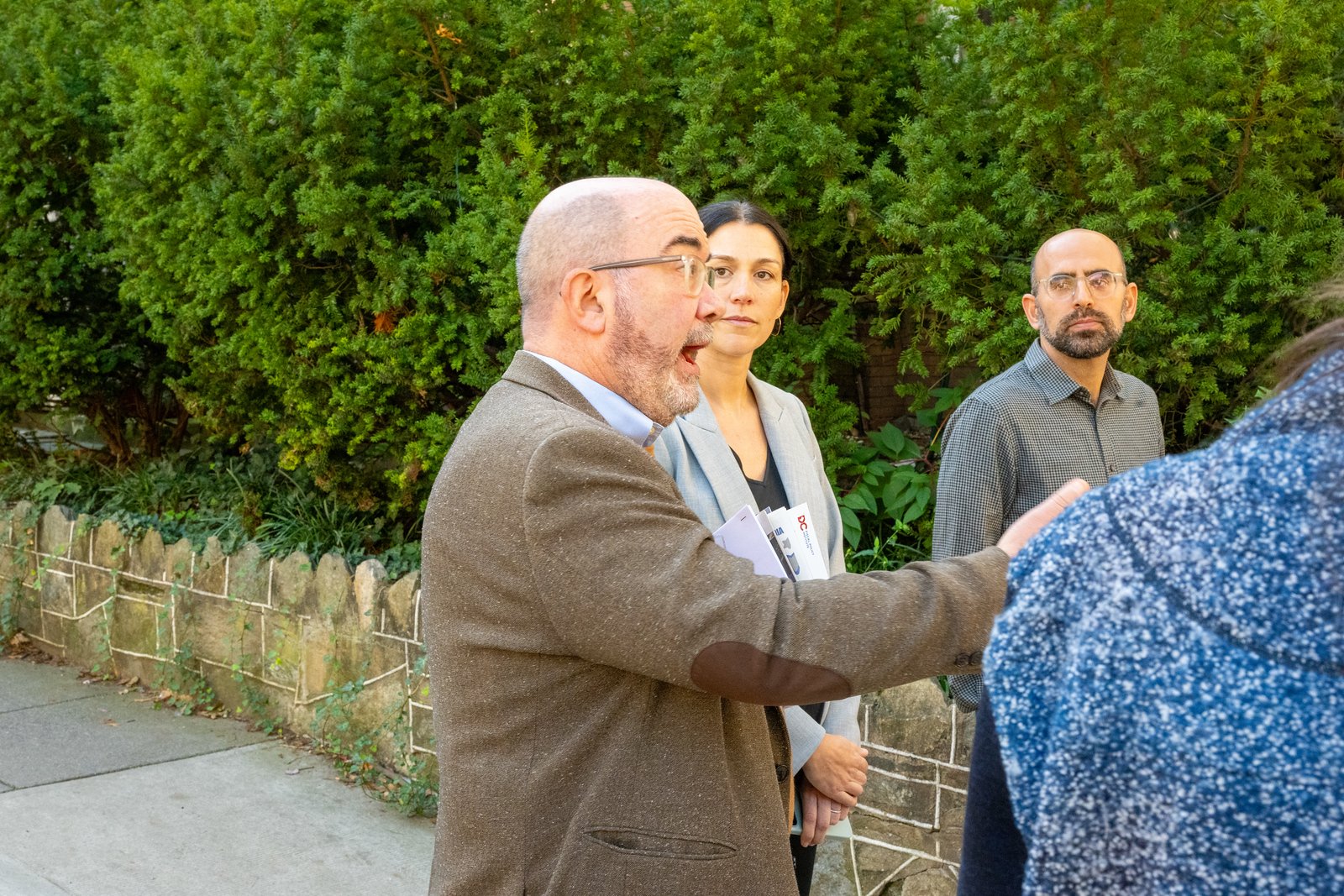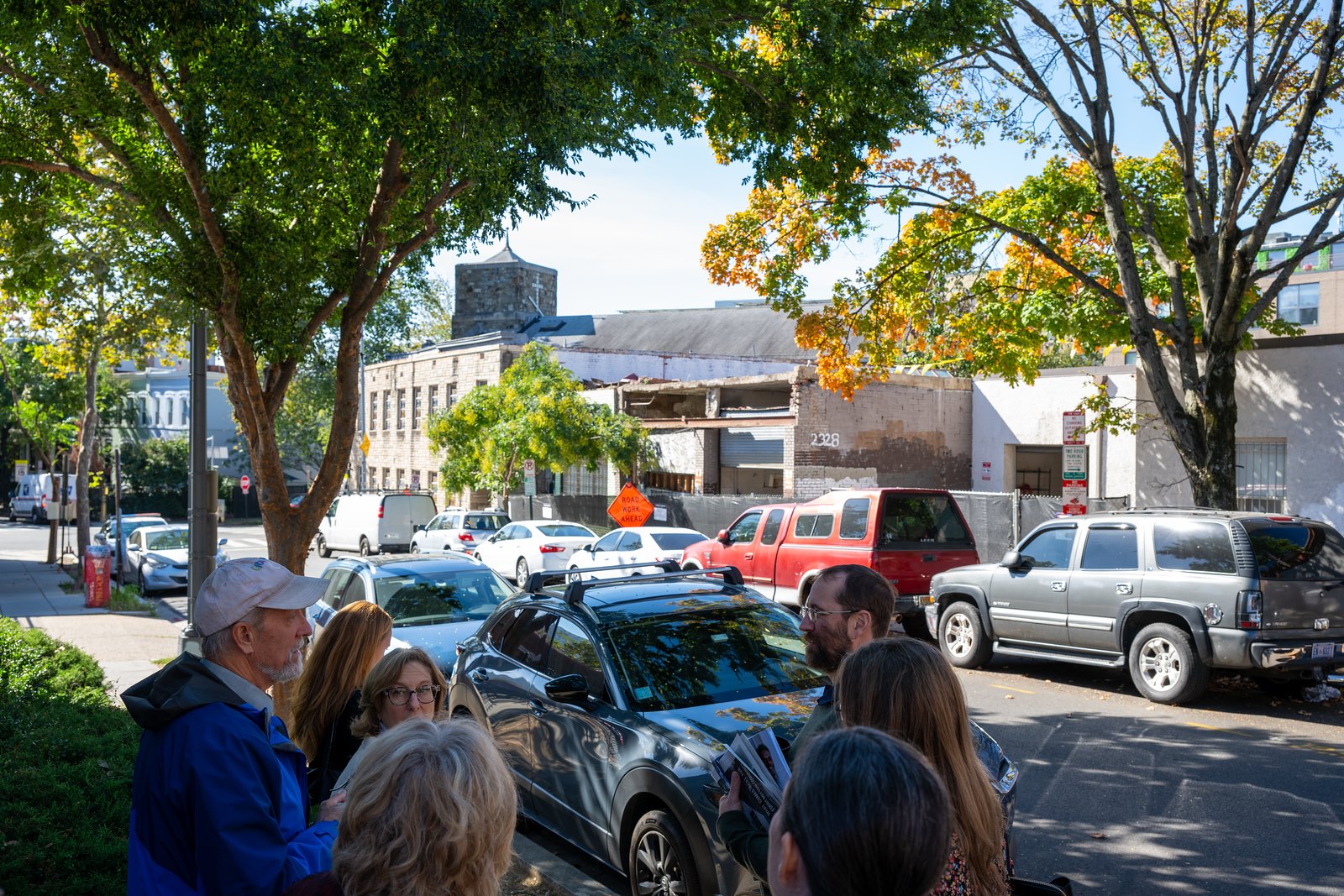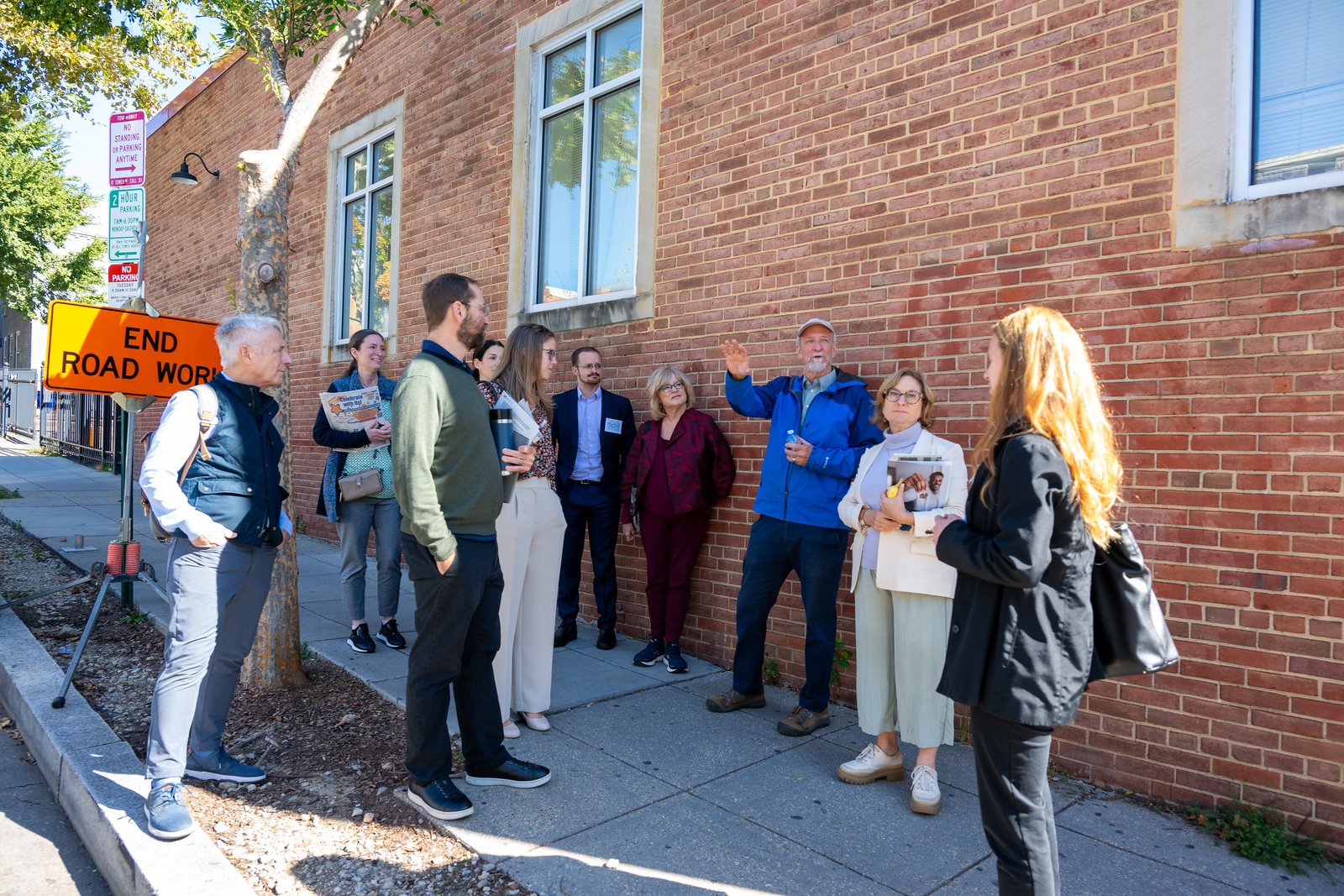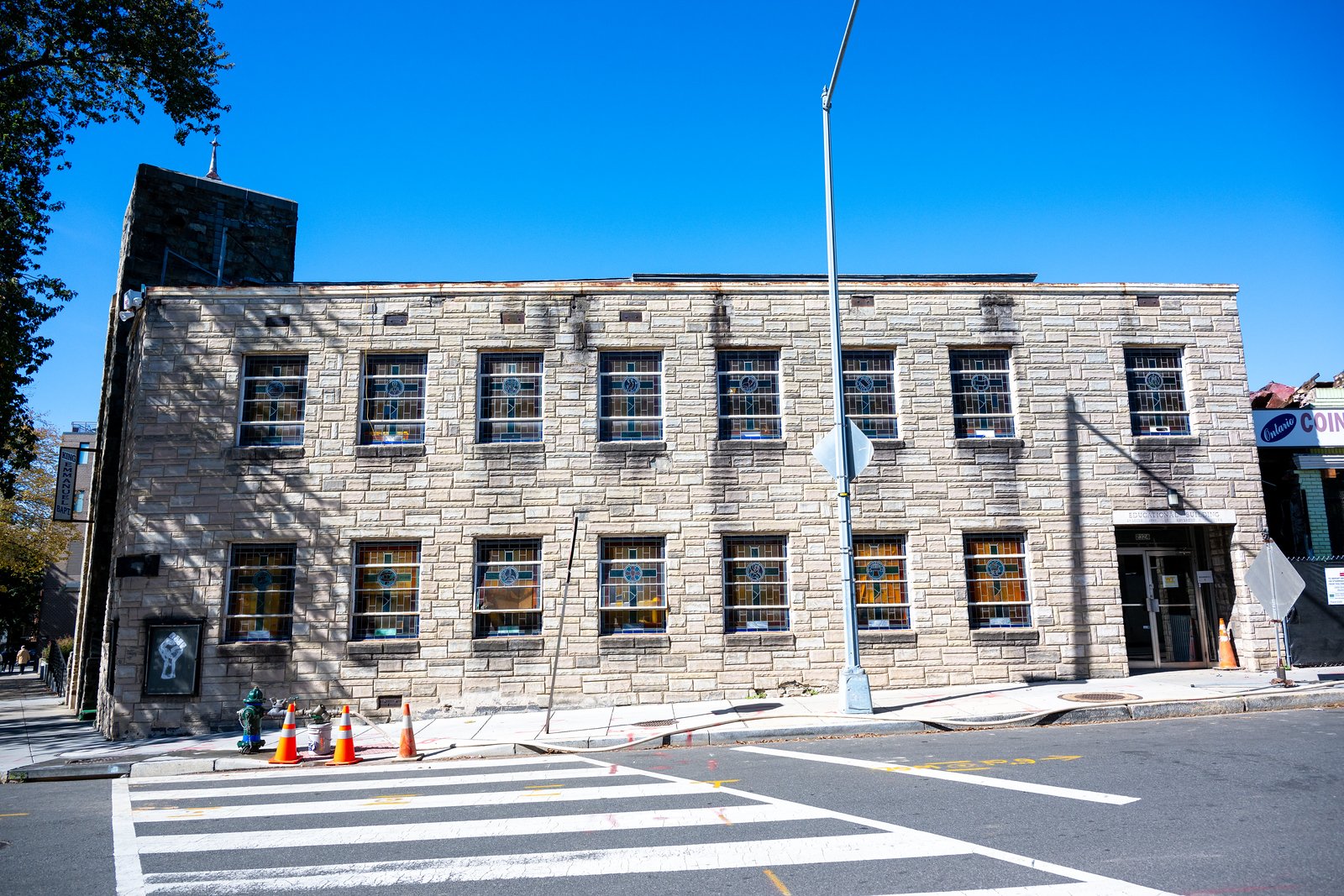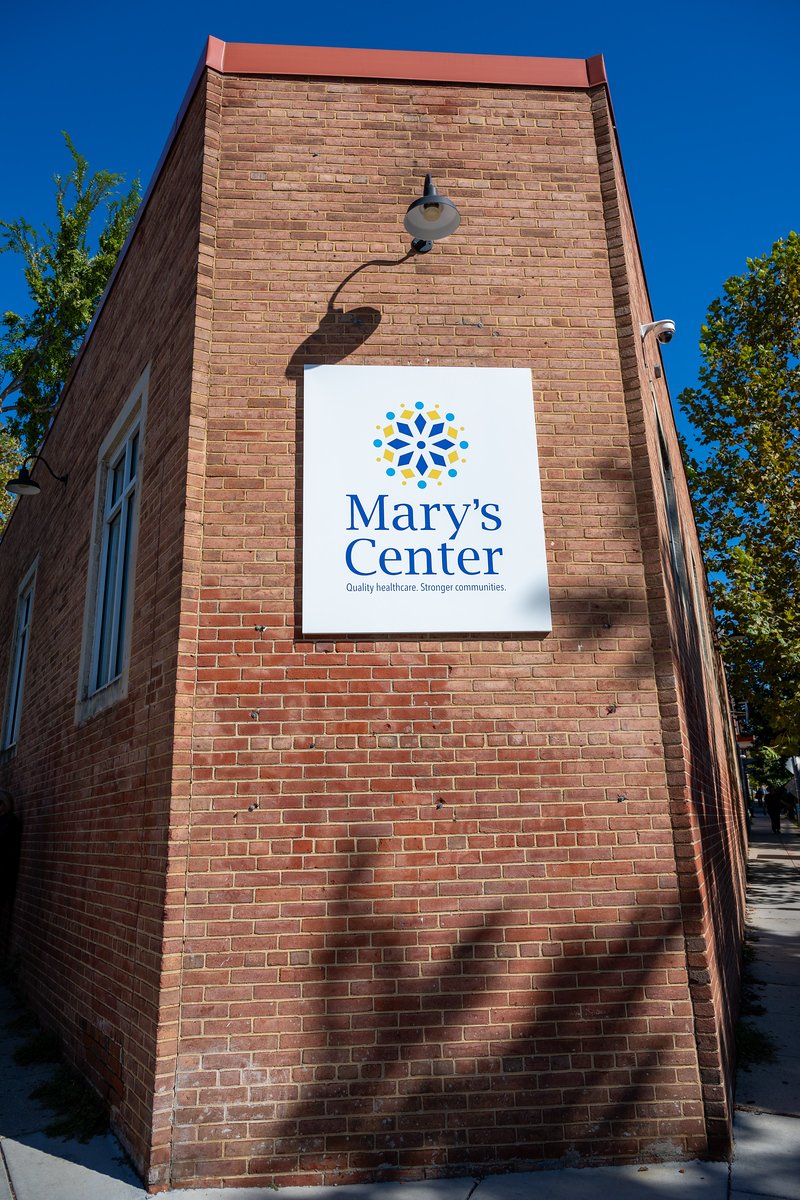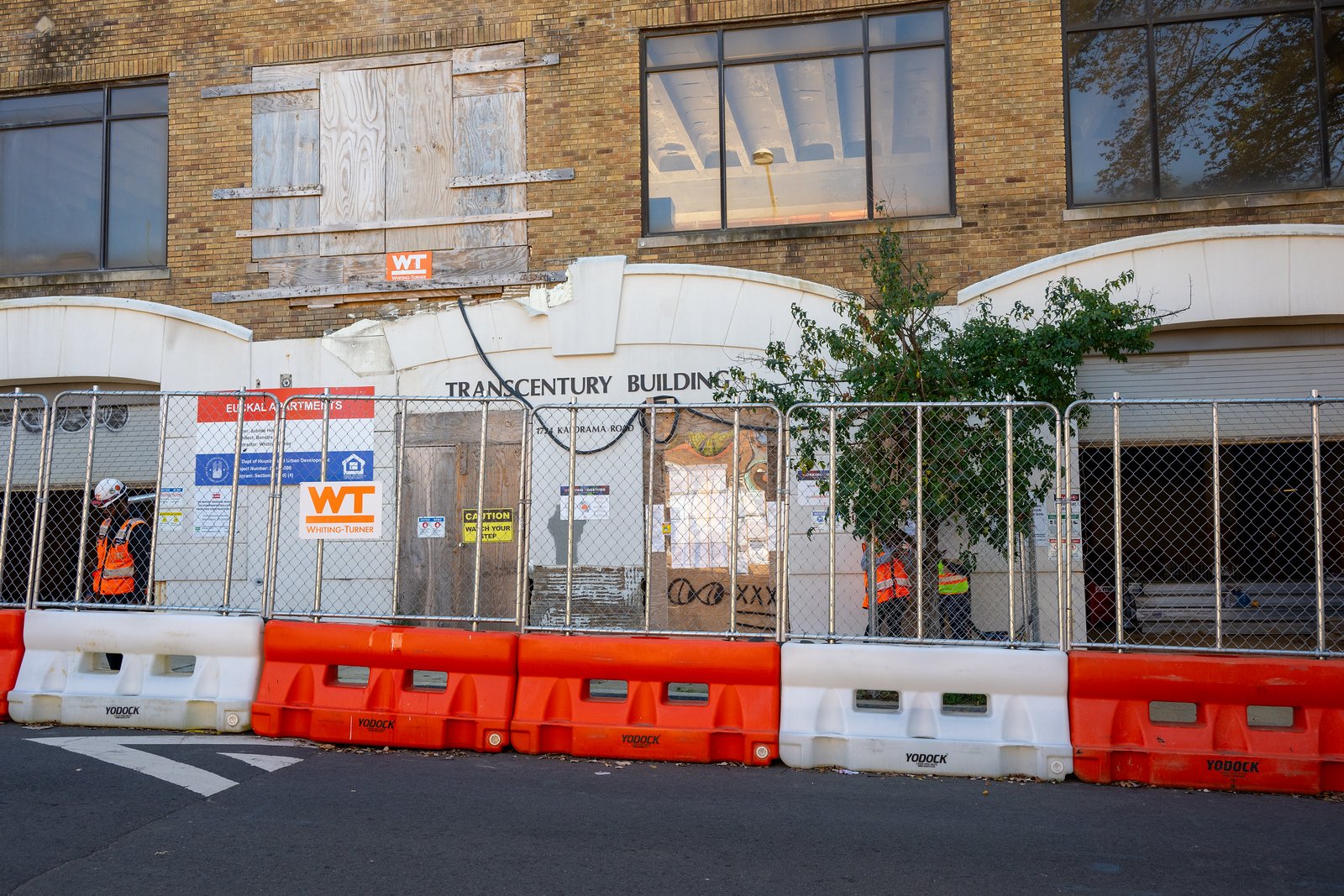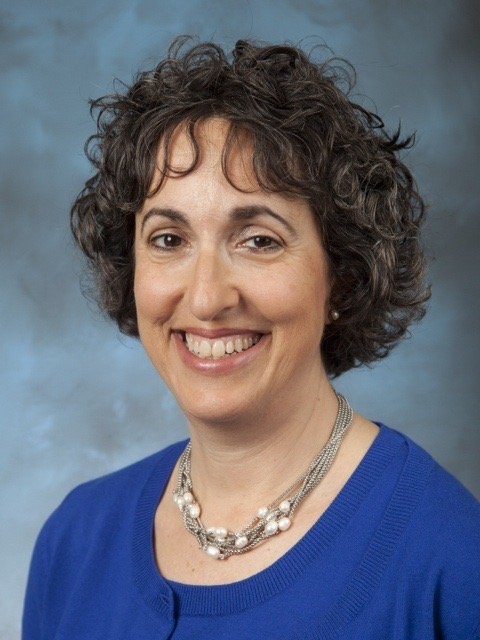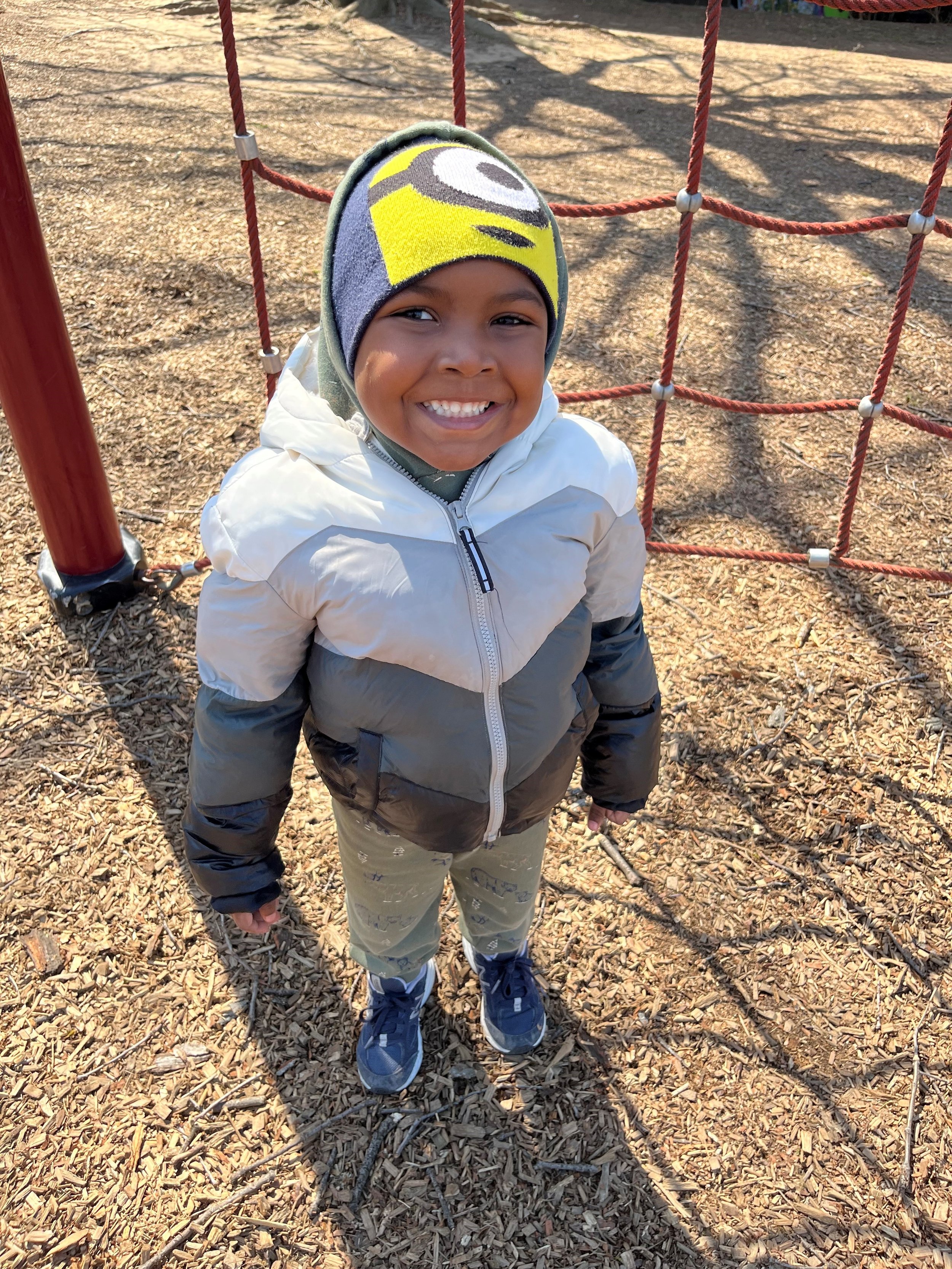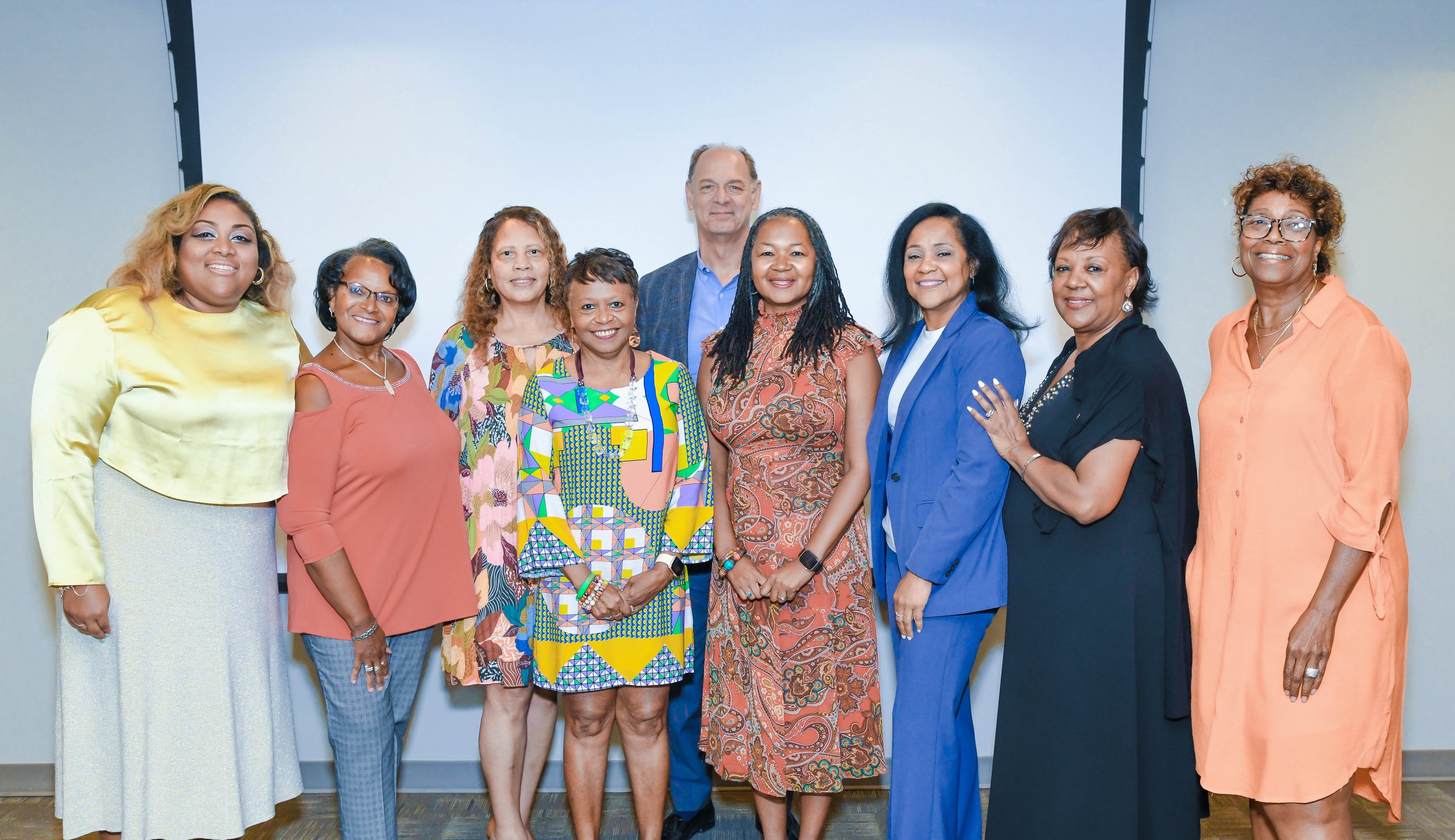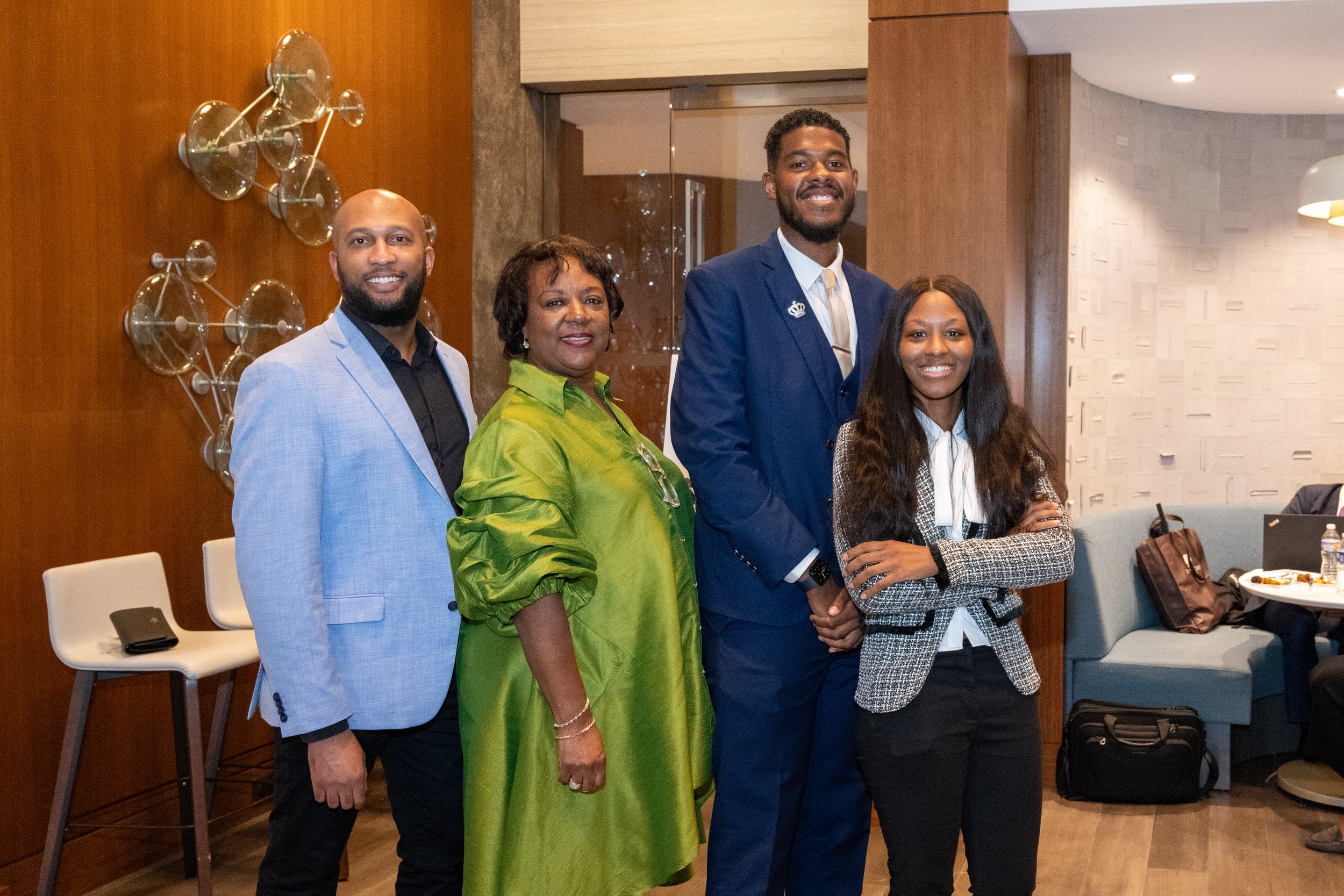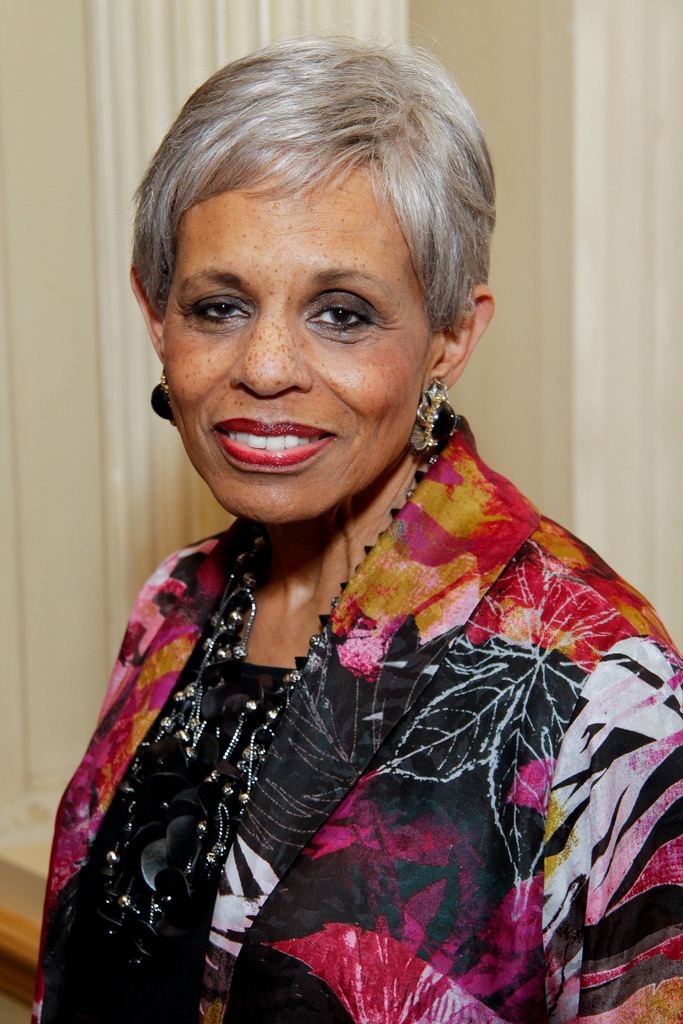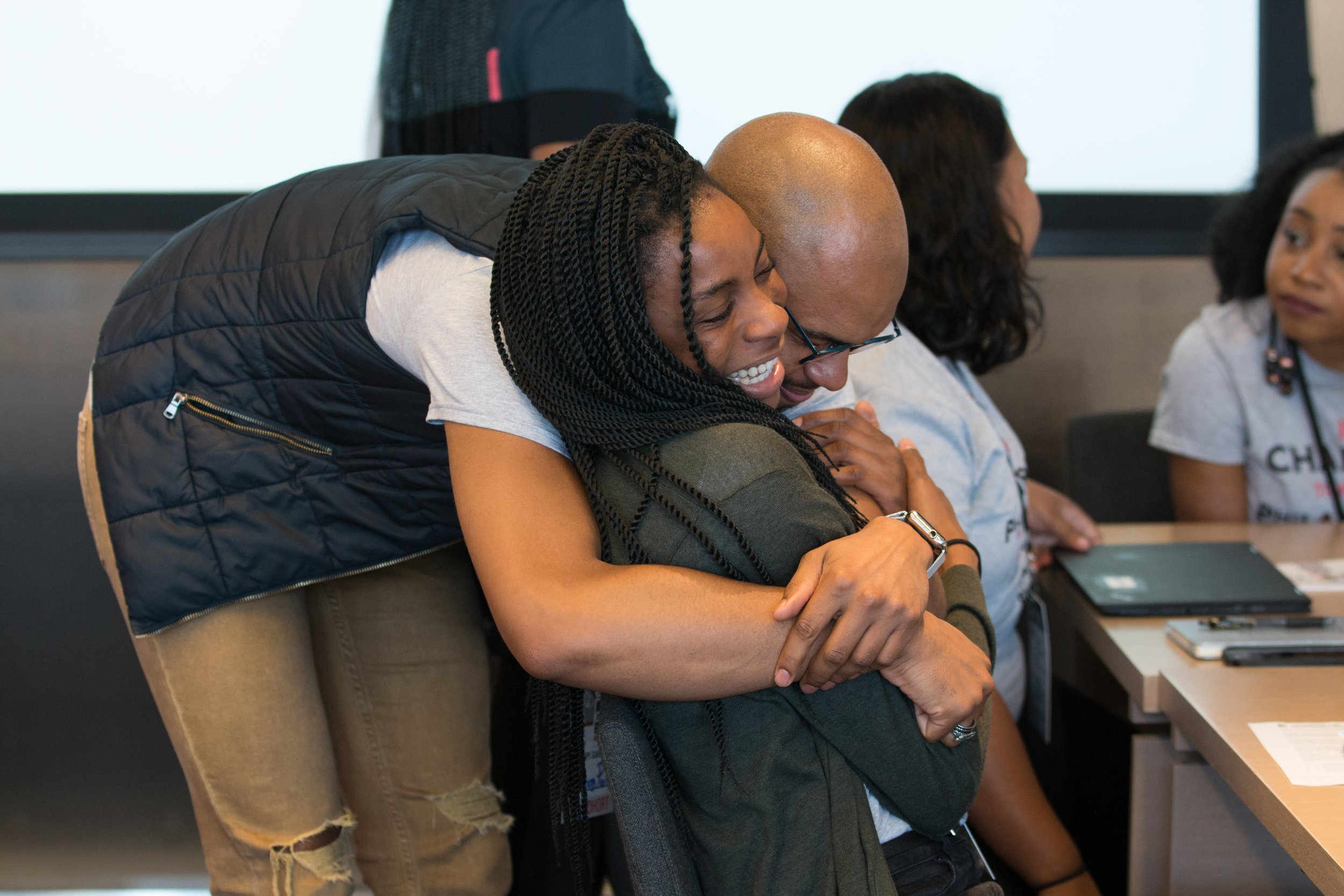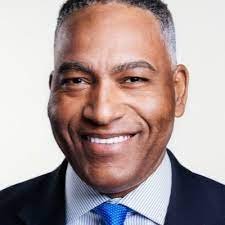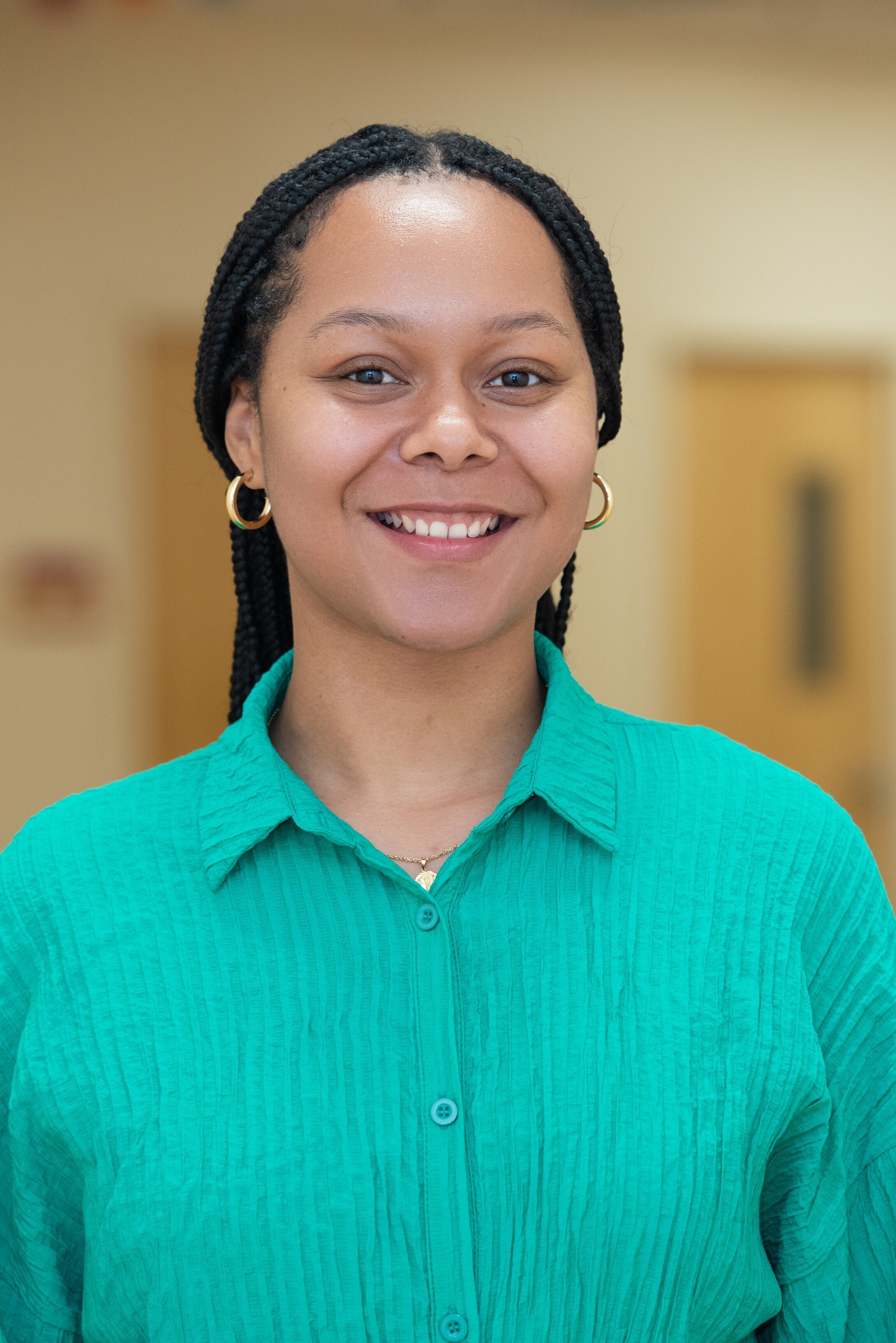The holidays are quickly approaching, which means so is December 31st. Now is the time to familiarize yourself with several essential year-end charitable giving techniques and deadlines as you prepare for year-end giving with your attorney, accountant, financial advisor, and The Community Foundation team.
Standard deduction reminders. Remember that the 2023 standard deduction for single taxpayers ($13,850) and married filing jointly ($27,700) is up nearly 7% over 2022. While this increase allows for more relief from income tax for most filers, it also sets a higher bar to exceed for those who itemize deductions. Keep your household's standard deduction amount in mind when you tally your deductible expenditures, including your gifts to charity.
Itemization and bunching. If your total deductions are at or under the standard deduction amount for 2023, but you and your advisors determine that your particularly high income this year means you could benefit from increased deductions, a "bunching" strategy may be a good fit for you. "Bunching" means you are "front-loading" charitable donations into the current year, knowing that you plan to make these donations in future years.
By structuring a sizeable year-end gift to your donor-advised fund at The Community Foundation, you could surpass the standard deduction threshold to further reduce your taxes in 2023. Then, your favorite organizations can receive support from your donor-advised fund this year and in subsequent years.
Stock, not cash! Don't automatically reach for the checkbook as you prepare for year-end giving! Gifts of long-term appreciated stock to your donor-advised or other type of fund at the community foundation is always one of the most tax-savvy ways to support your favorite charitable causes because capital gains tax can be avoided.
Not only will transfers be eligible for a charitable deduction during the year of transfer (and at fair market value if you held the shares for more than one year), but these gifts could potentially reduce income tax burdens triggered upon a future sale of the business.
QCDs from IRAs. Remember that the Qualified Charitable Distribution ("QCD") is an ingenious way to support charitable causes. If you are over 70 ½, you can direct up to $100,000 from your IRA to specific charities, including a field-of-interest or designated fund at the community foundation. If you're subject to the Required Minimum Distributions (RMDs) rules, QCDs count toward those RMDs. That means you avoid income tax on the funds distributed to charity.
Don't miss year-end deadlines. Remember it takes time to process your charitable giving! Donor Advised Fundholders who wish to submit grant recommendations must do so by December 15th.
Checks to your fund at The Community Foundation must be postmarked or hand-delivered no later than December 29th to be eligible for a 2023 tax deduction. Gifts of marketable securities also need to be fully transferred by December 29th, so please work with your advisors to contact us in plenty of time for our team to process and receive the transfer. Click here for more information about year-end deadlines!
If you have questions or would like additional information to help meet your year-end giving goals, The Community Foundation stands ready to help! Contact our Donor Services team at [email protected]


